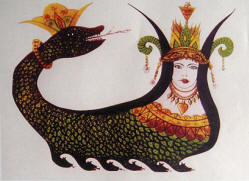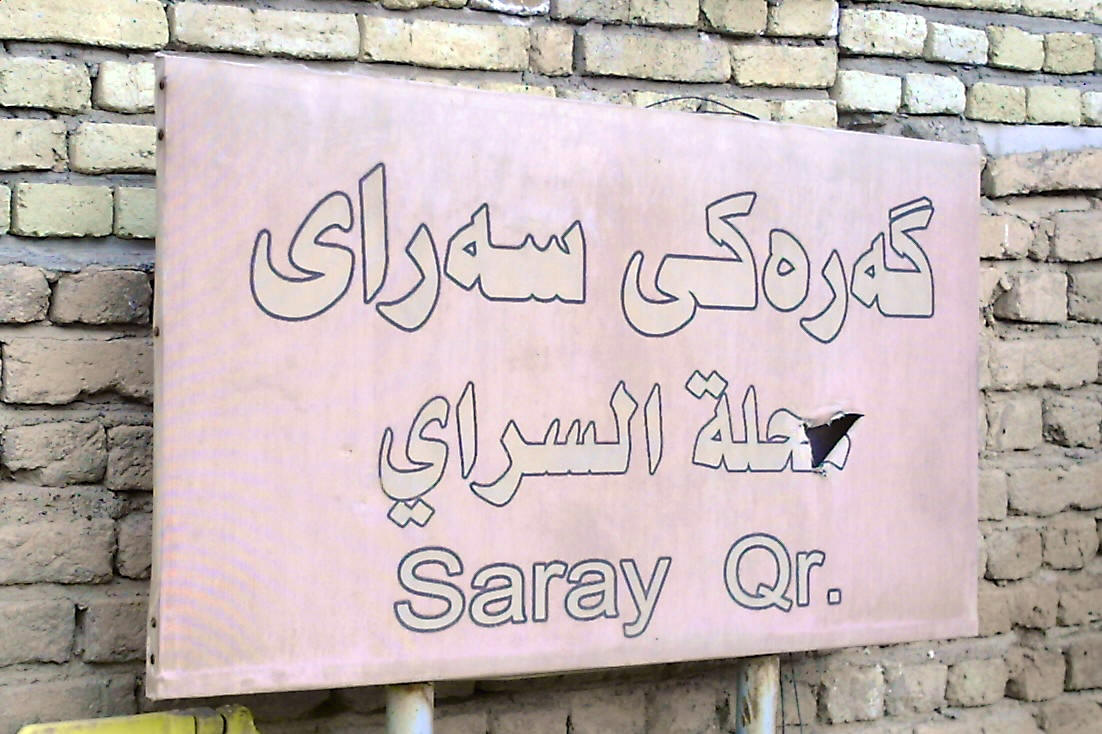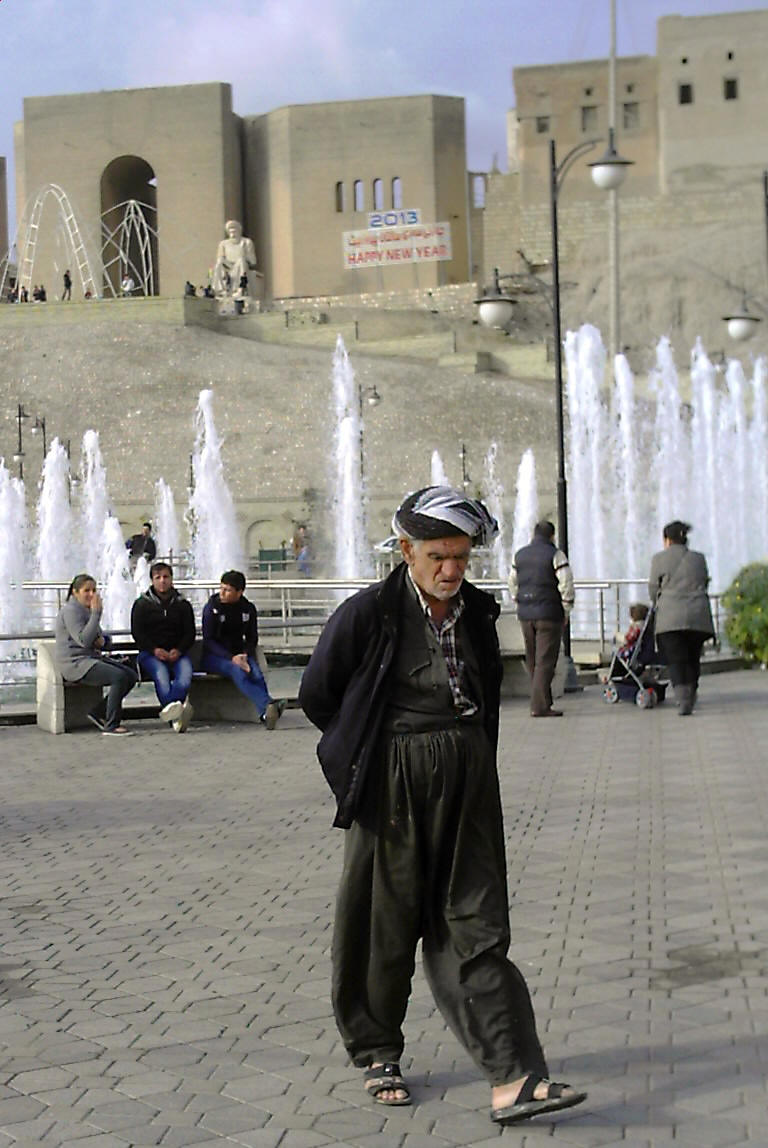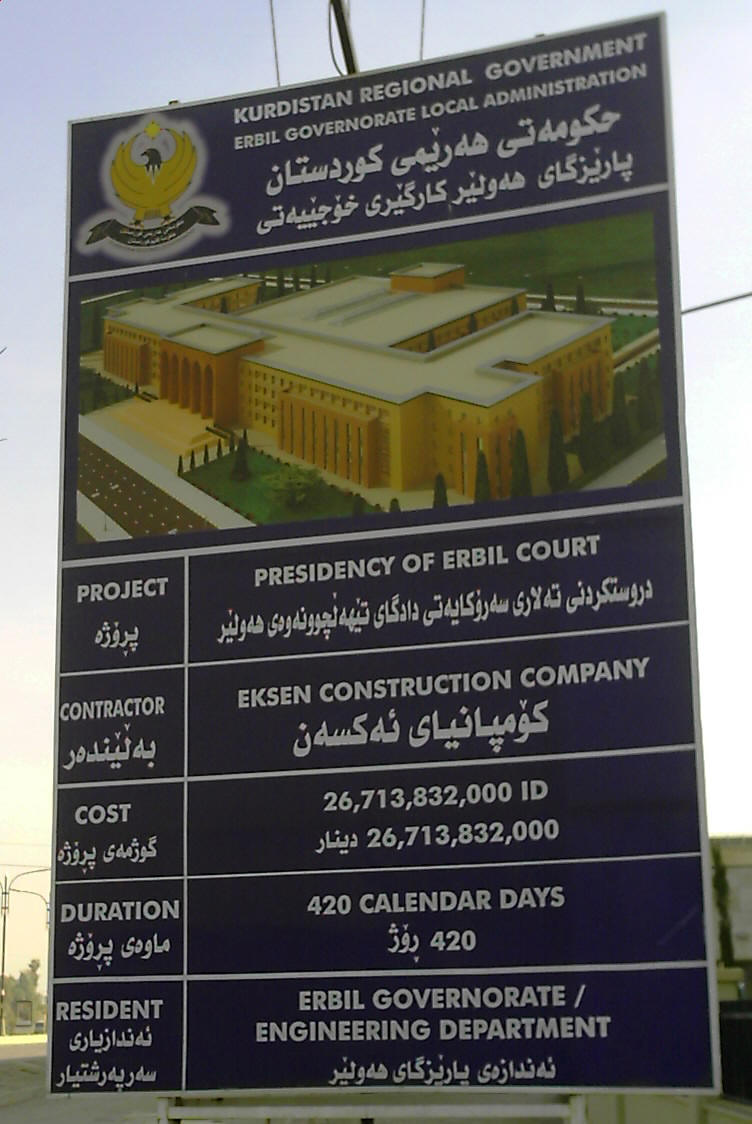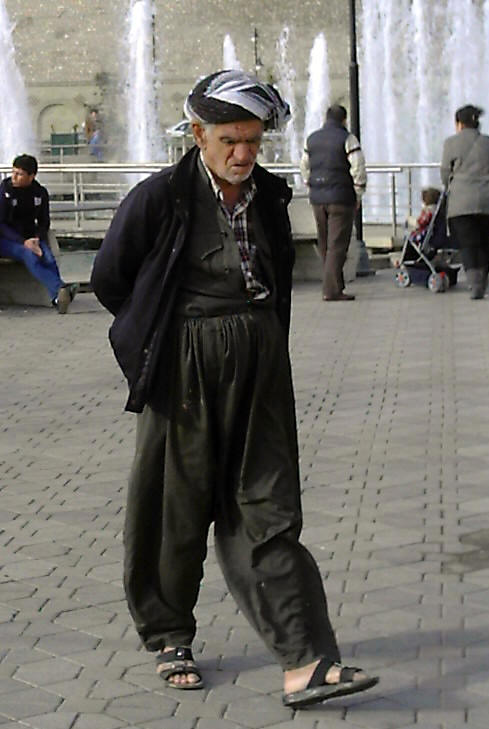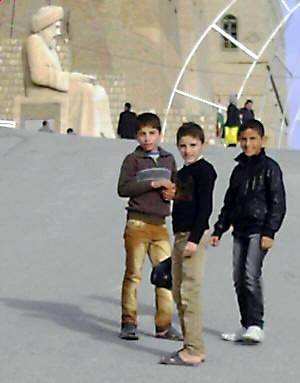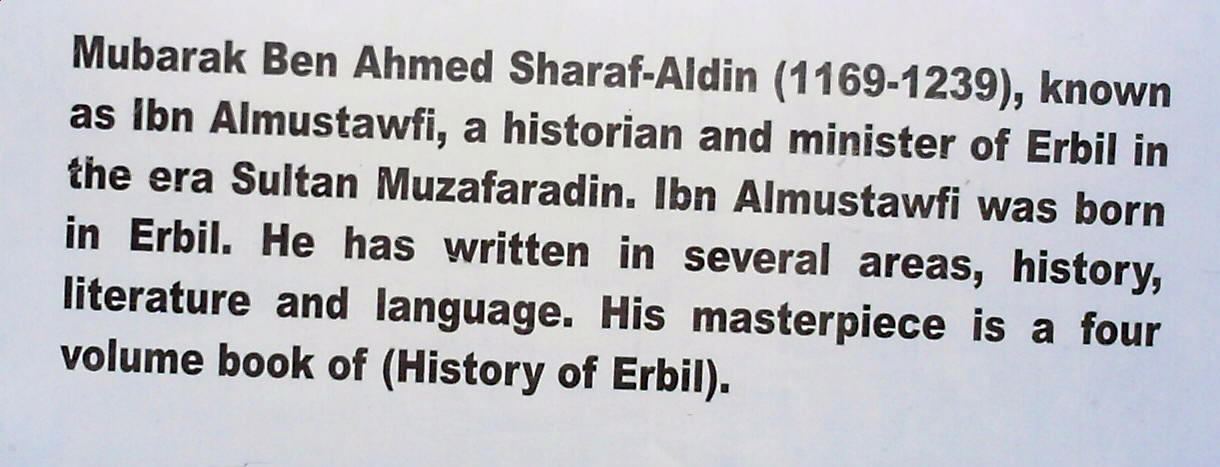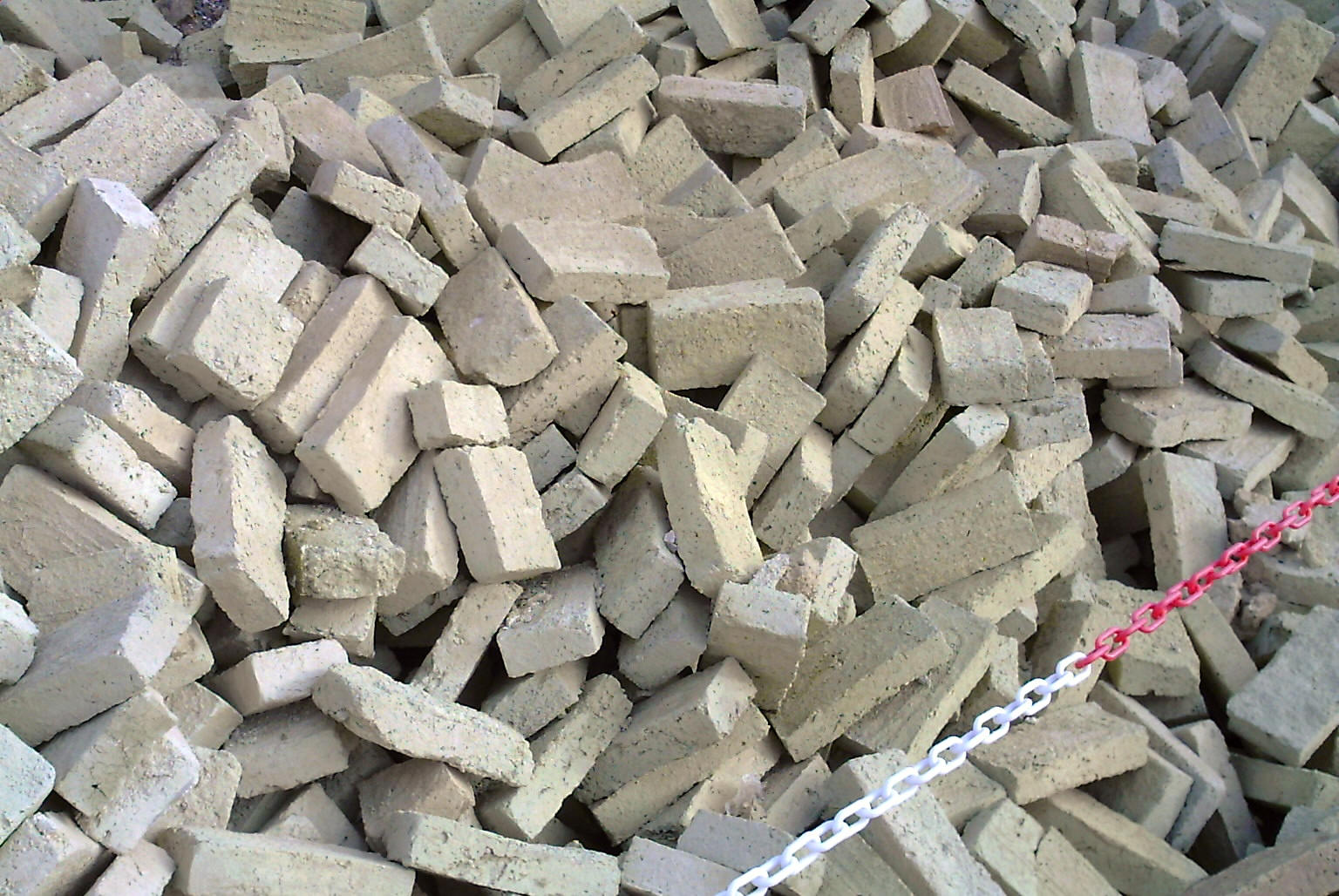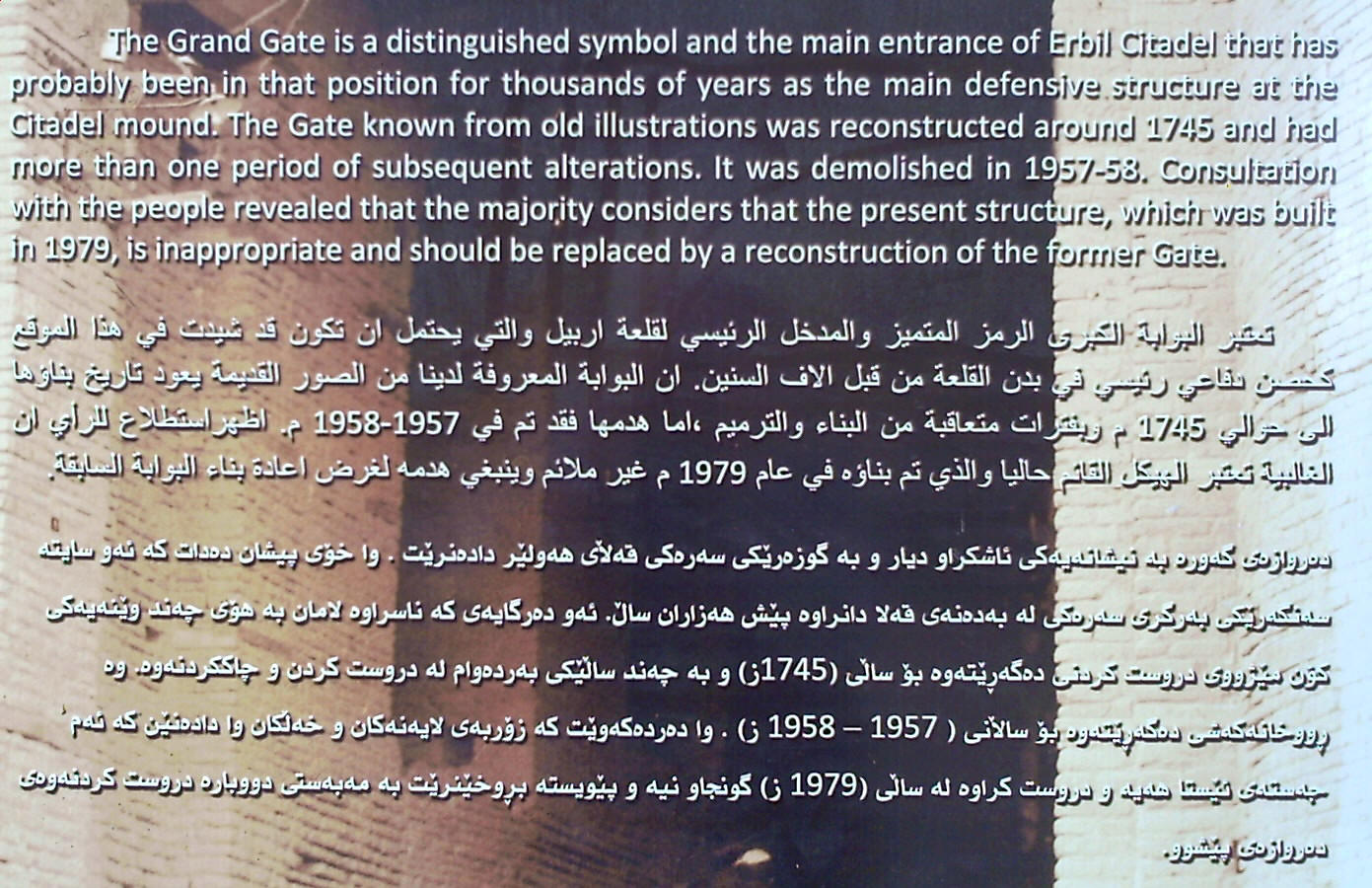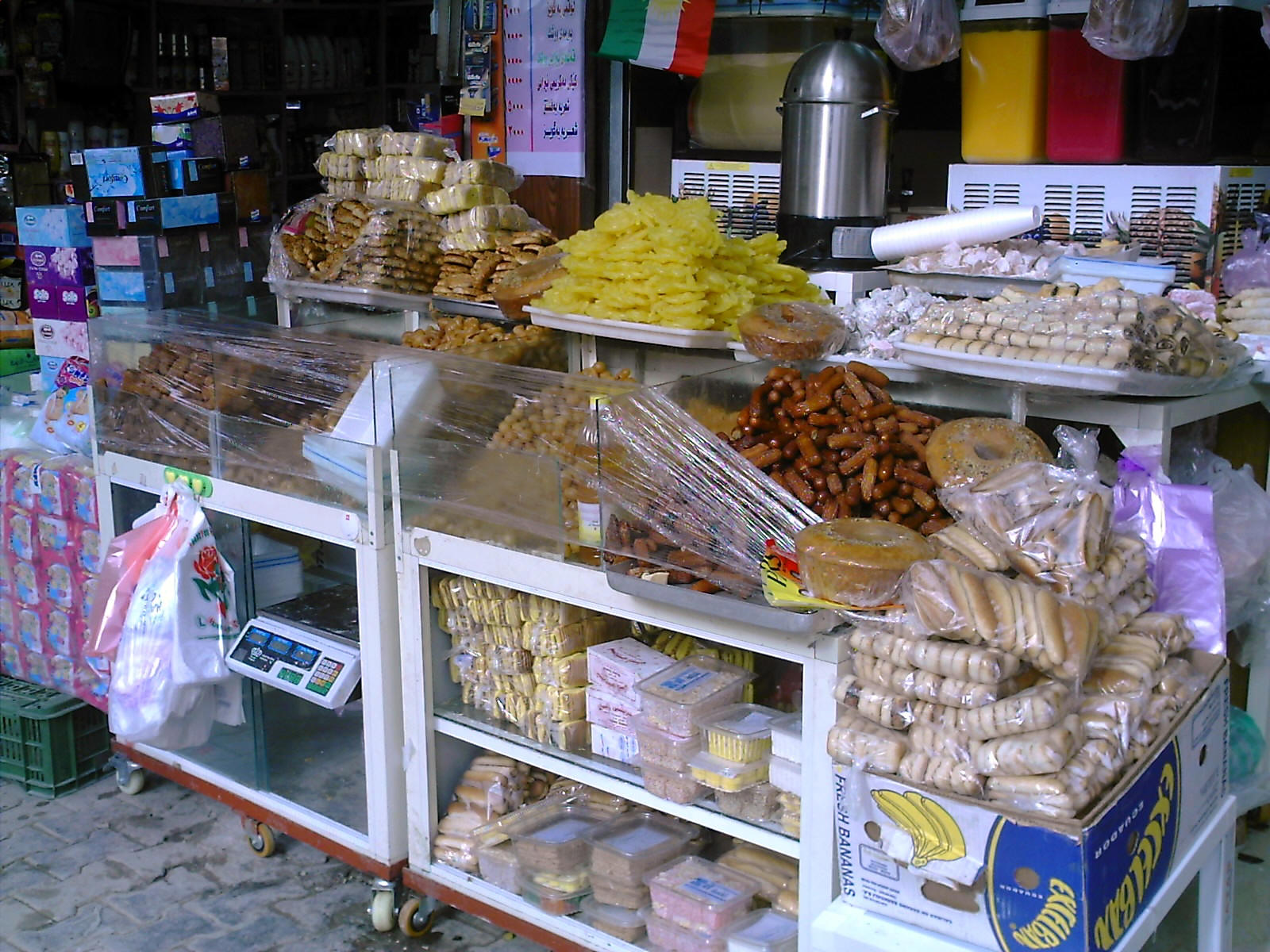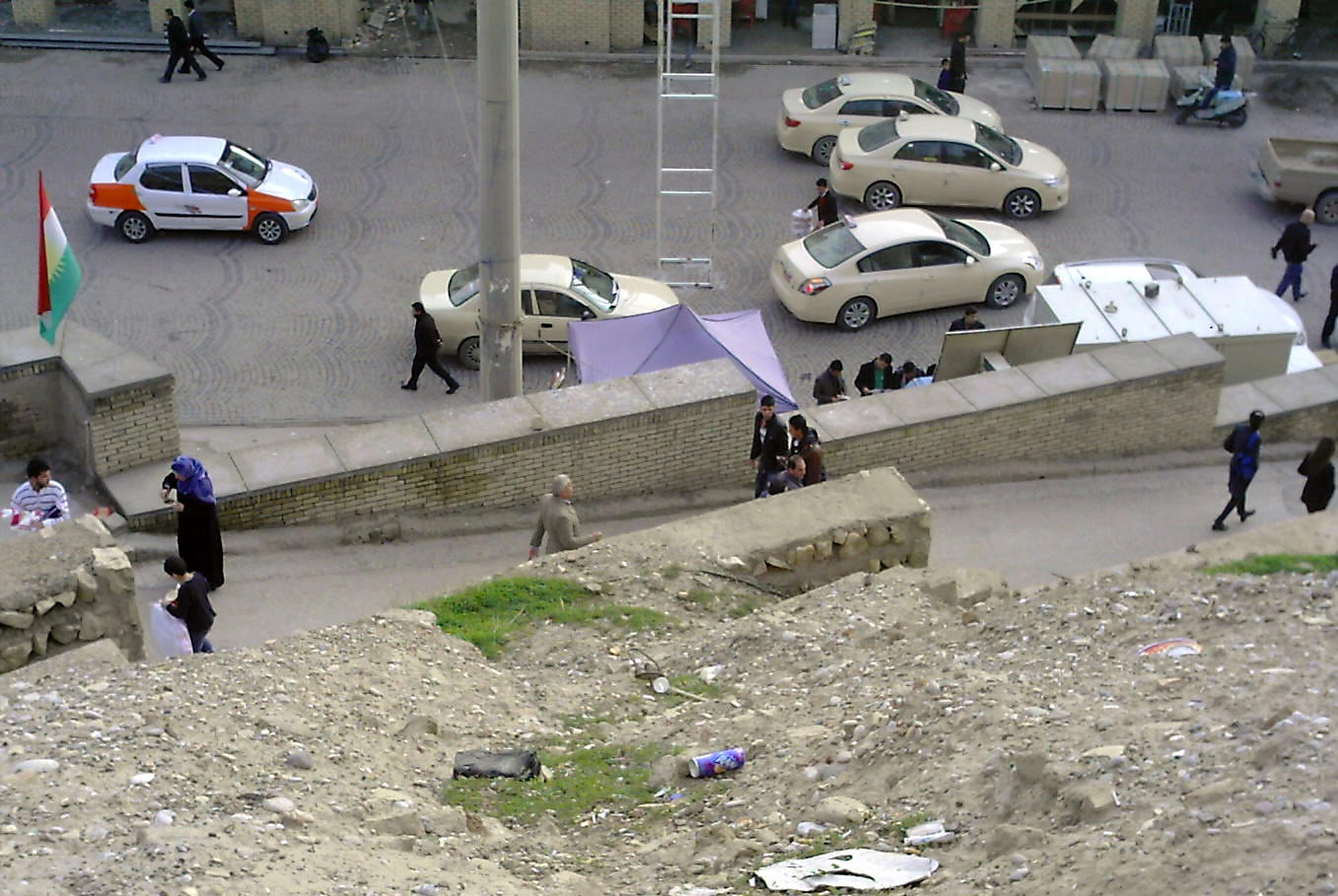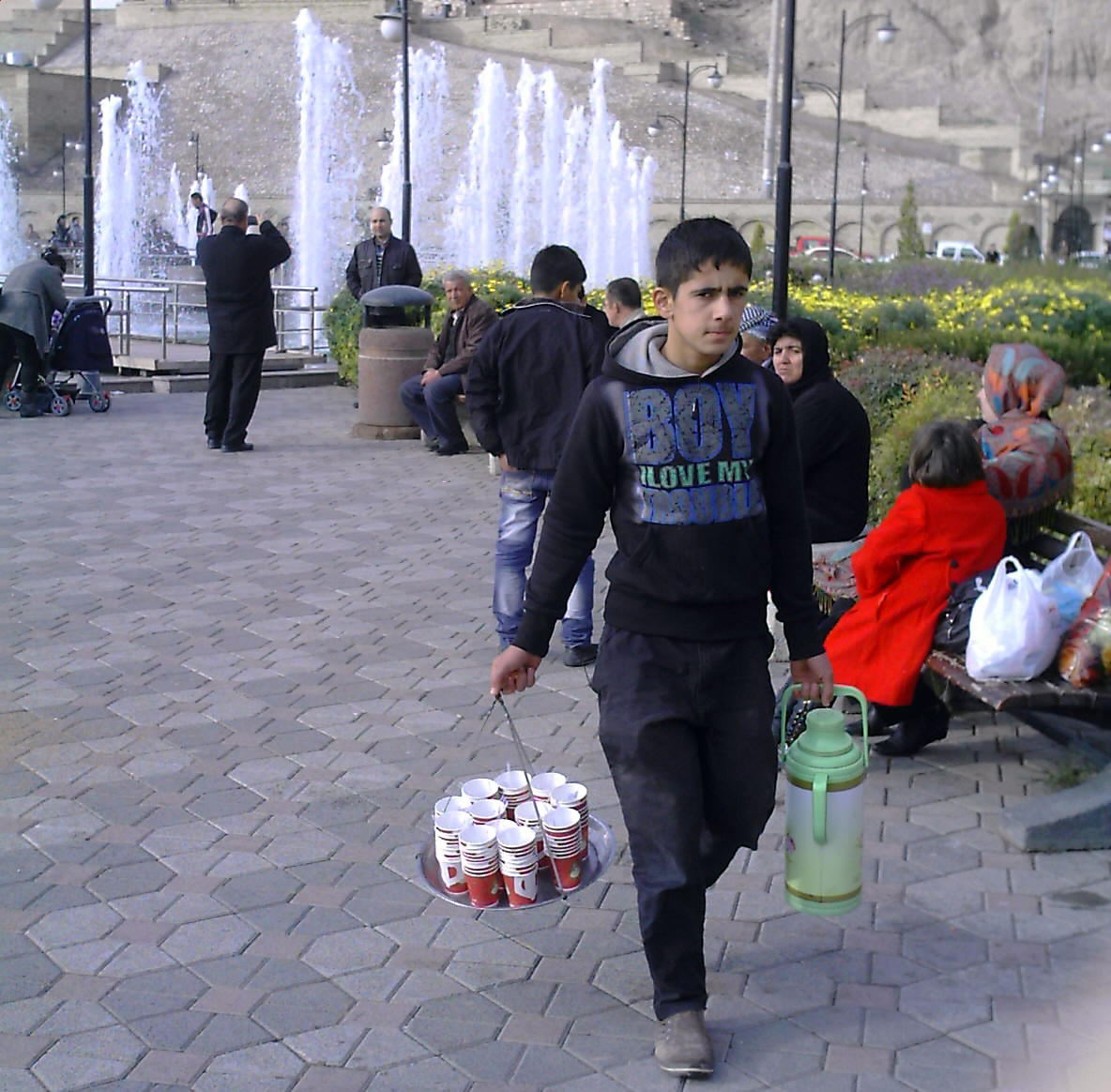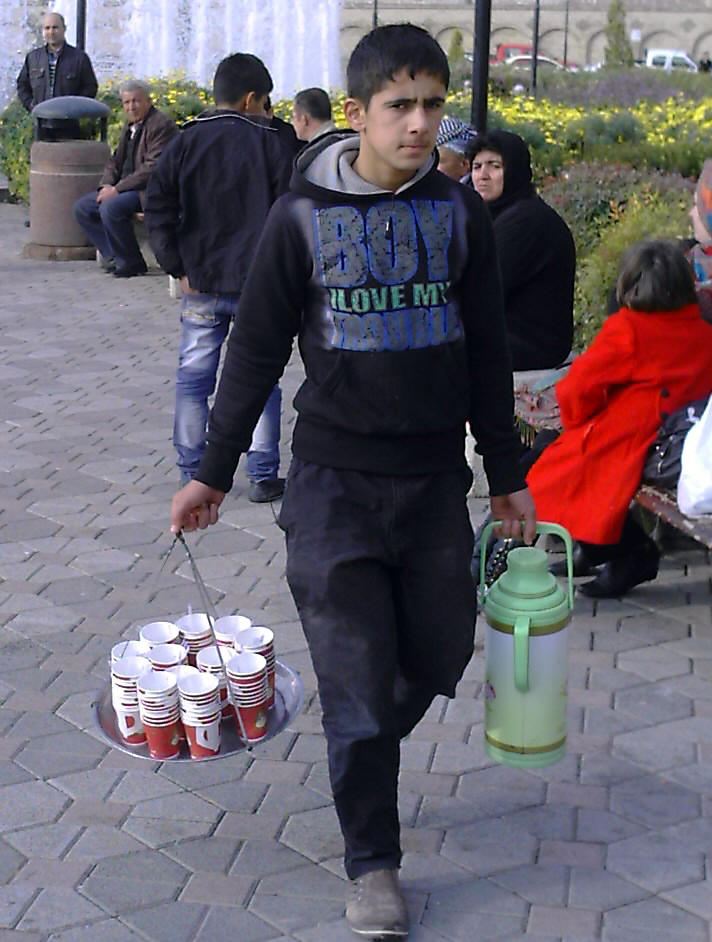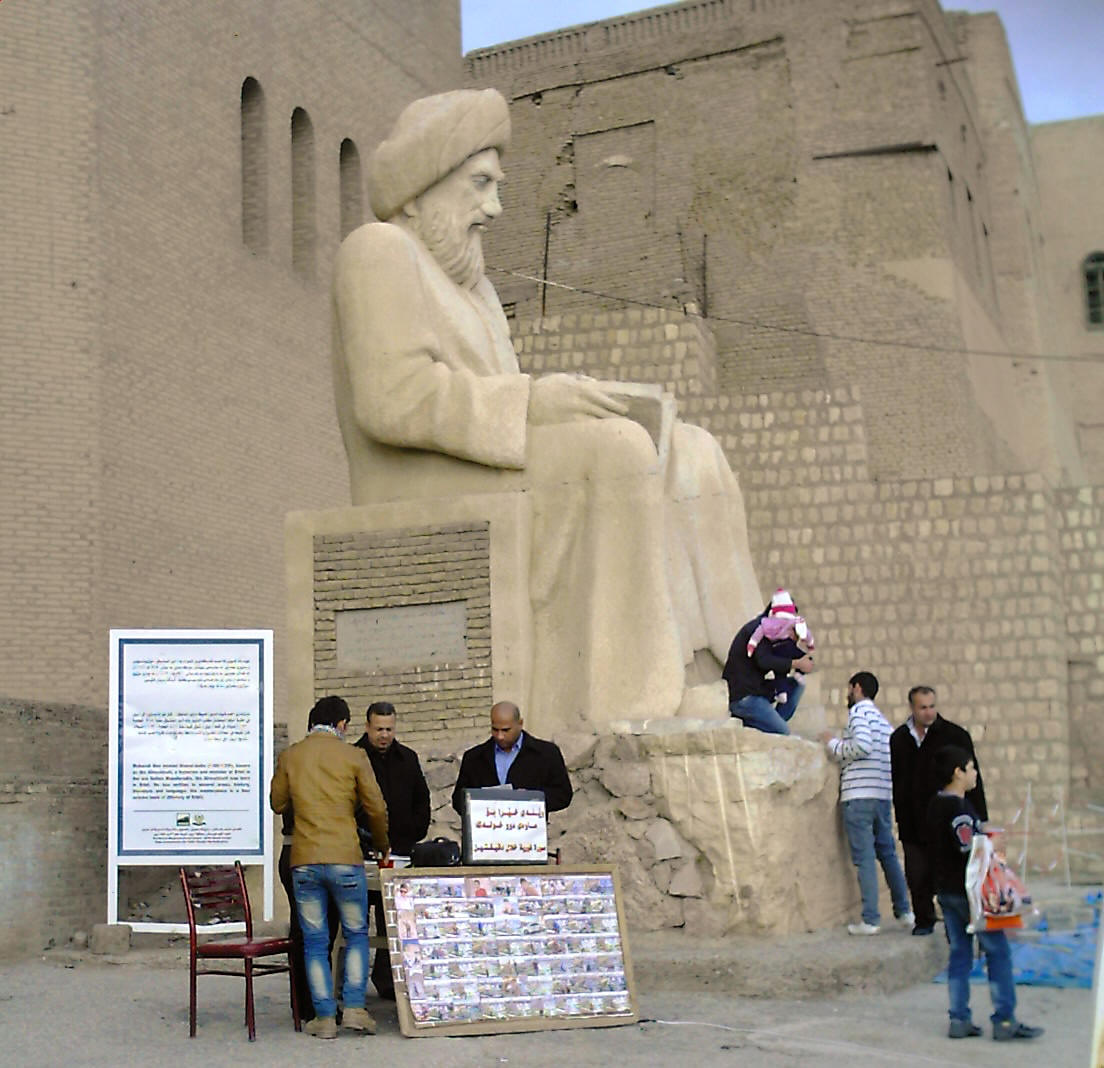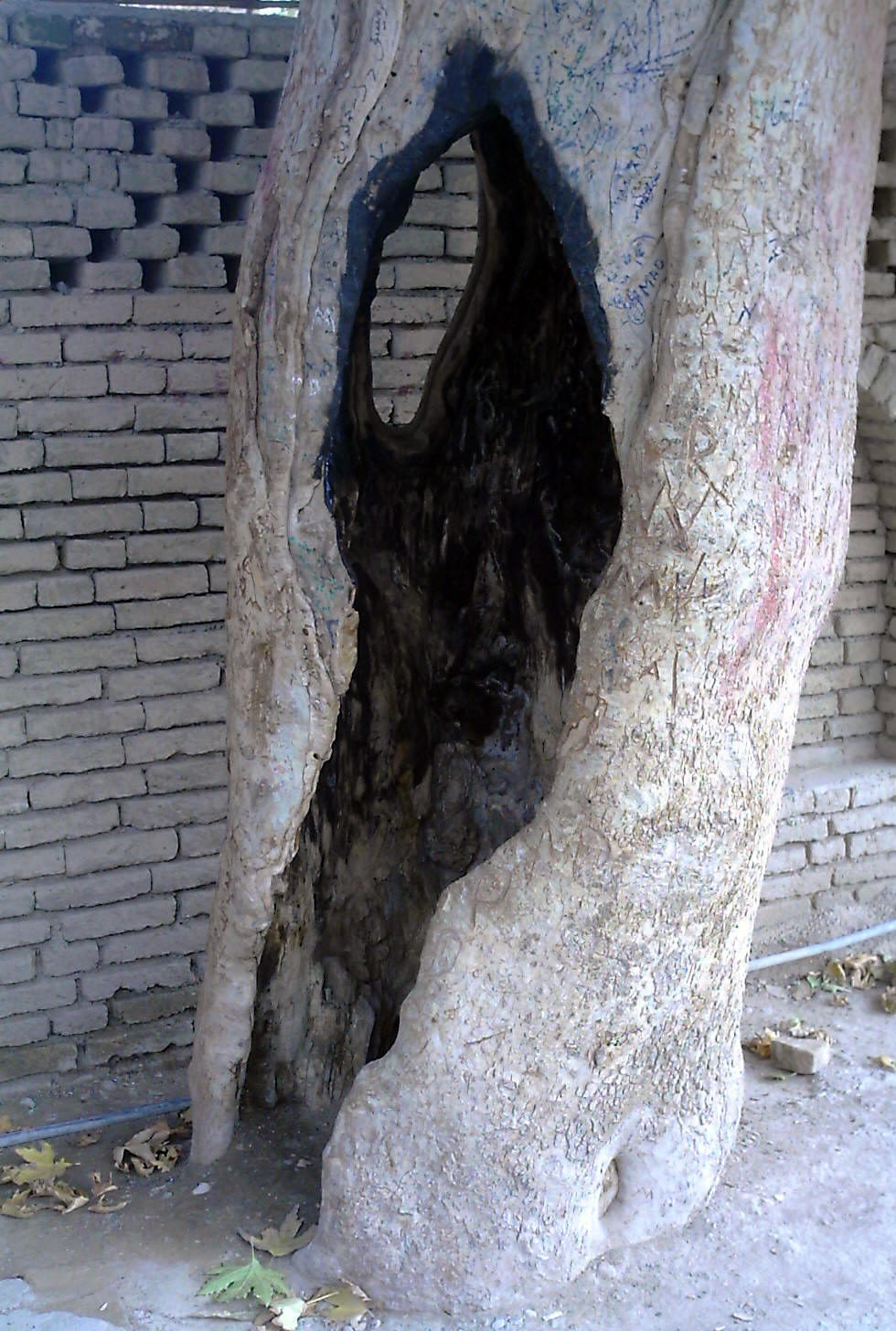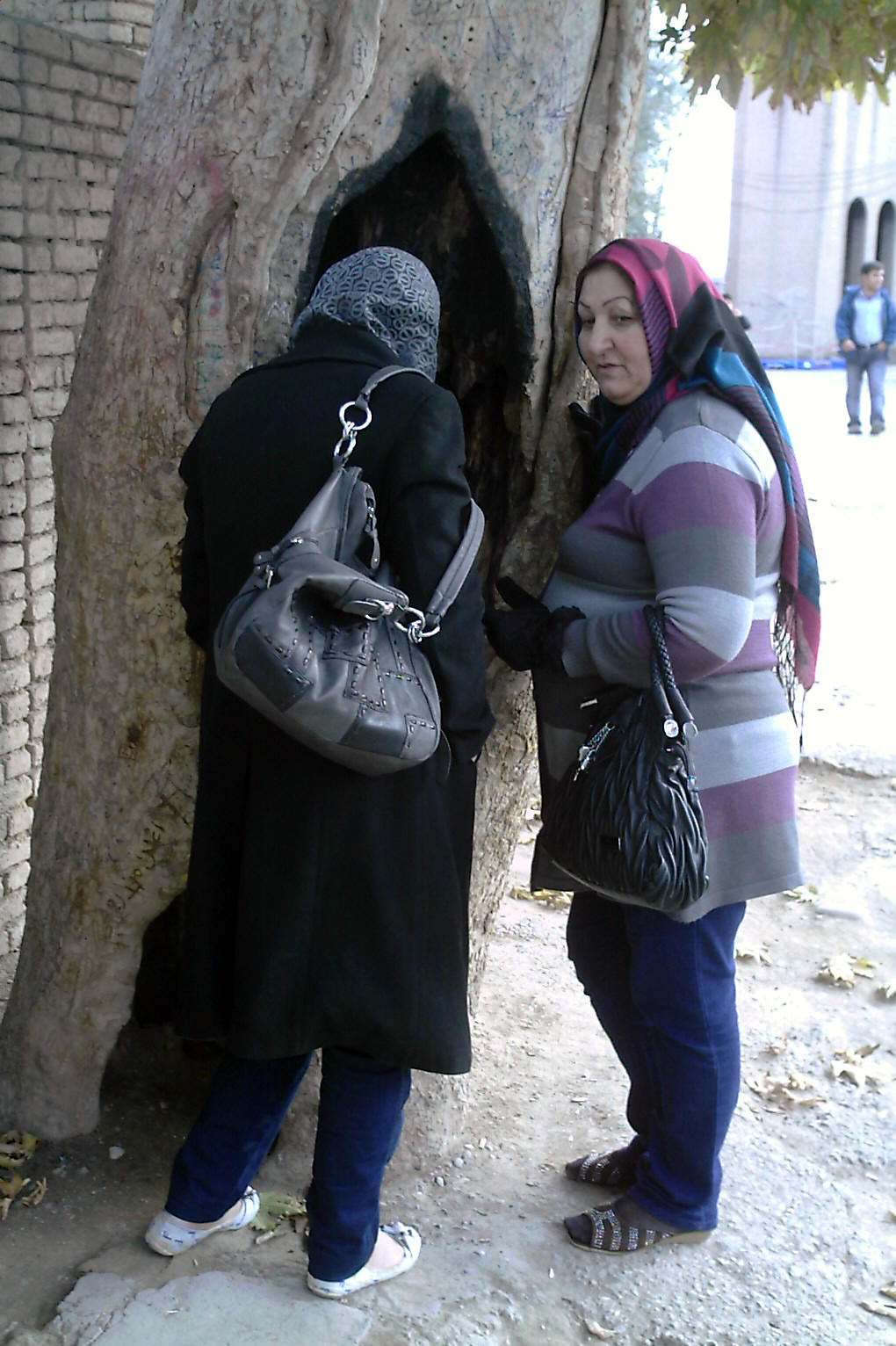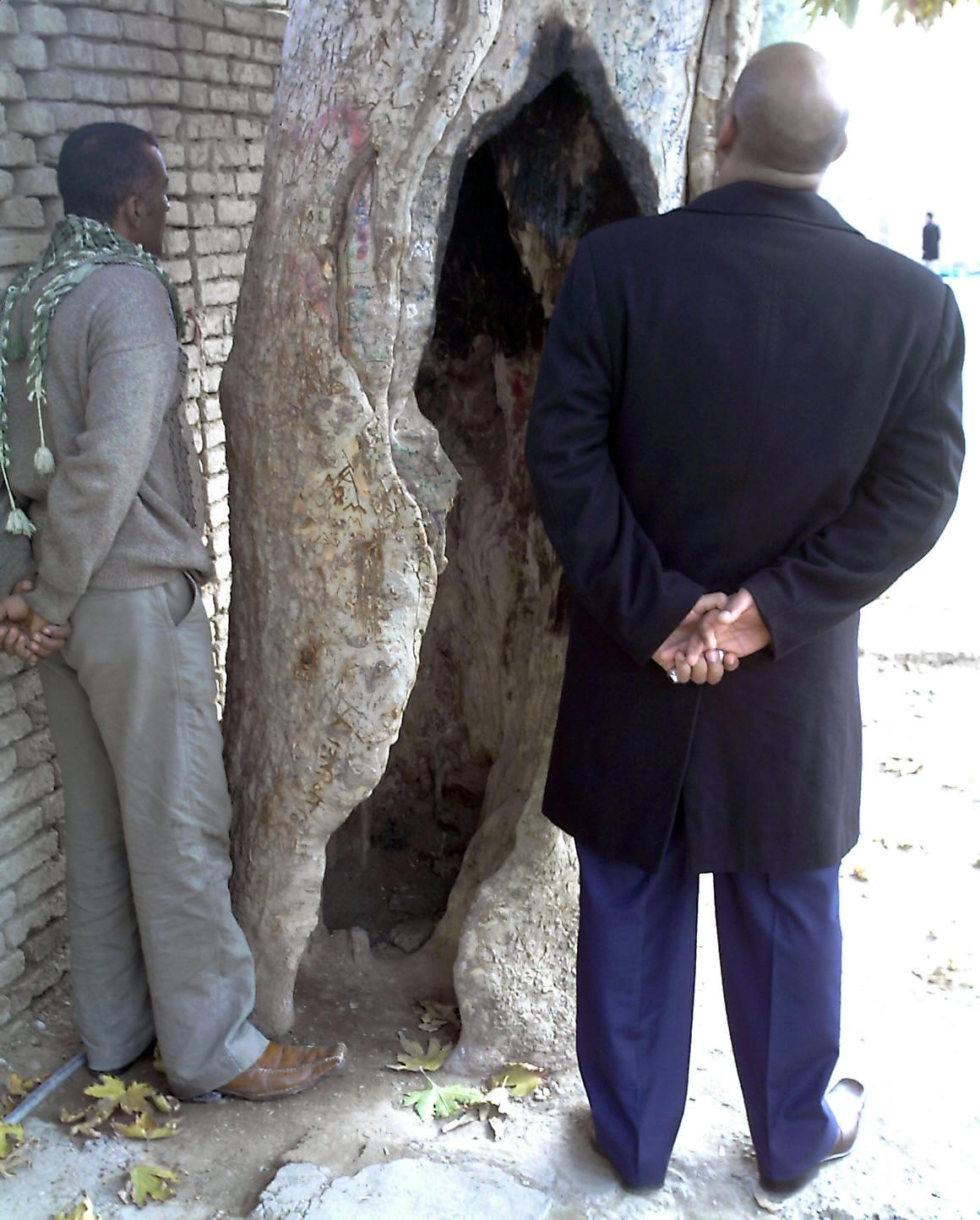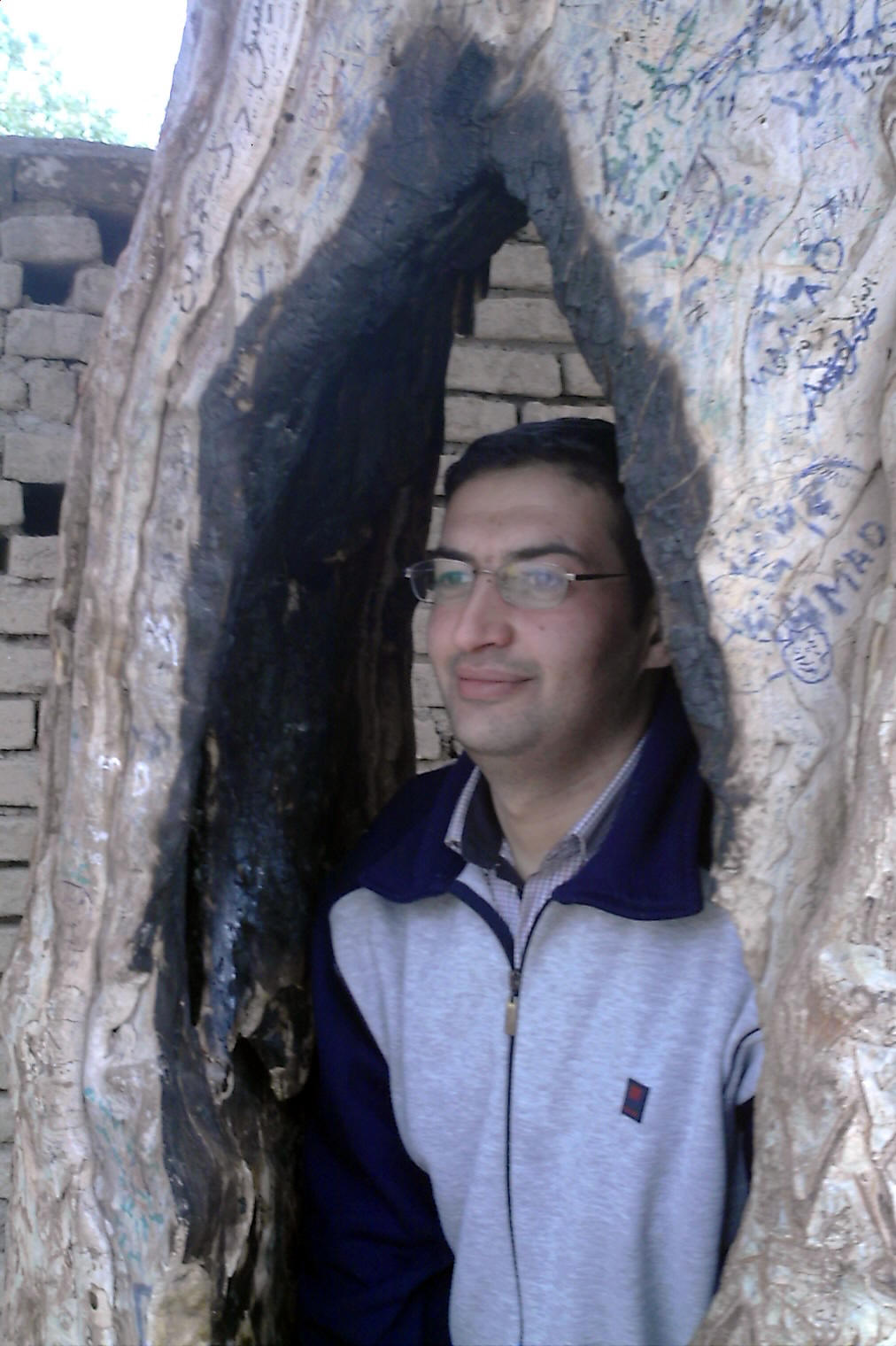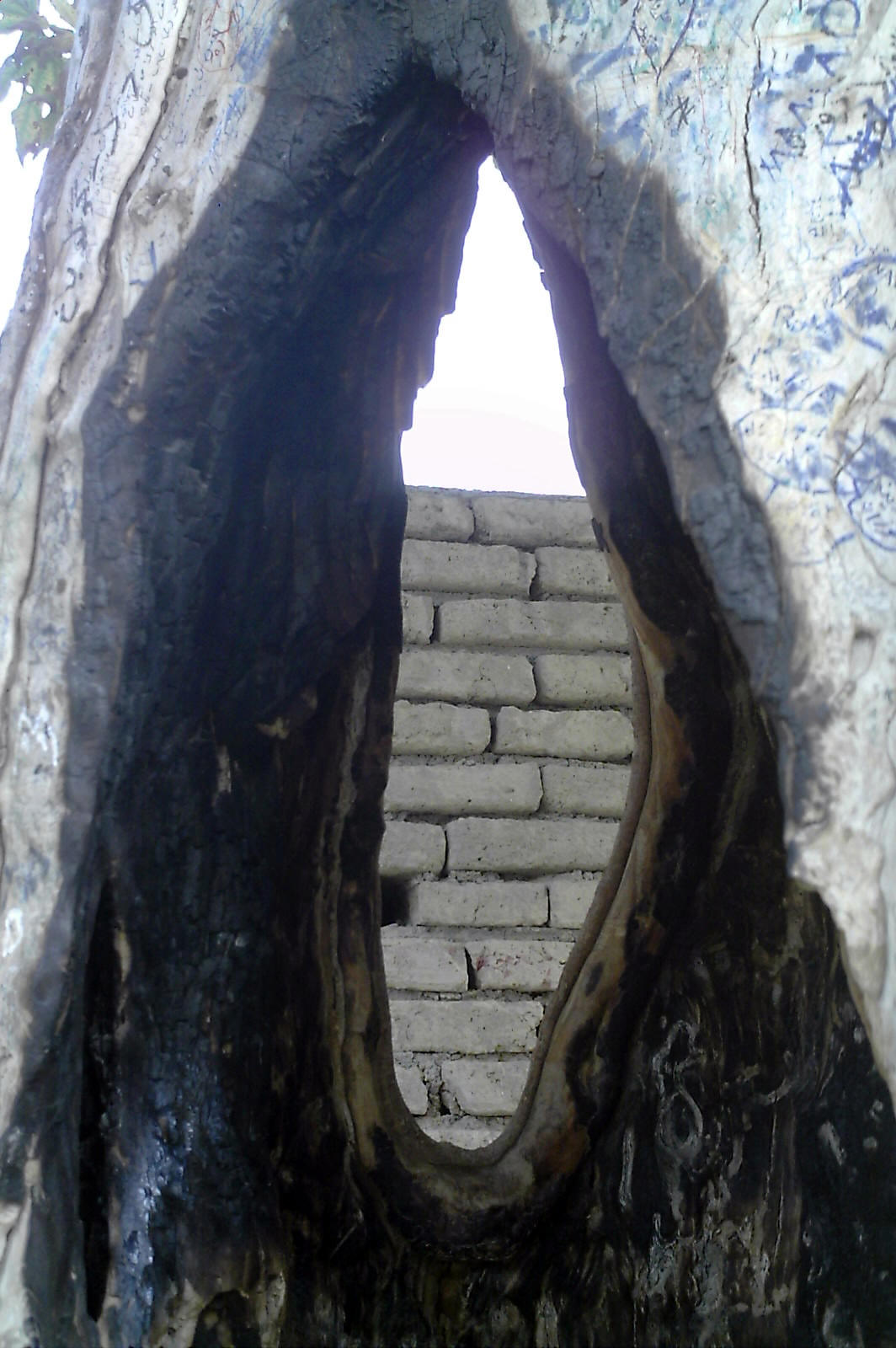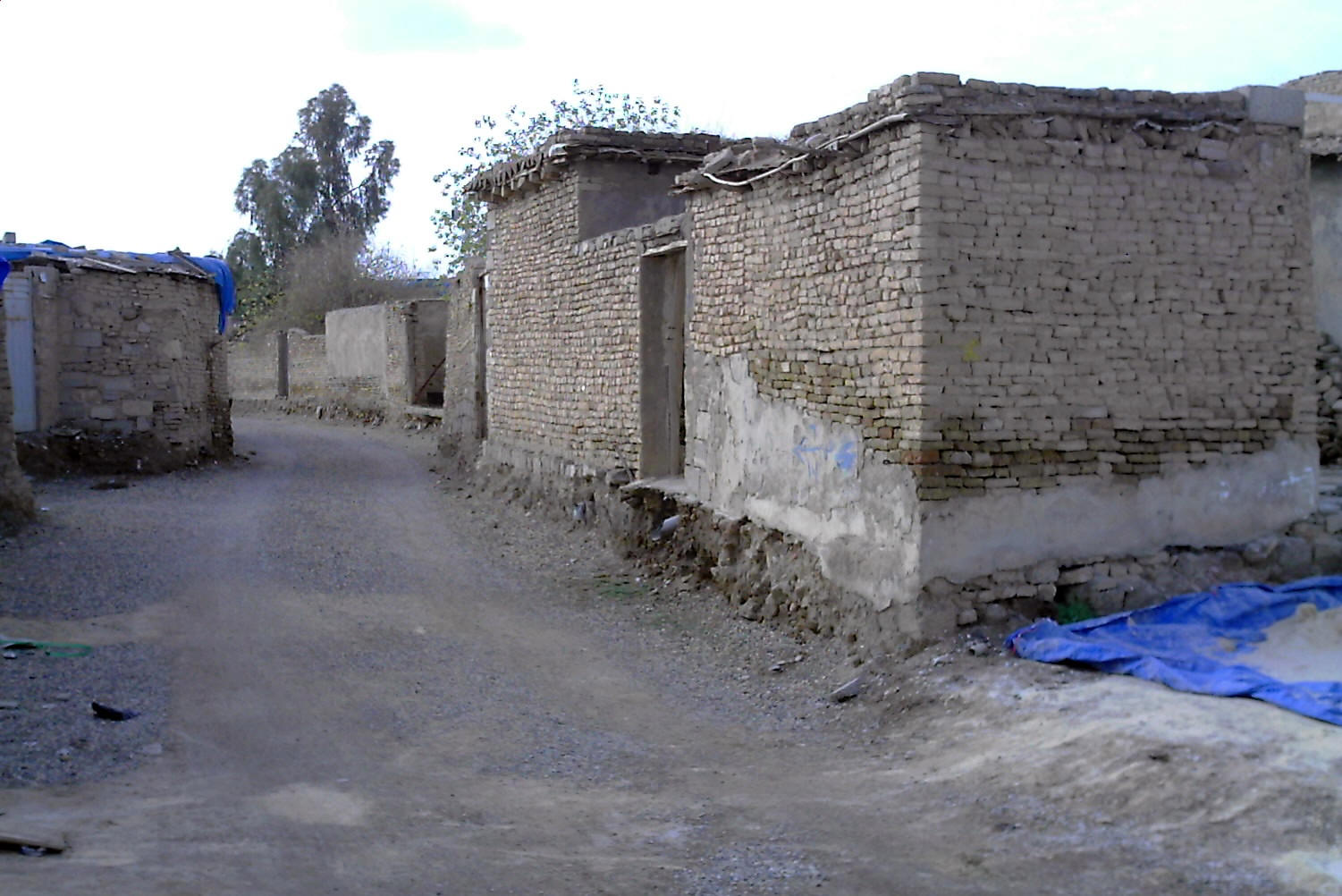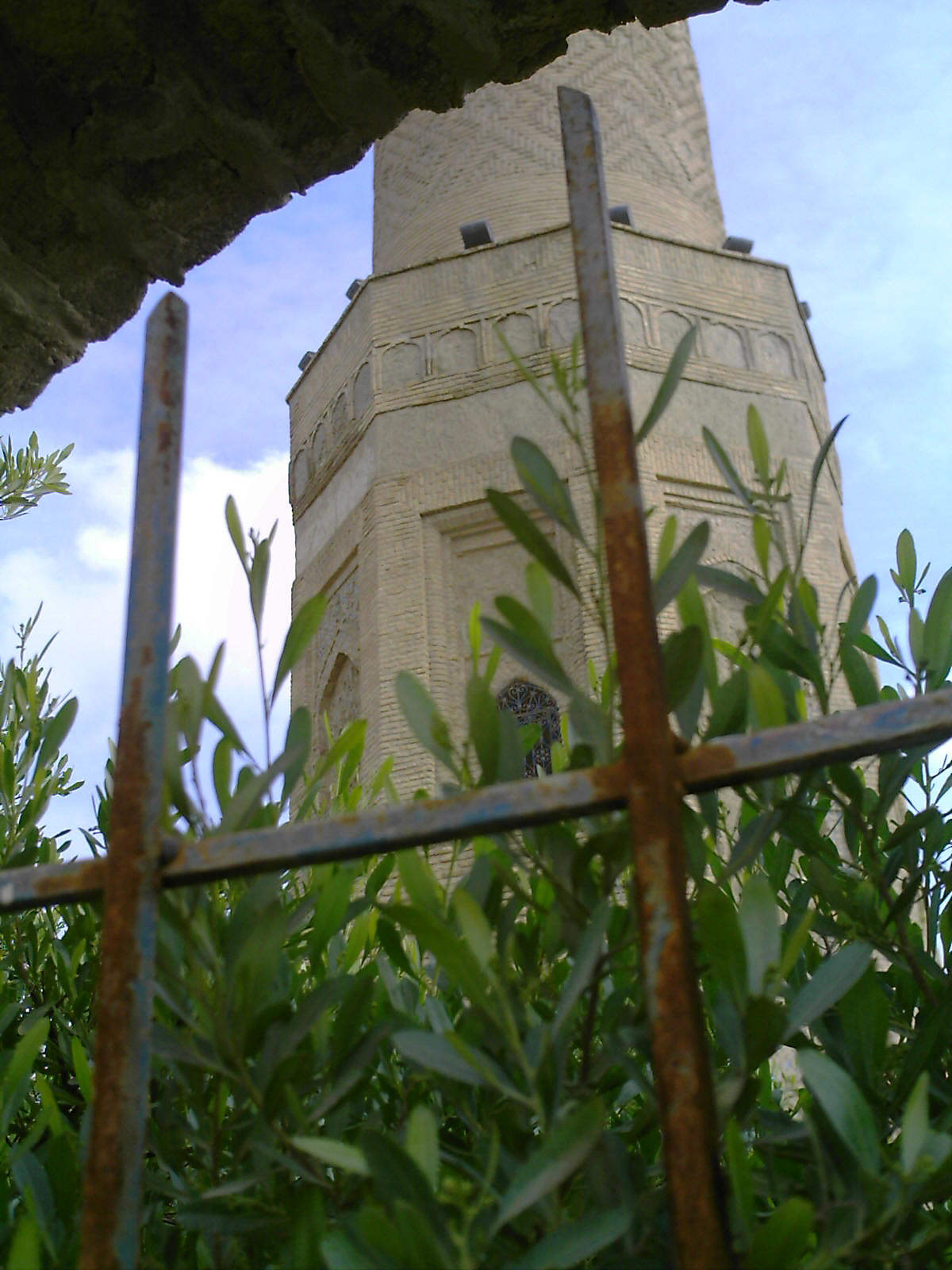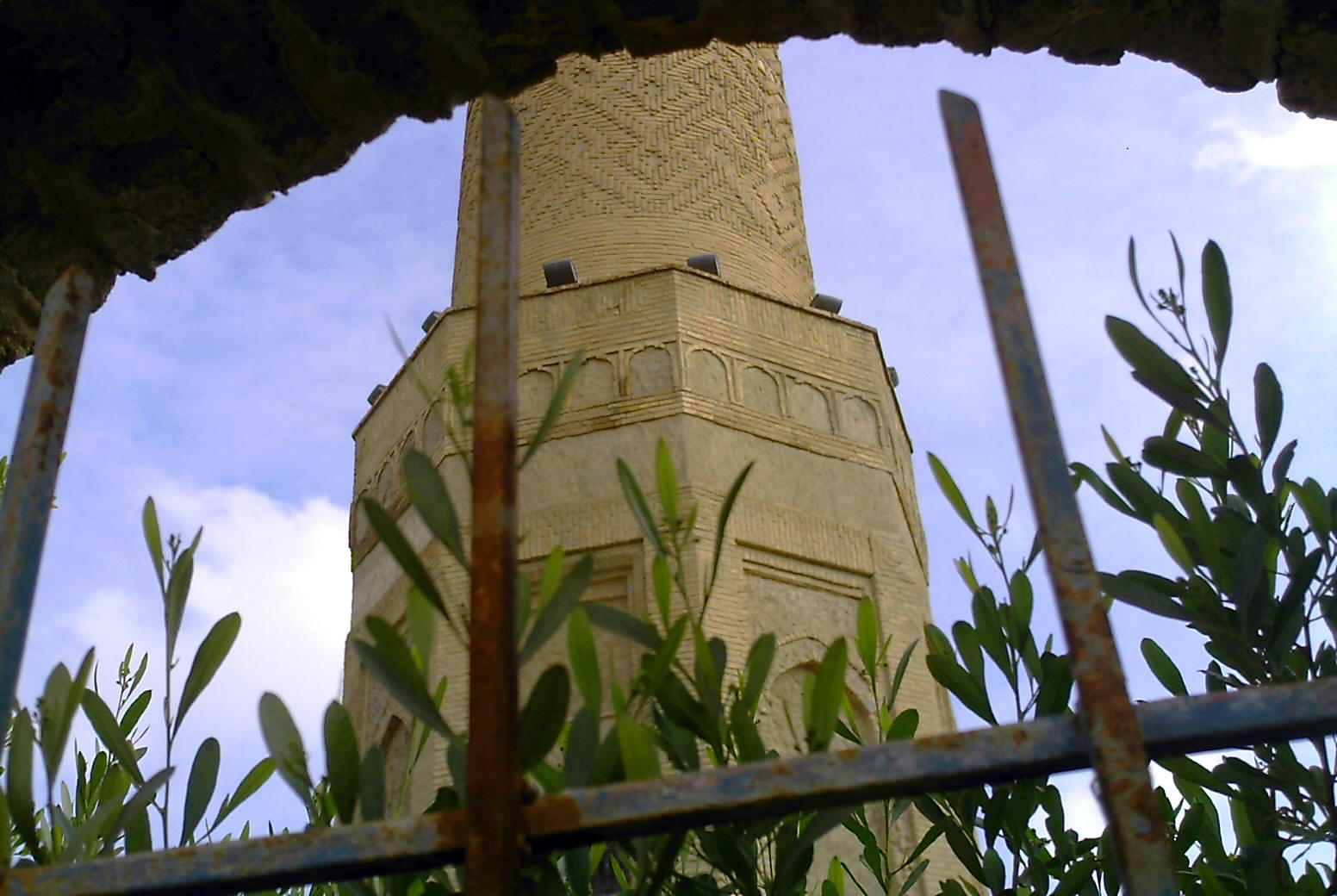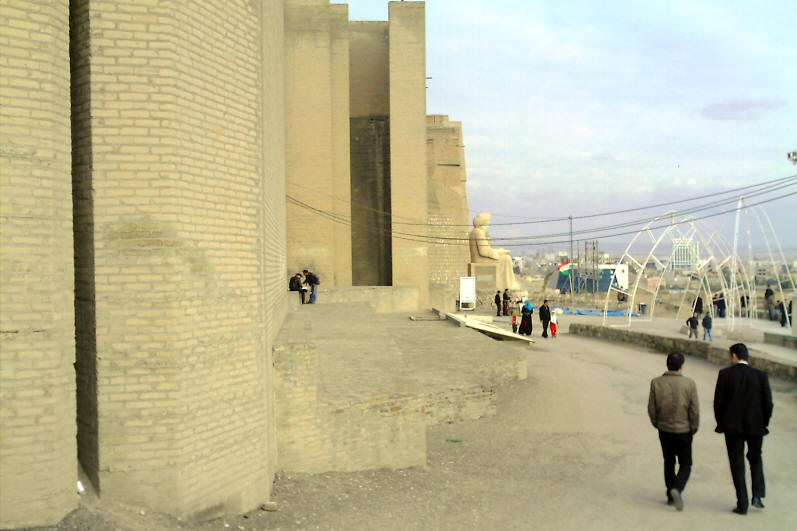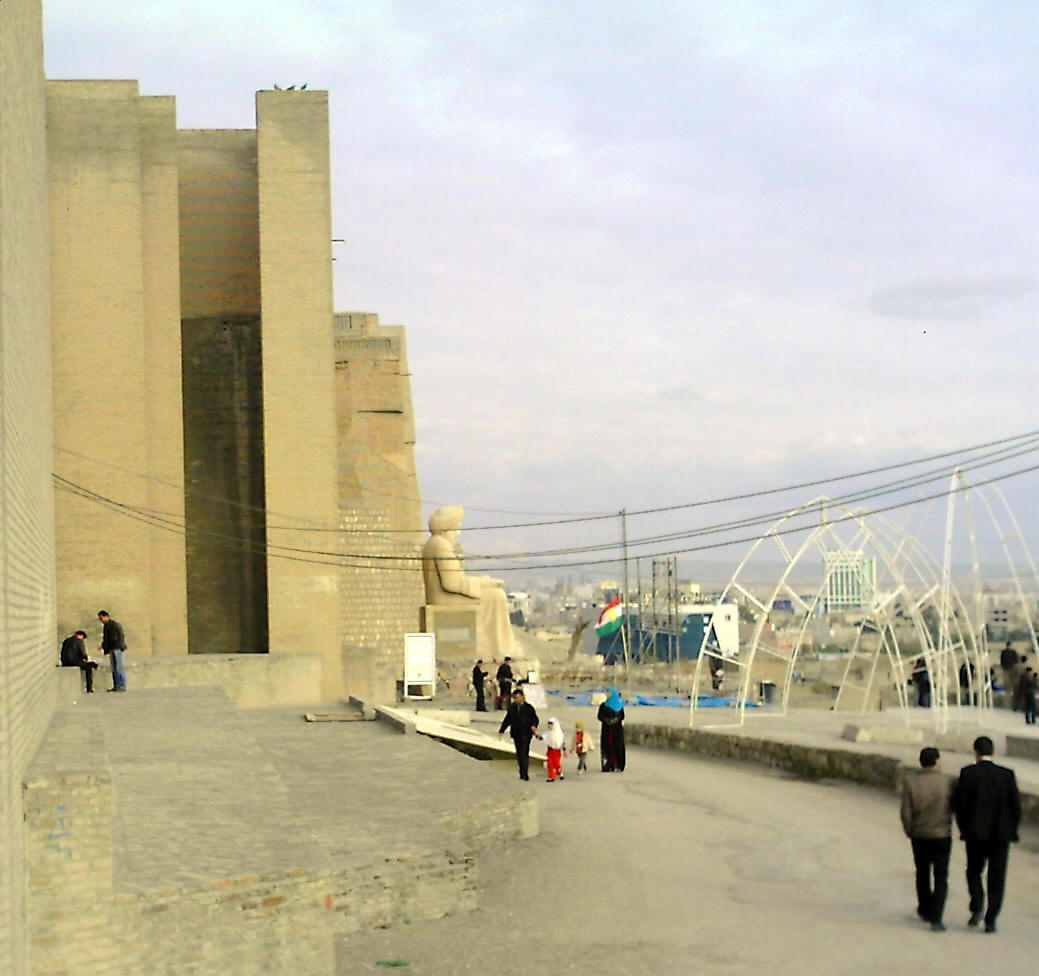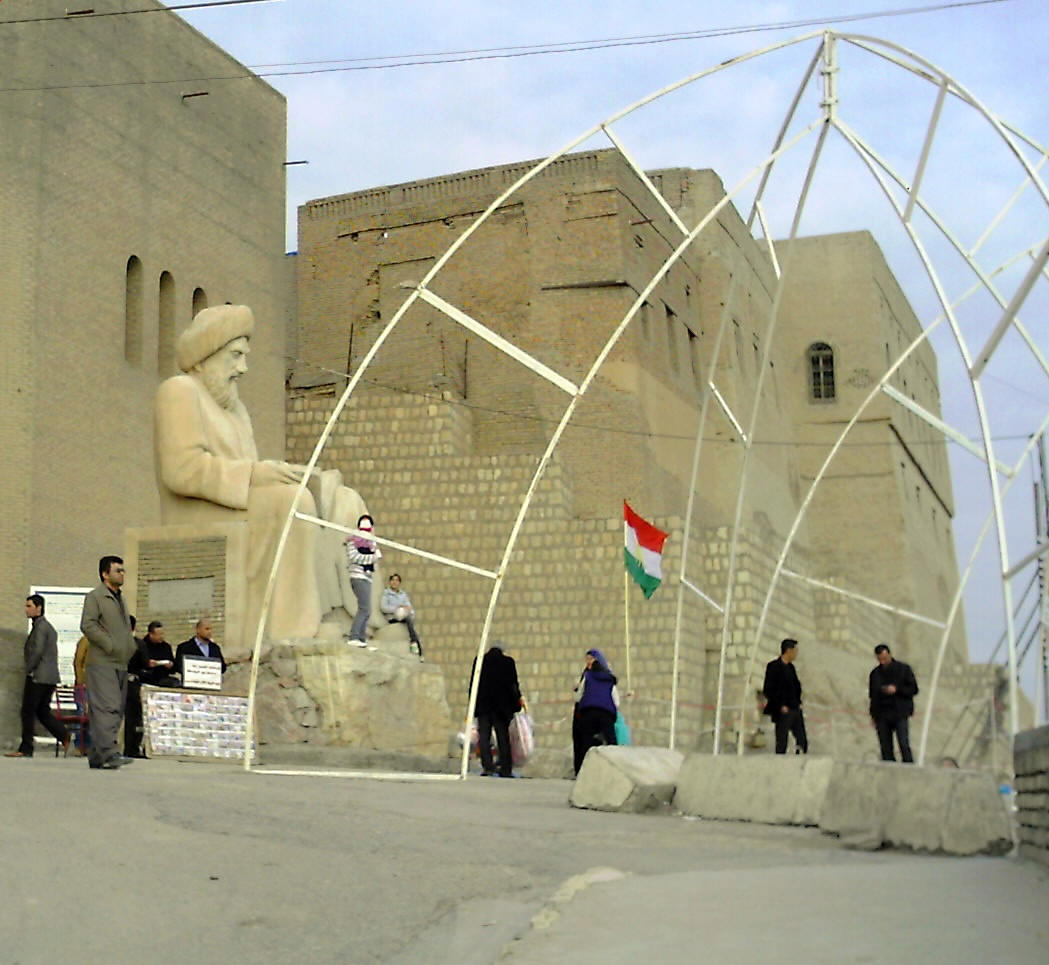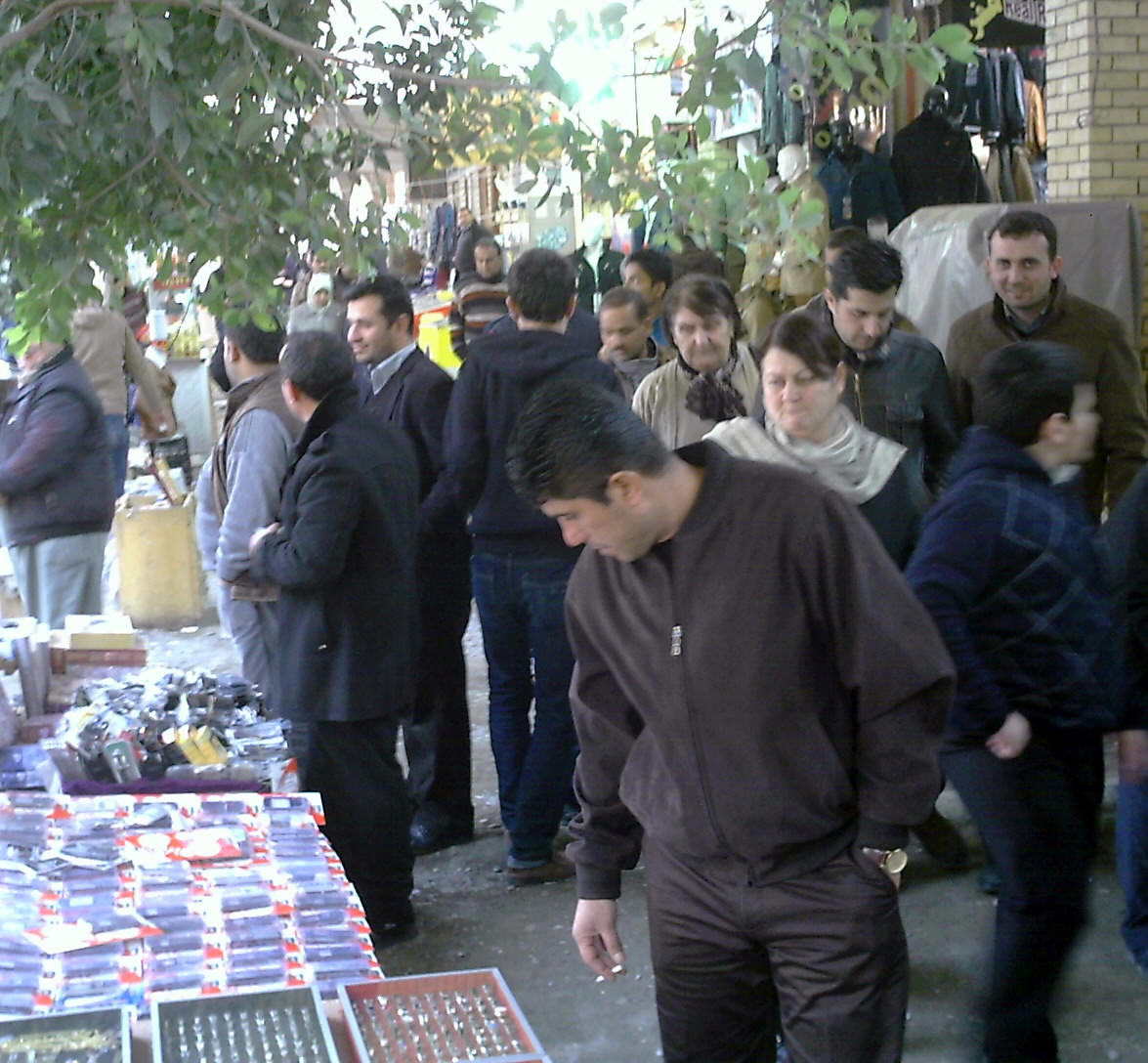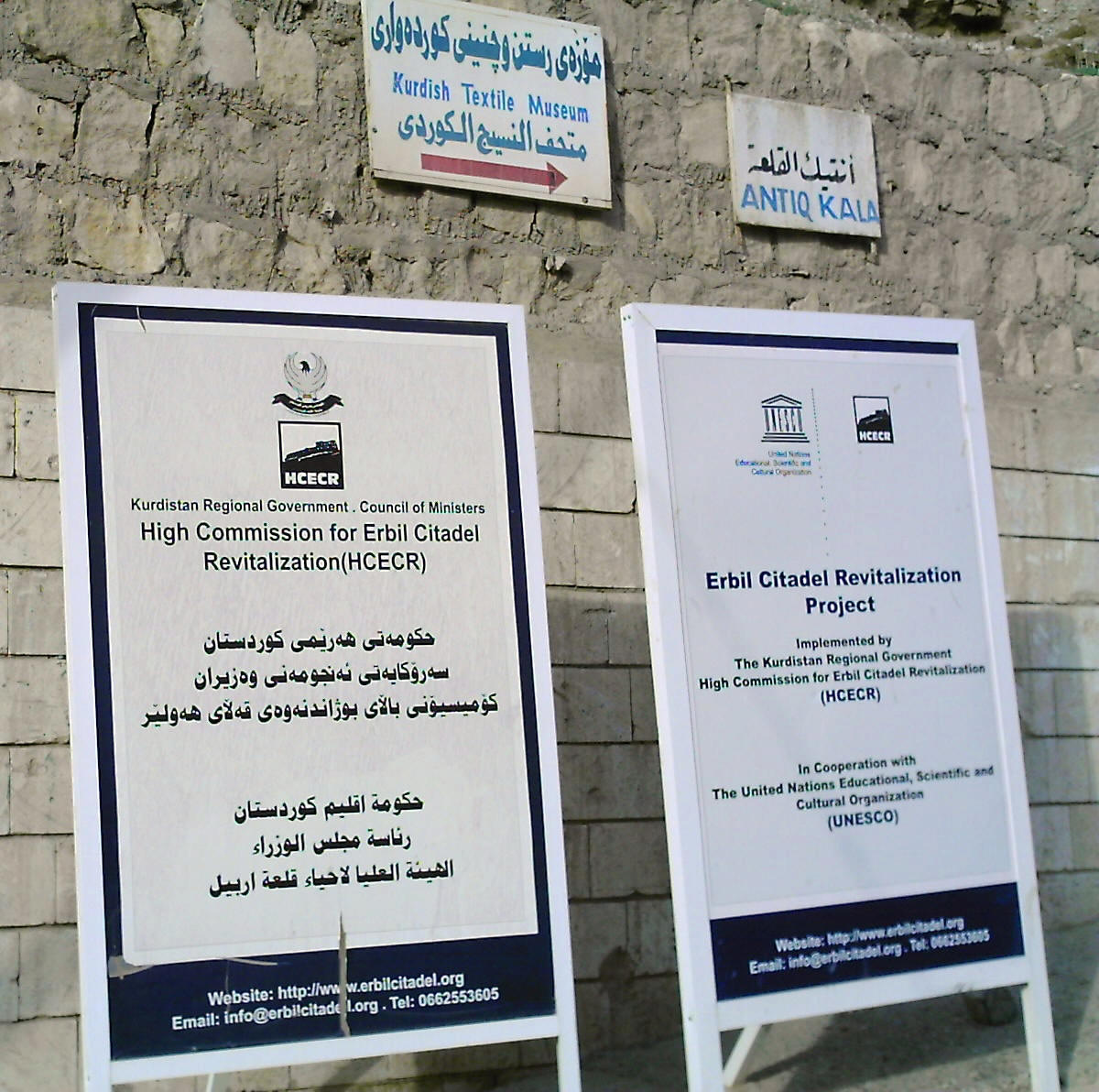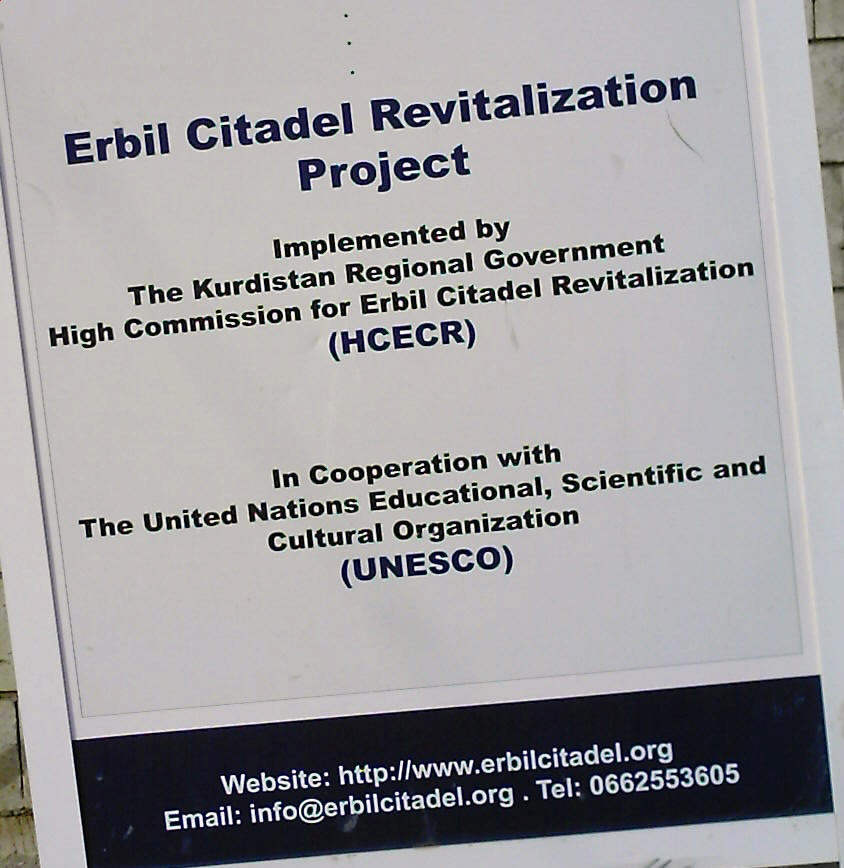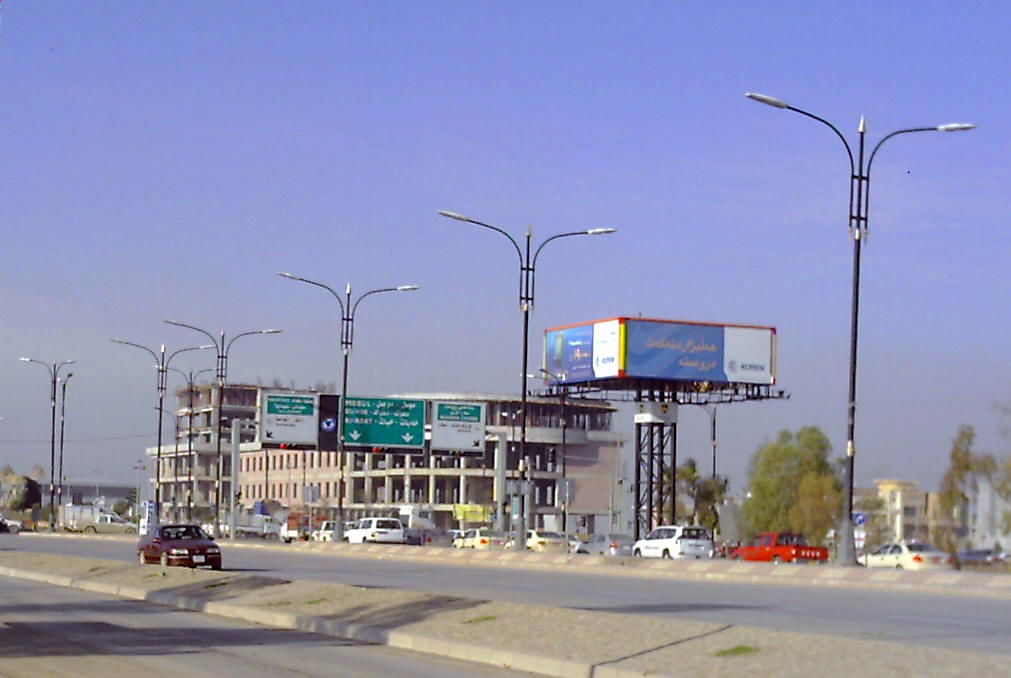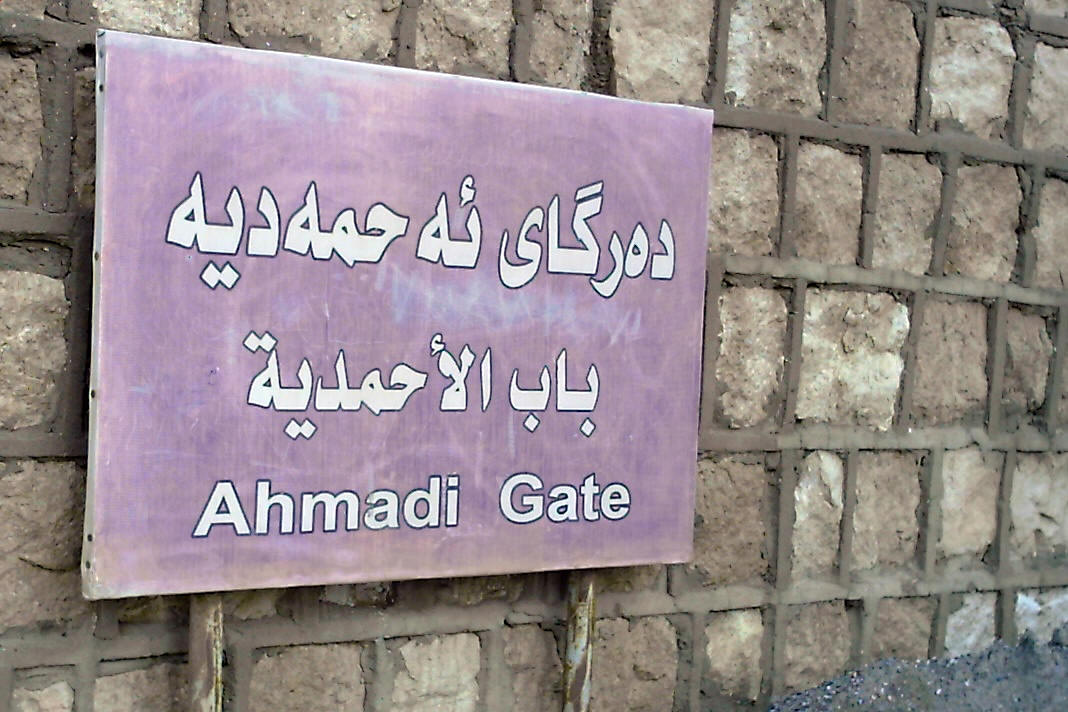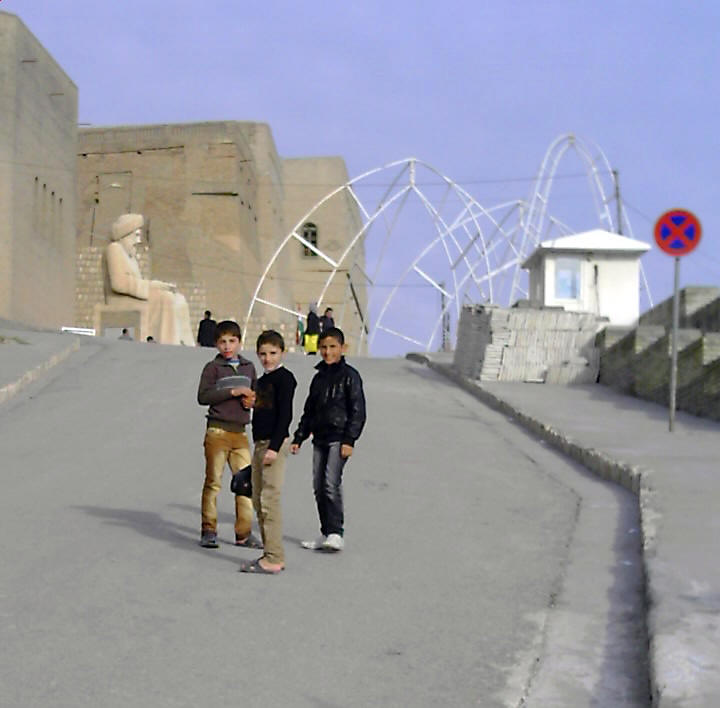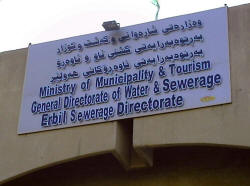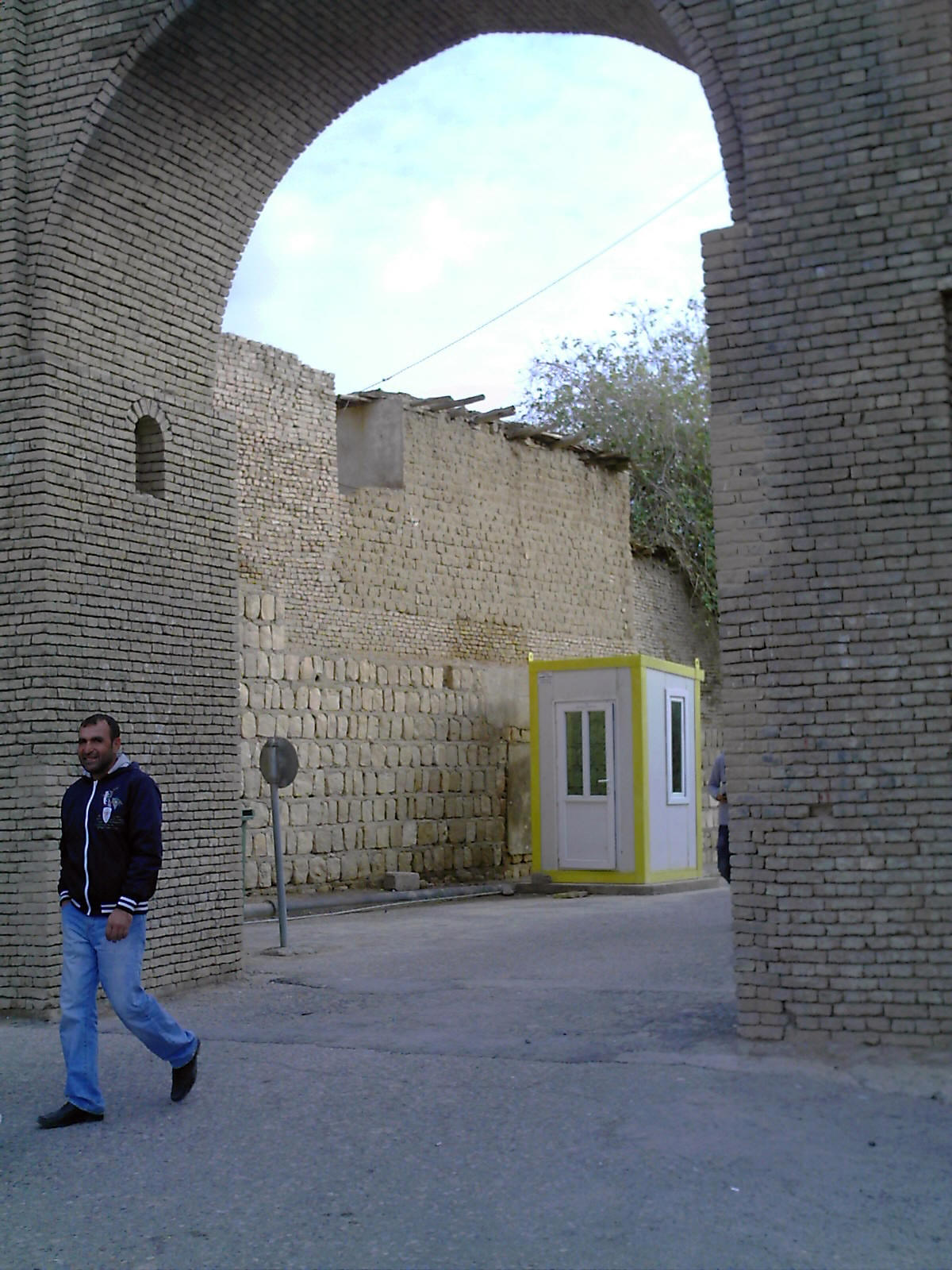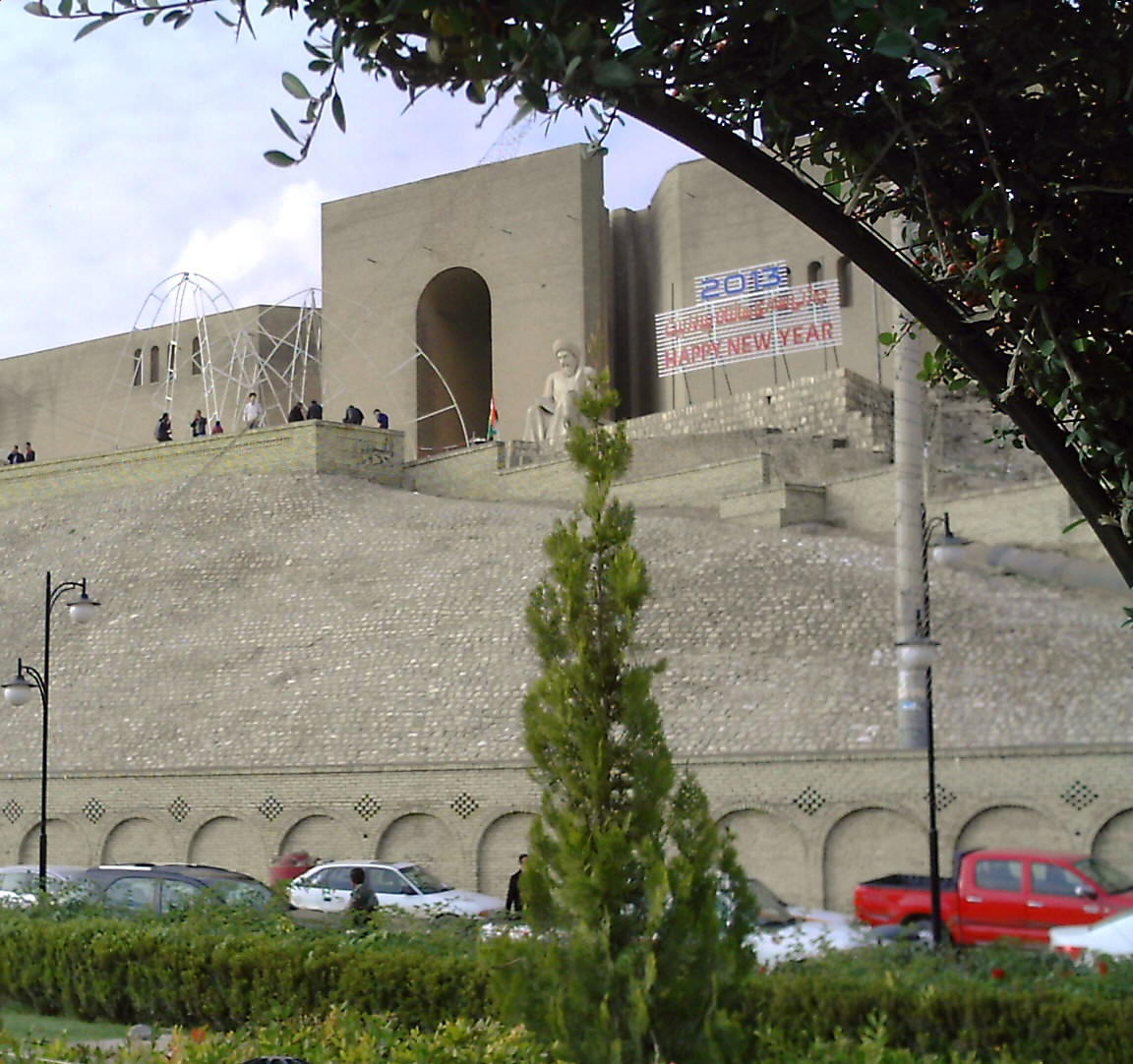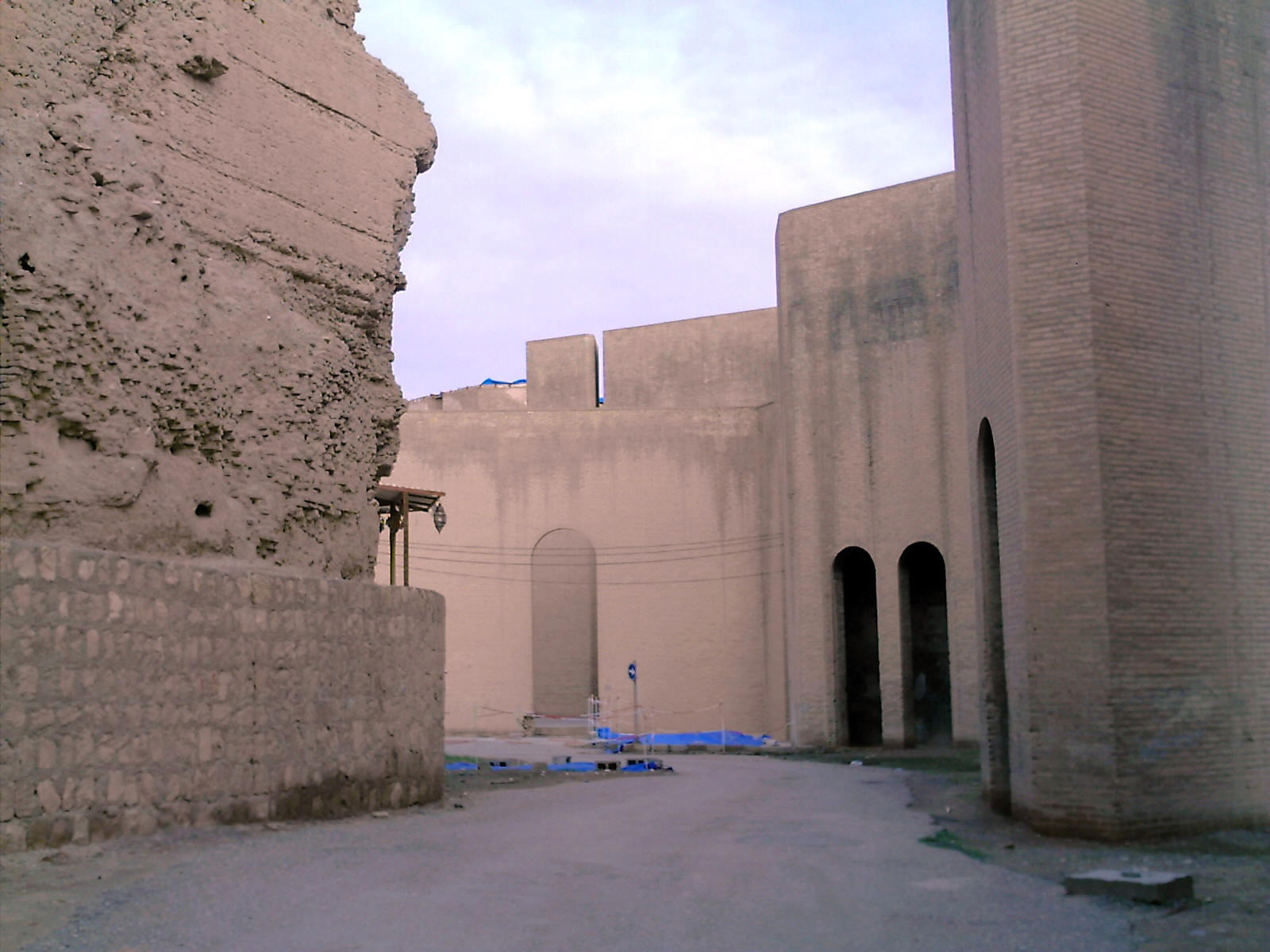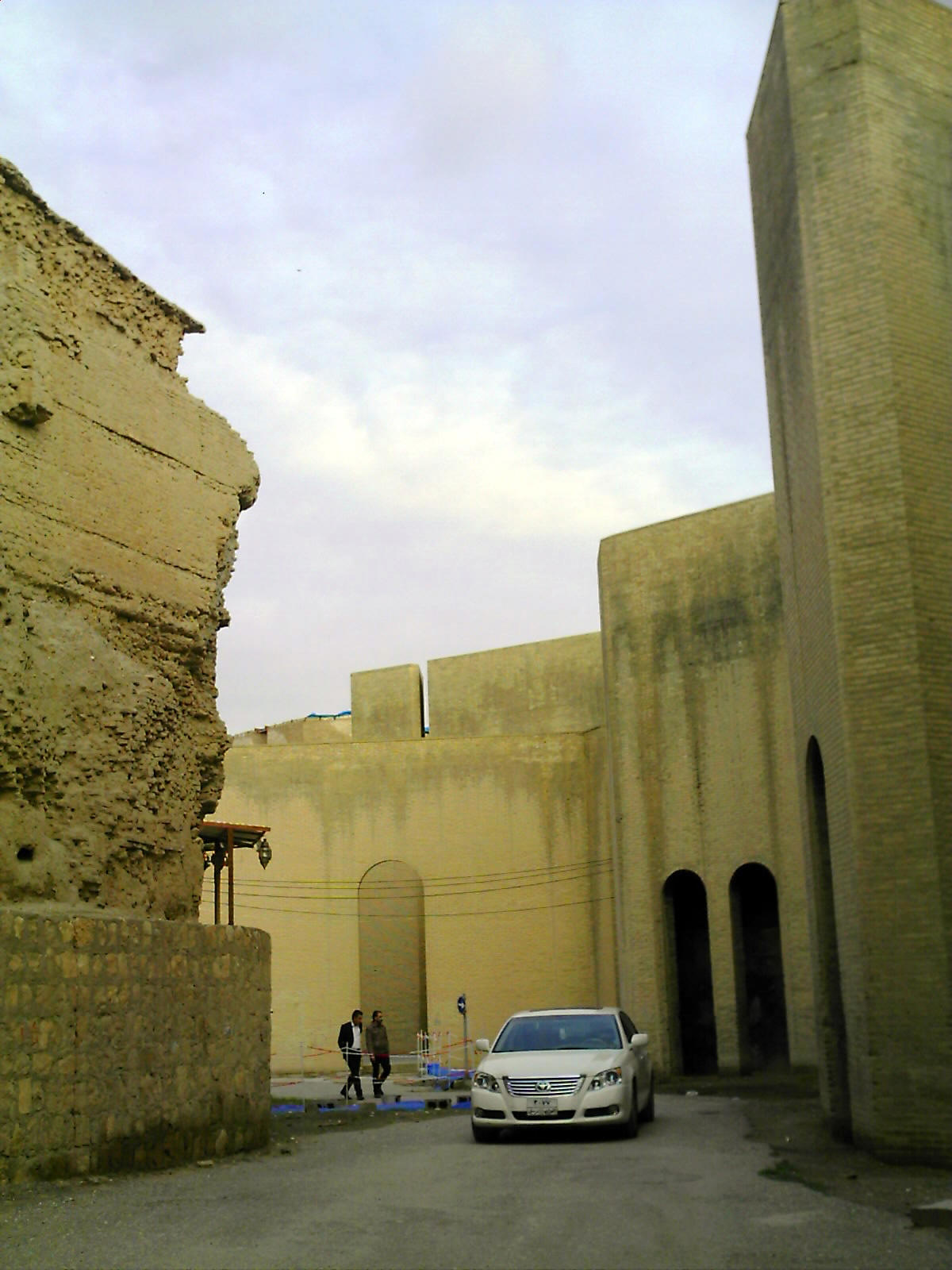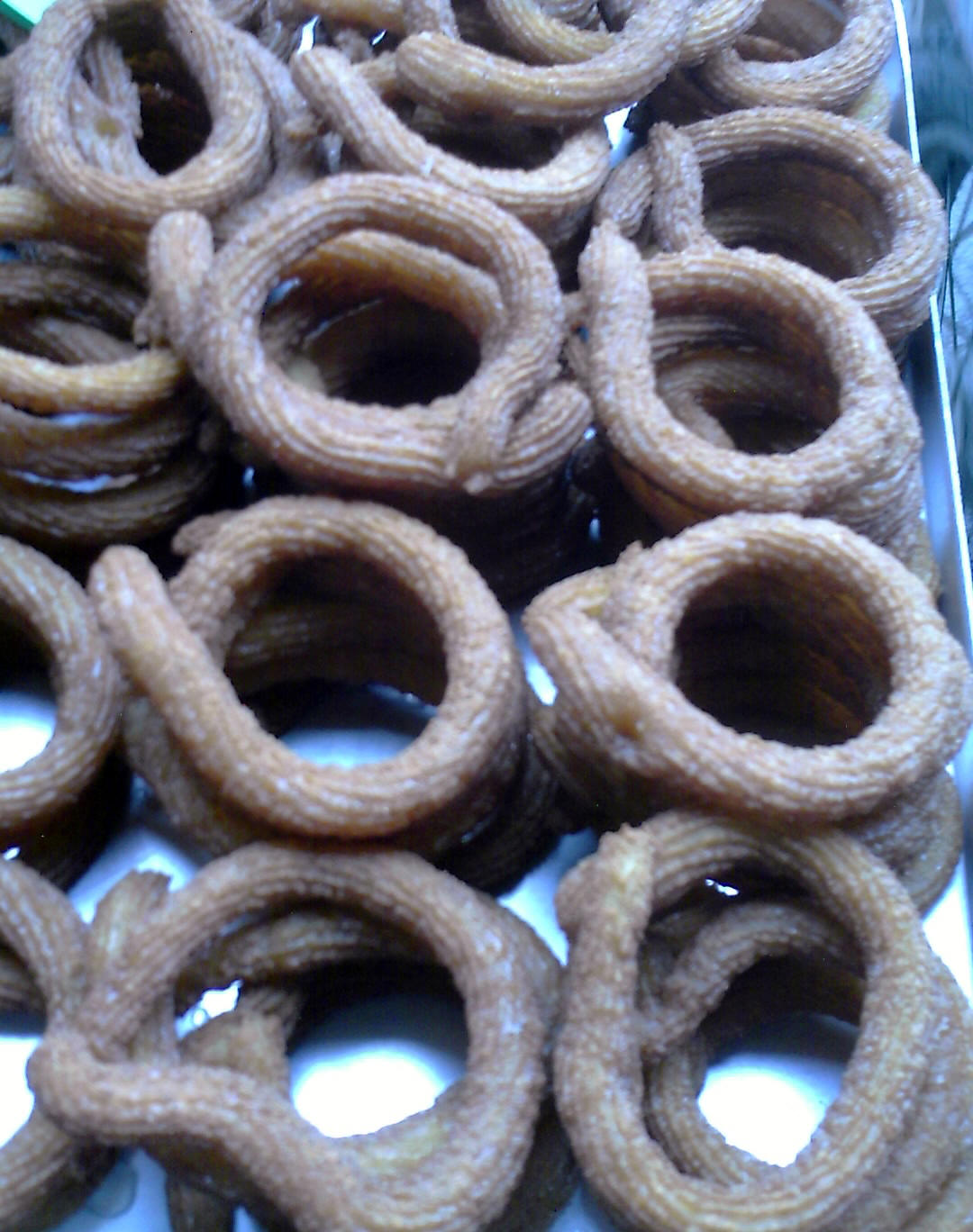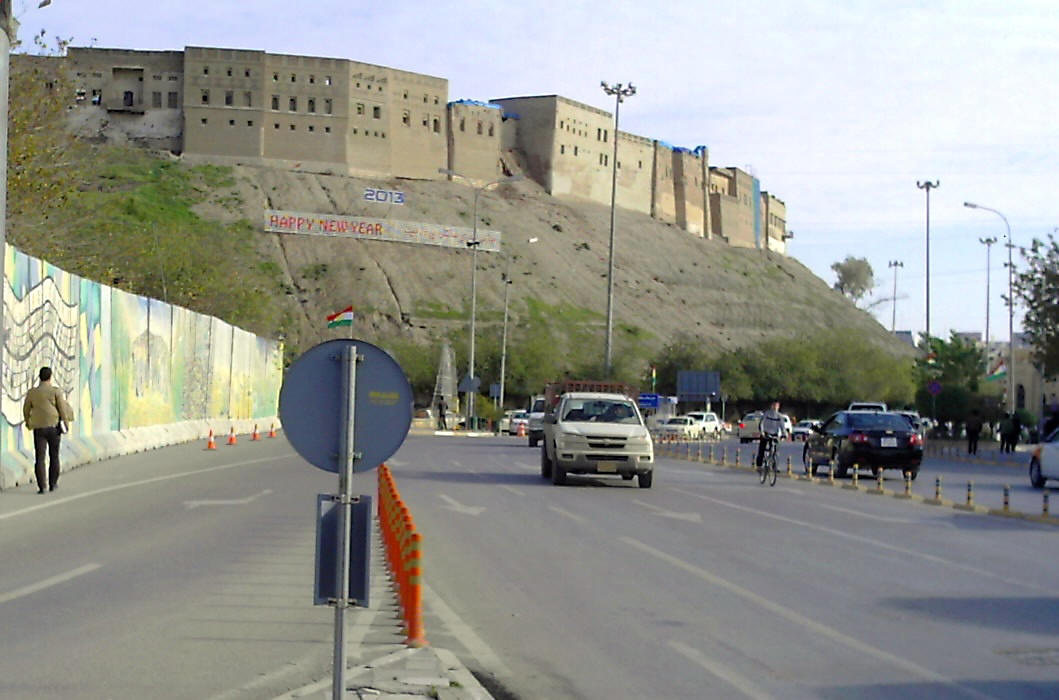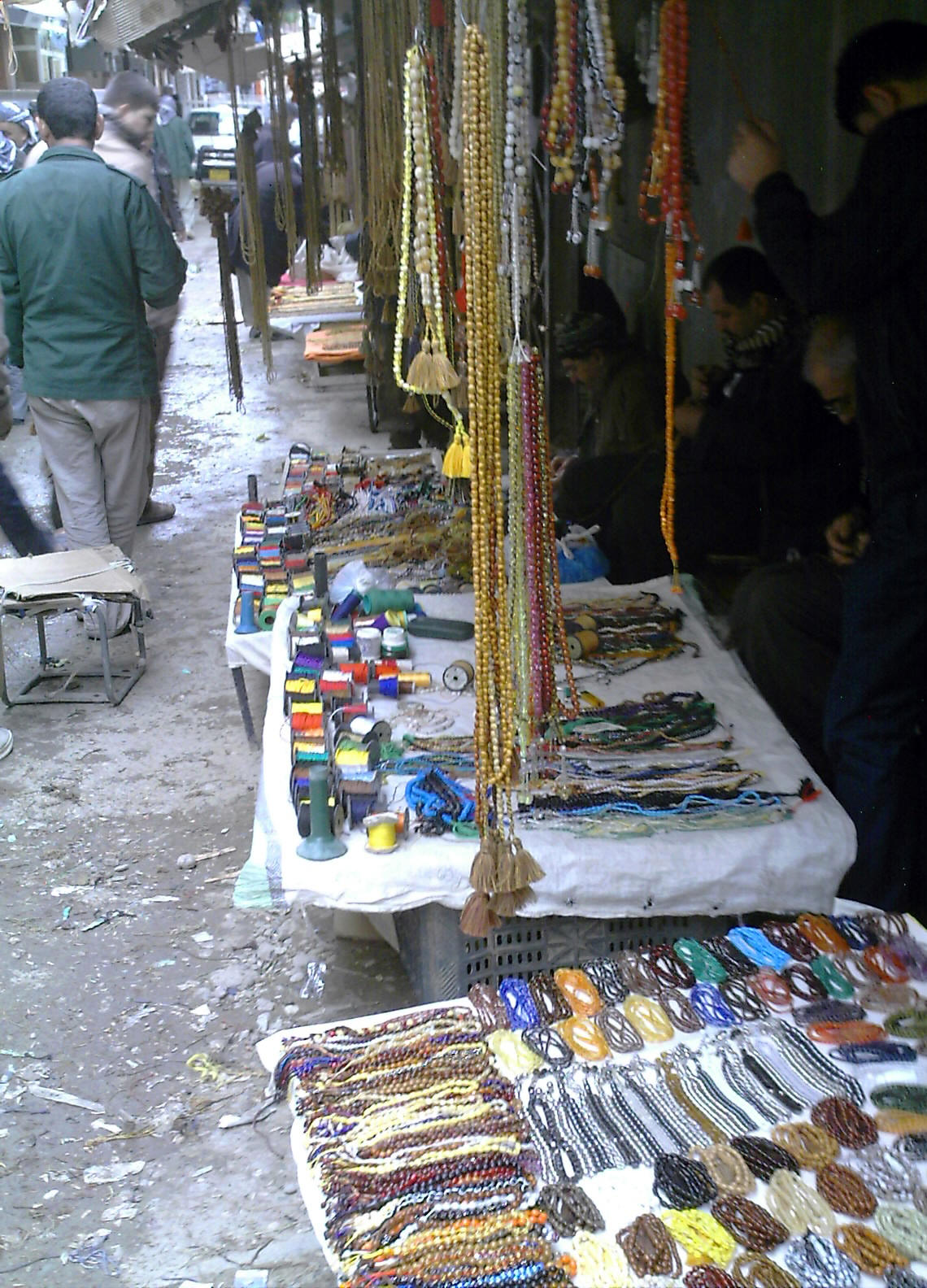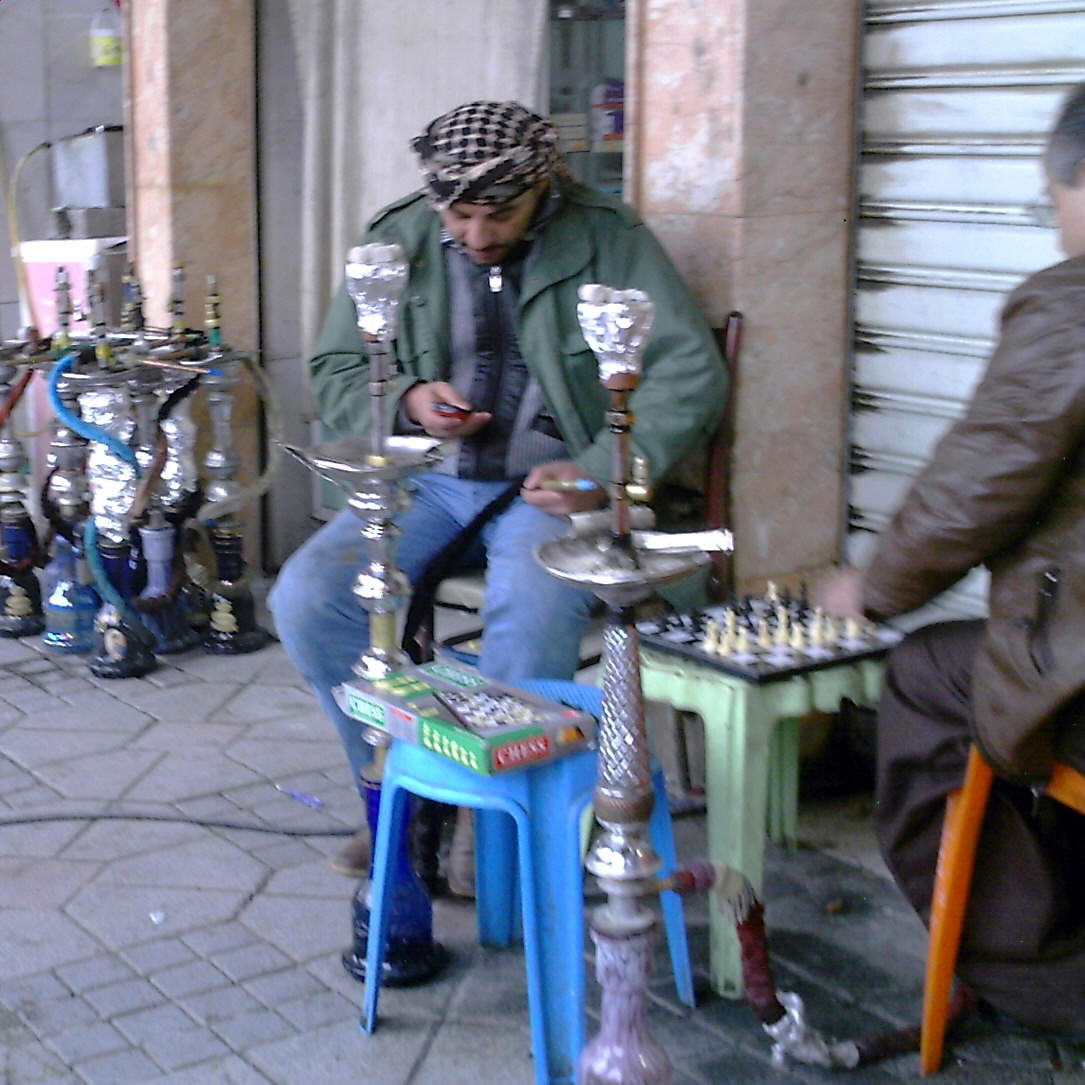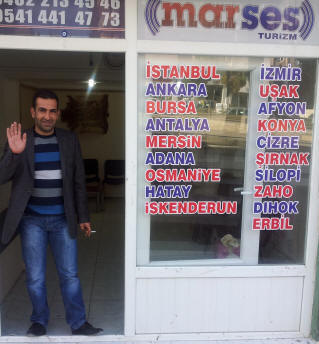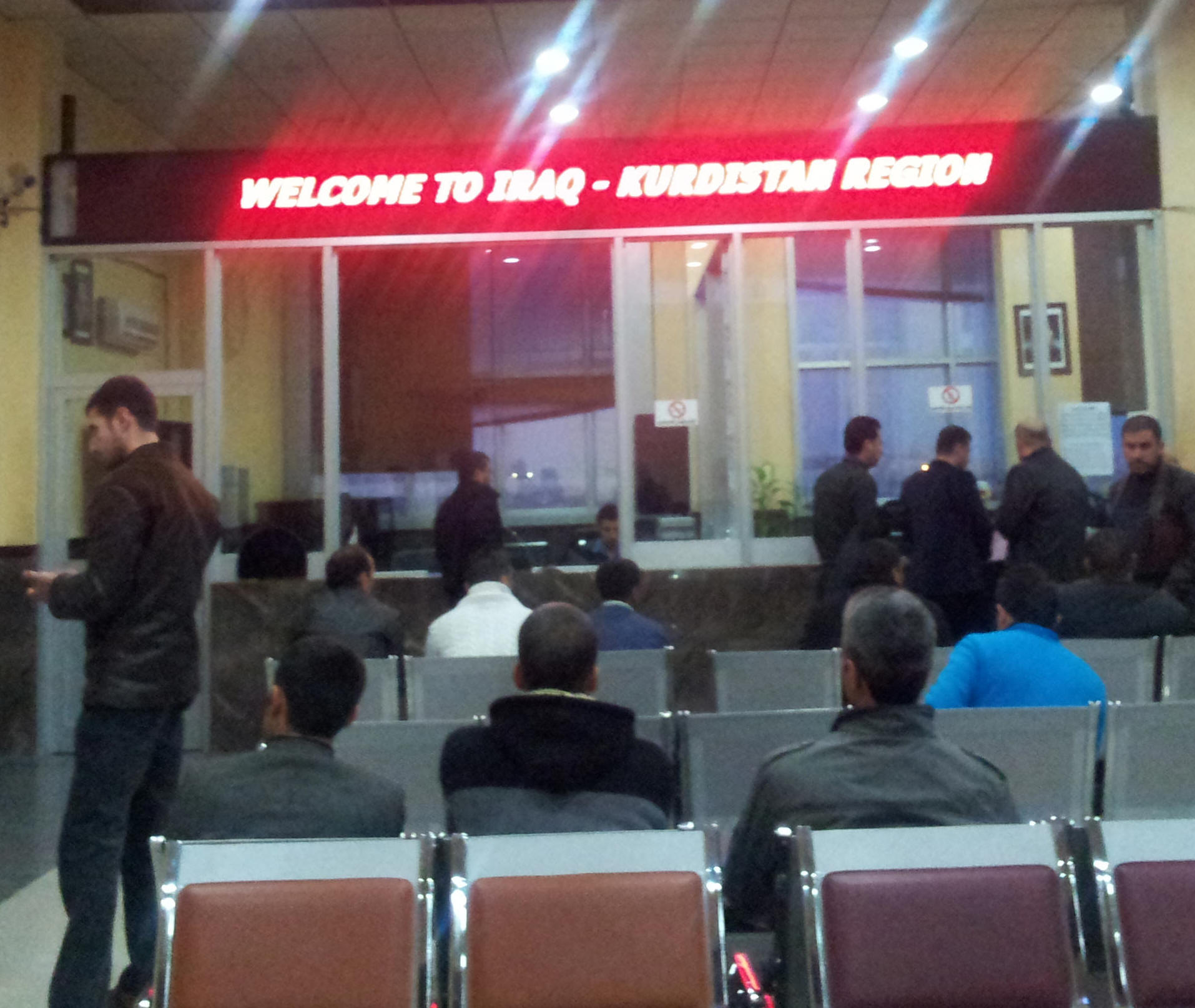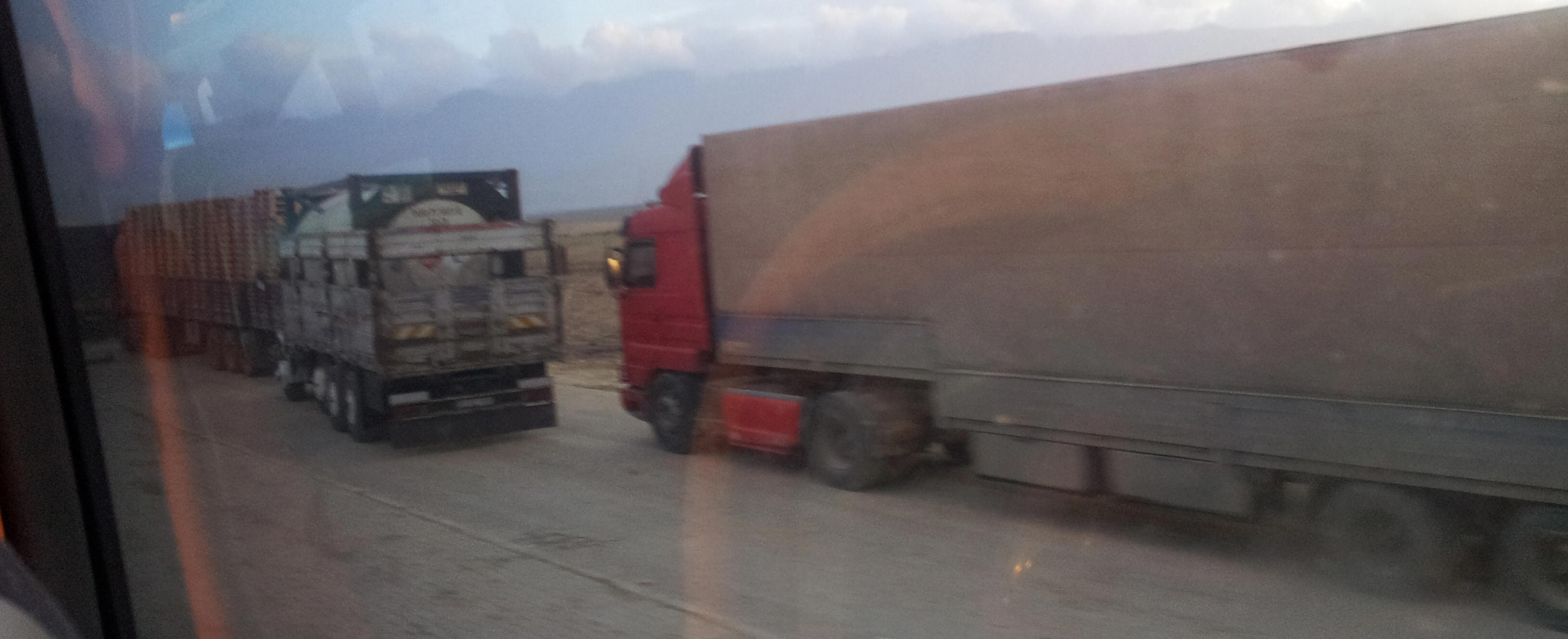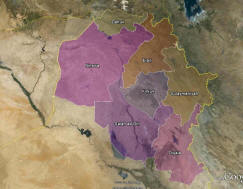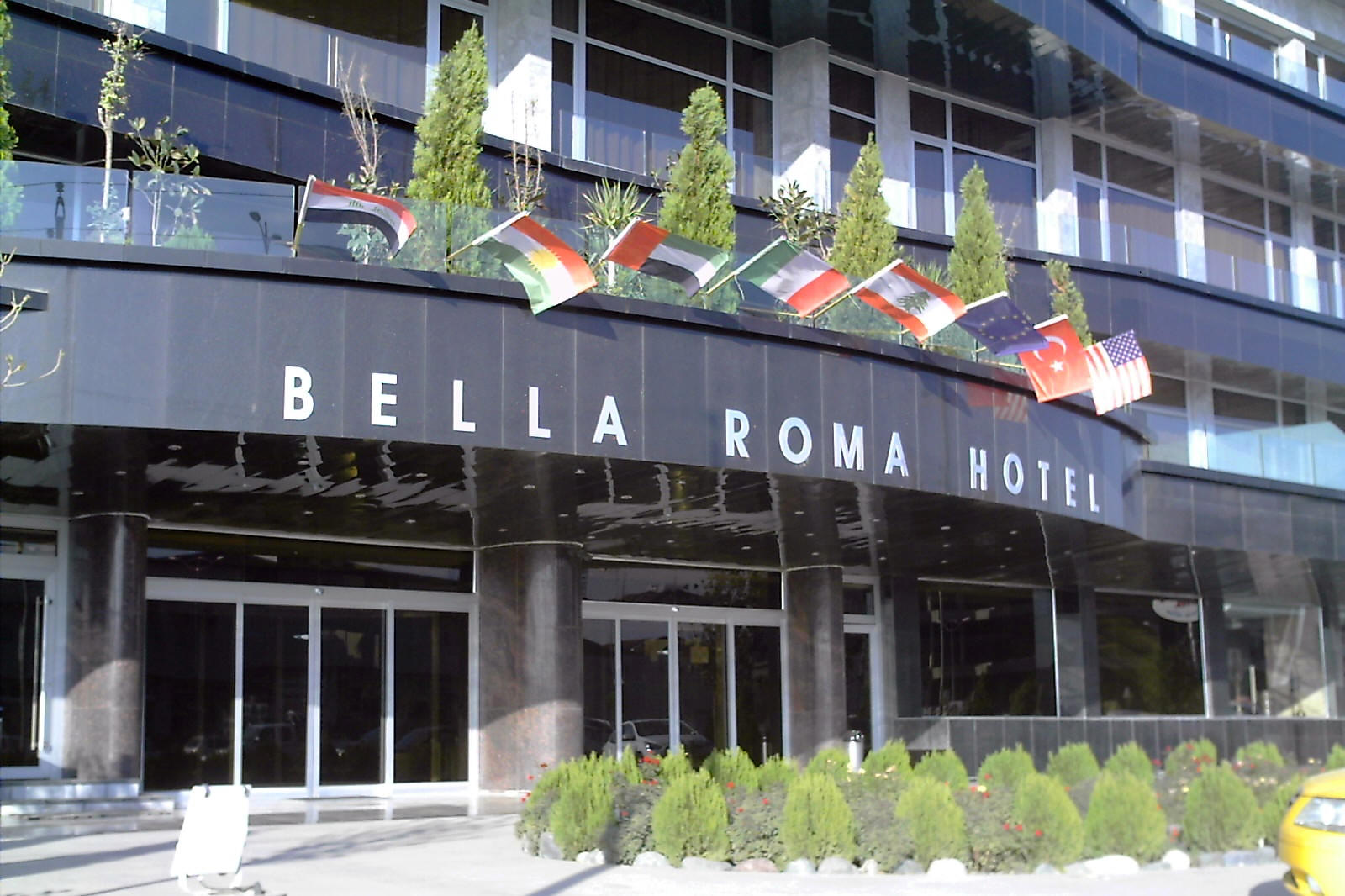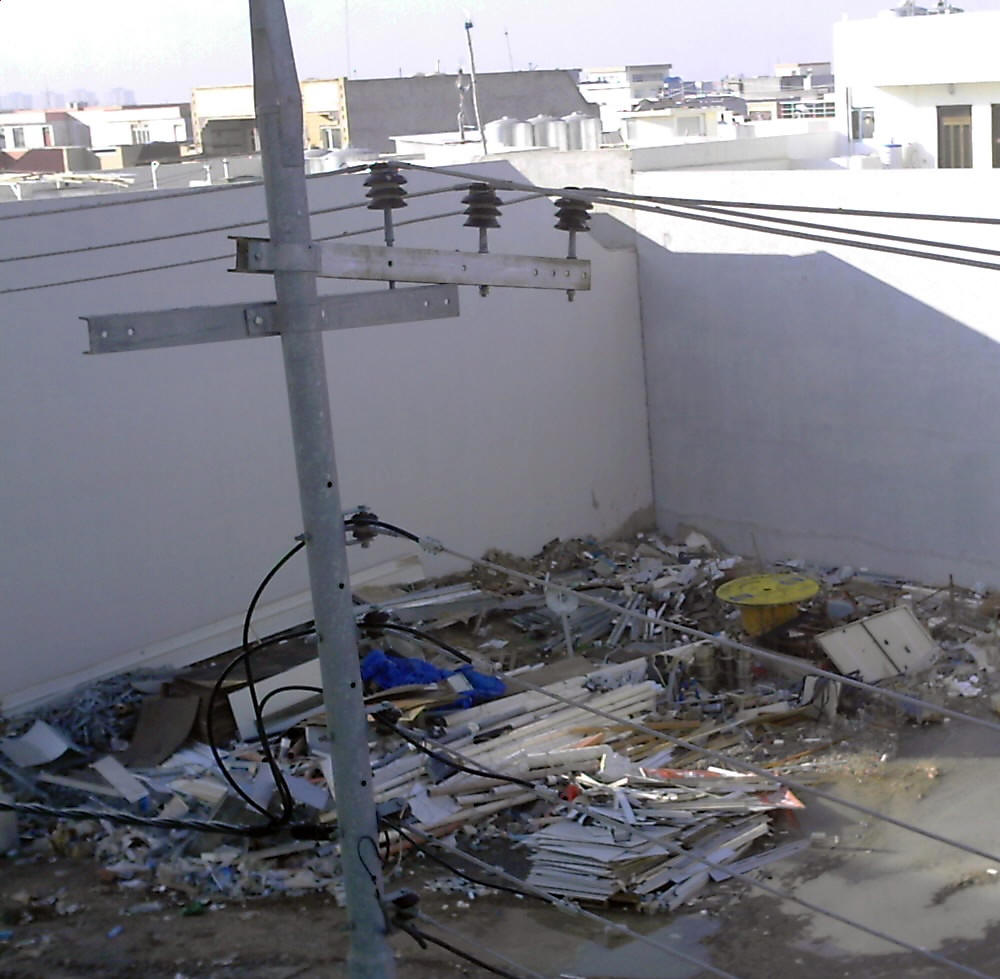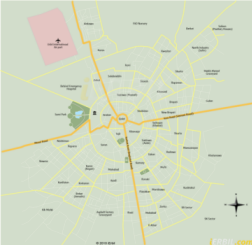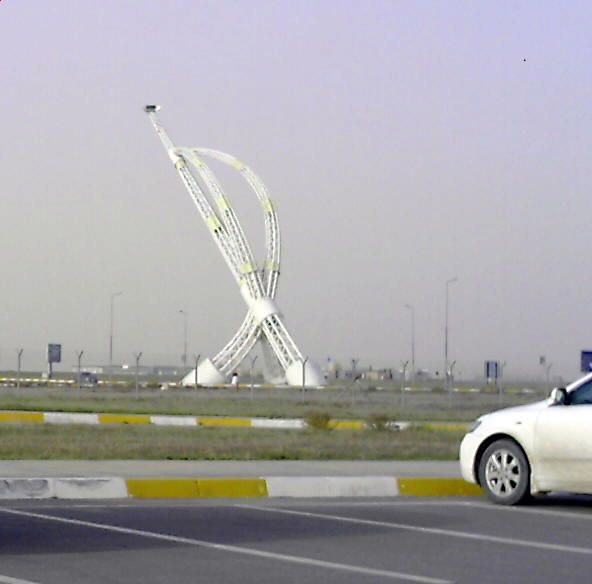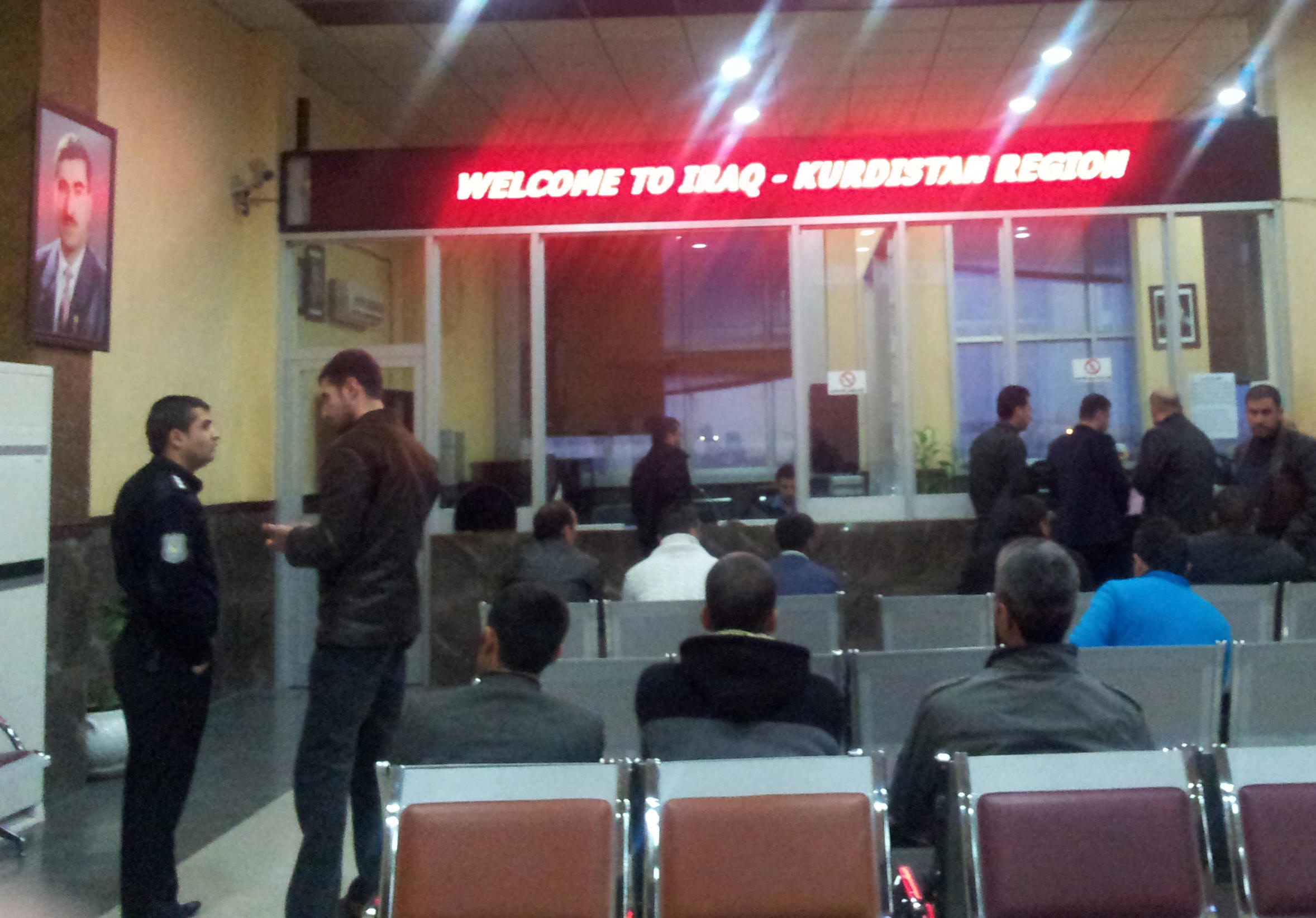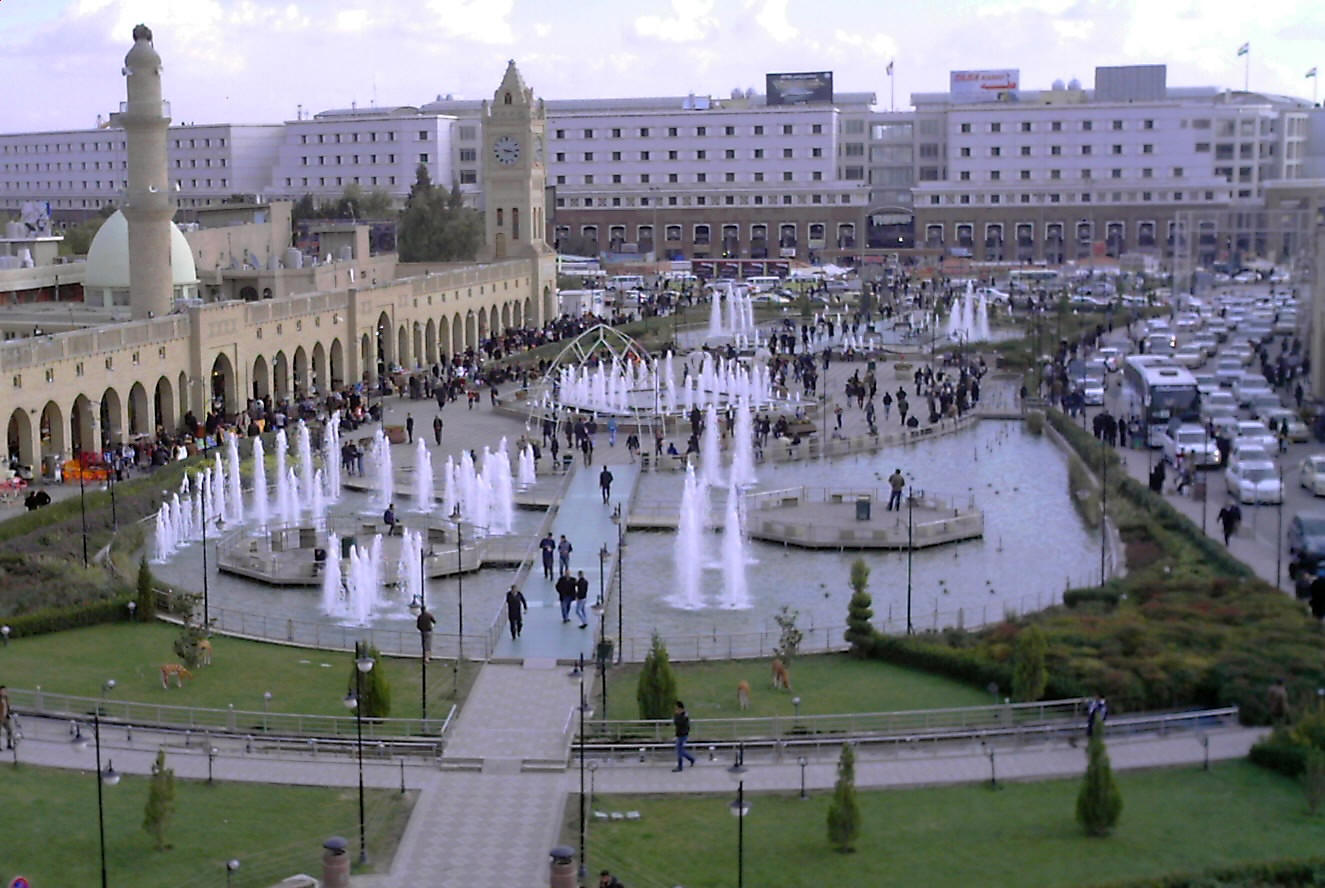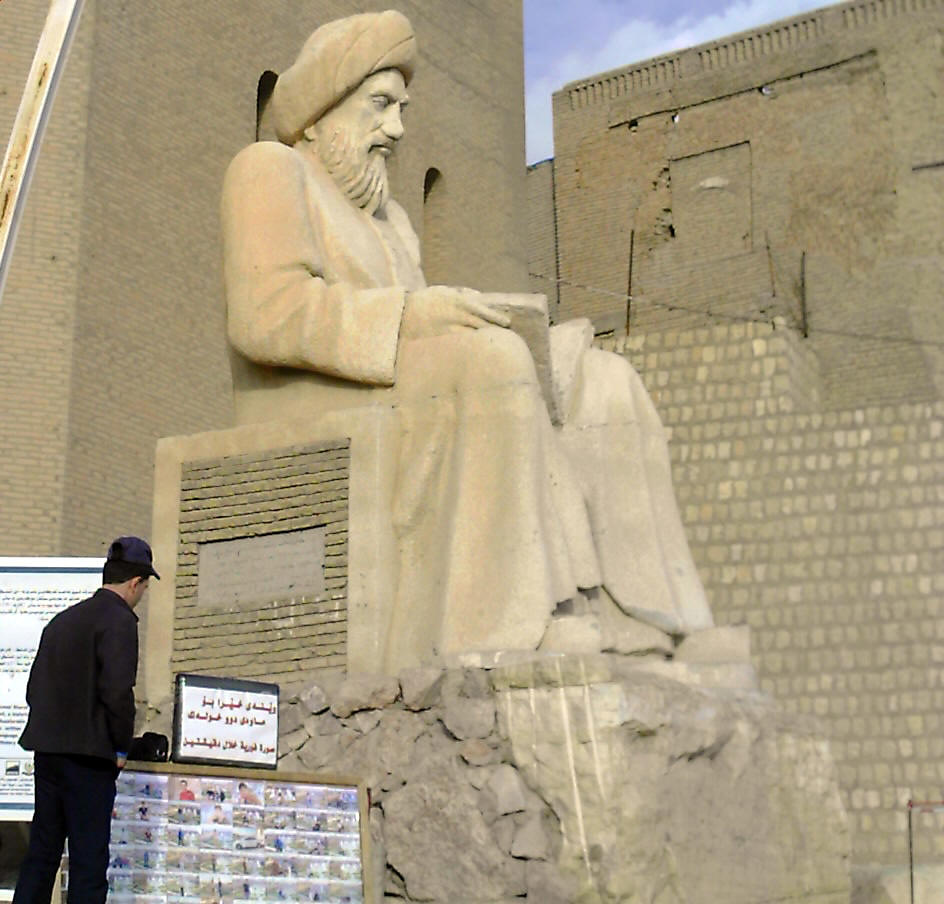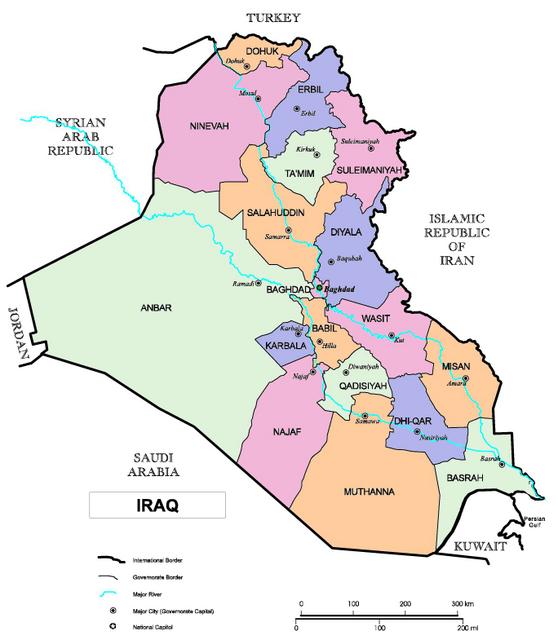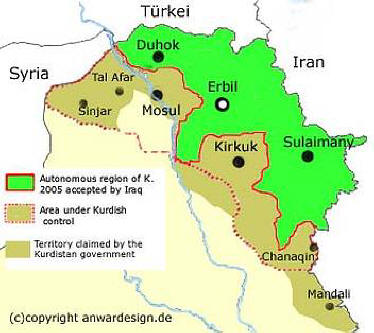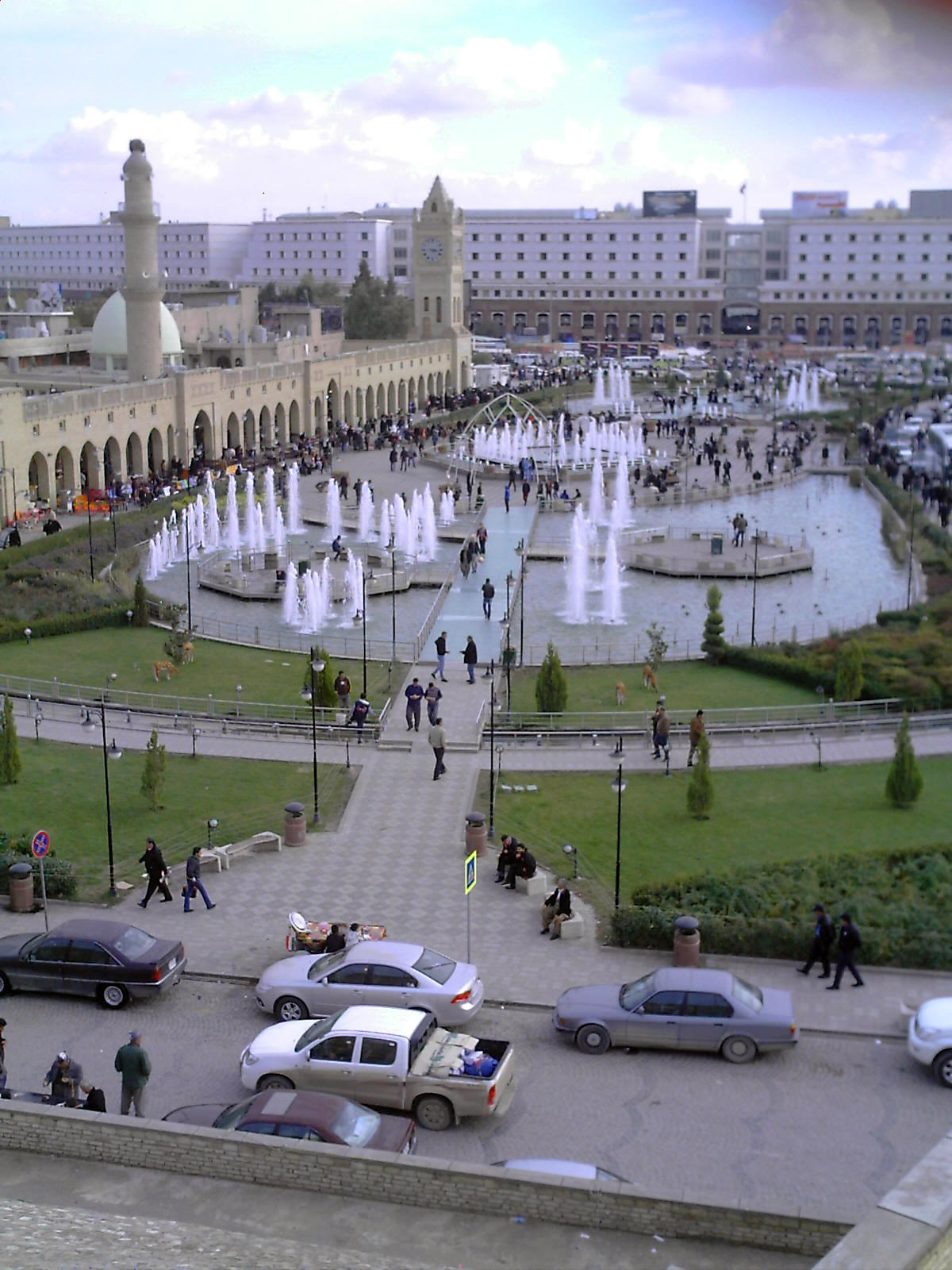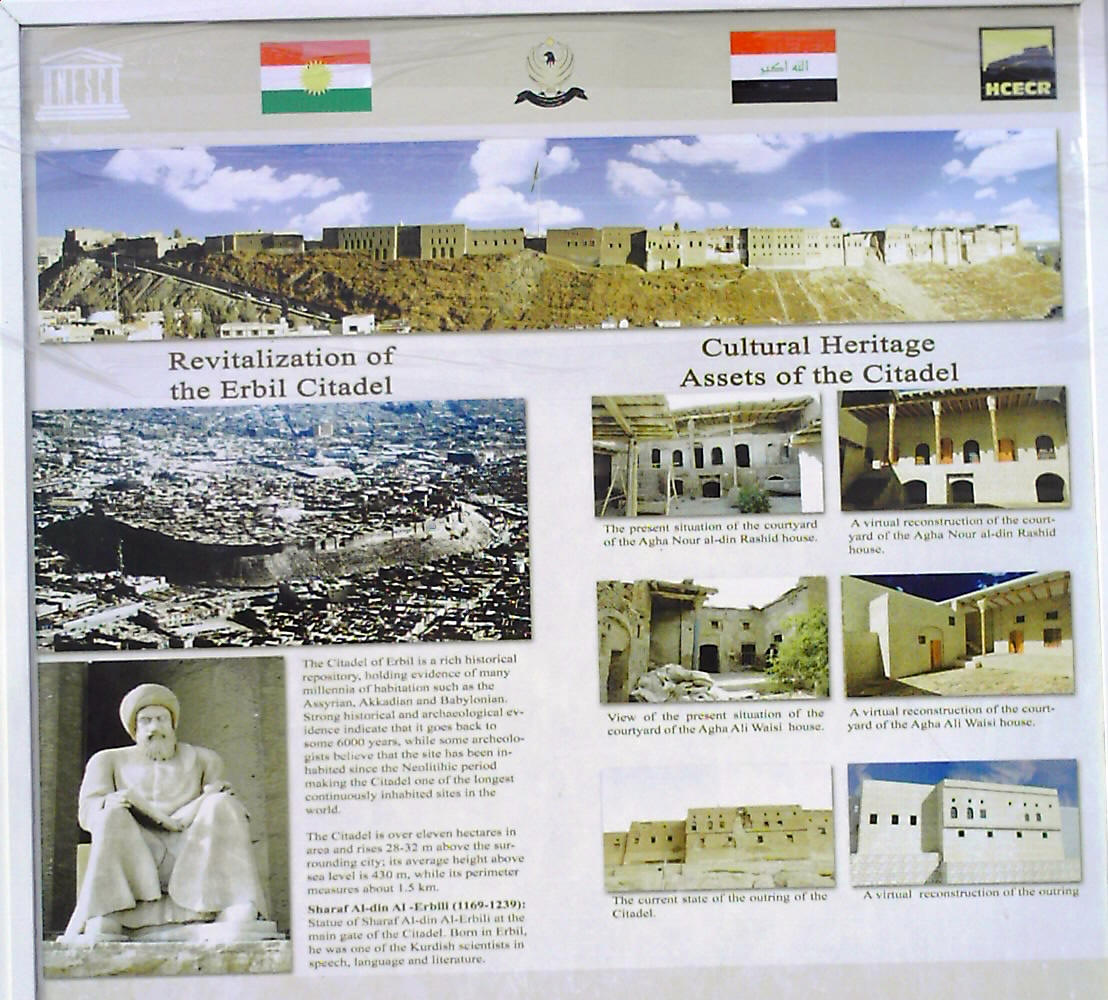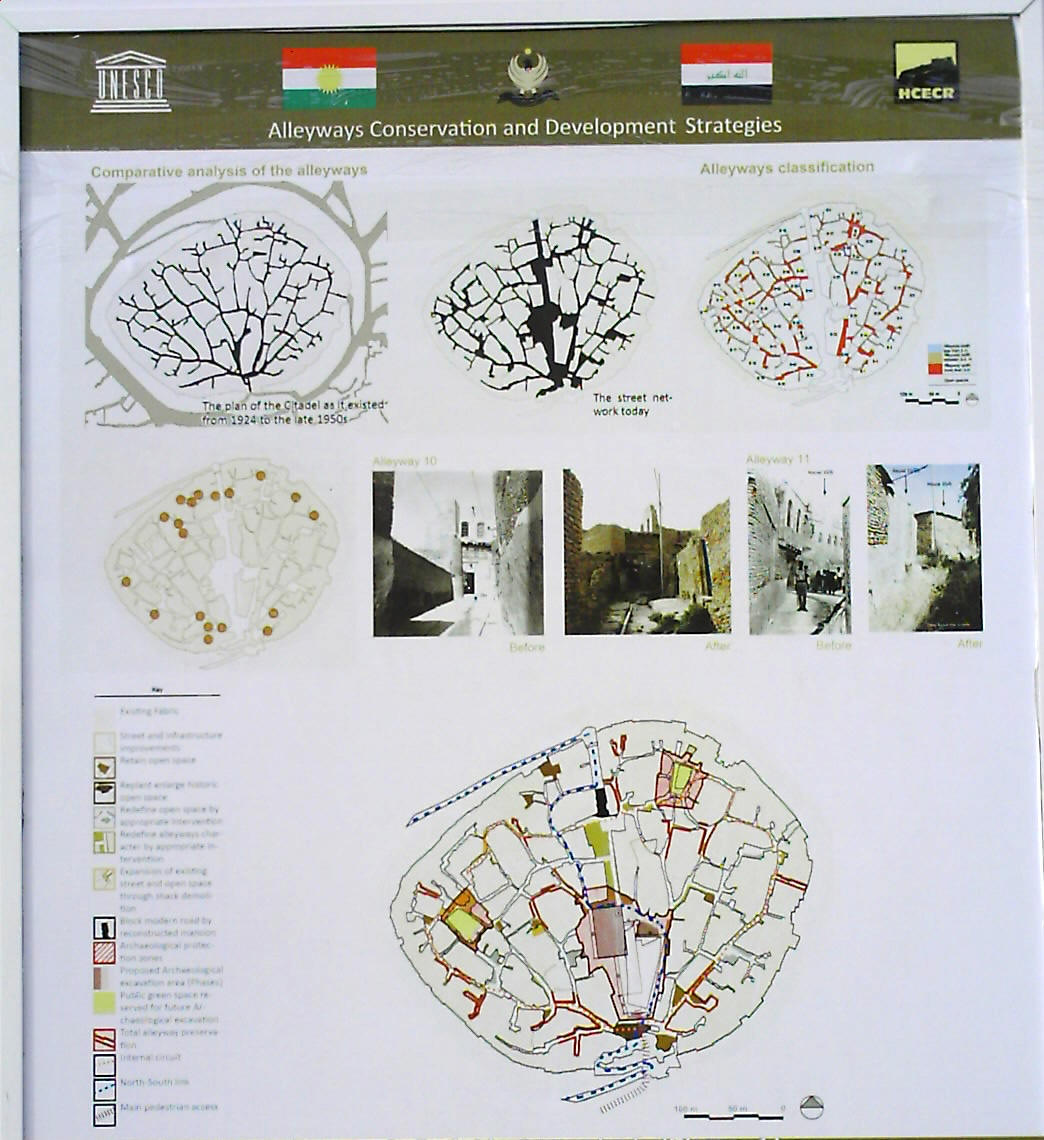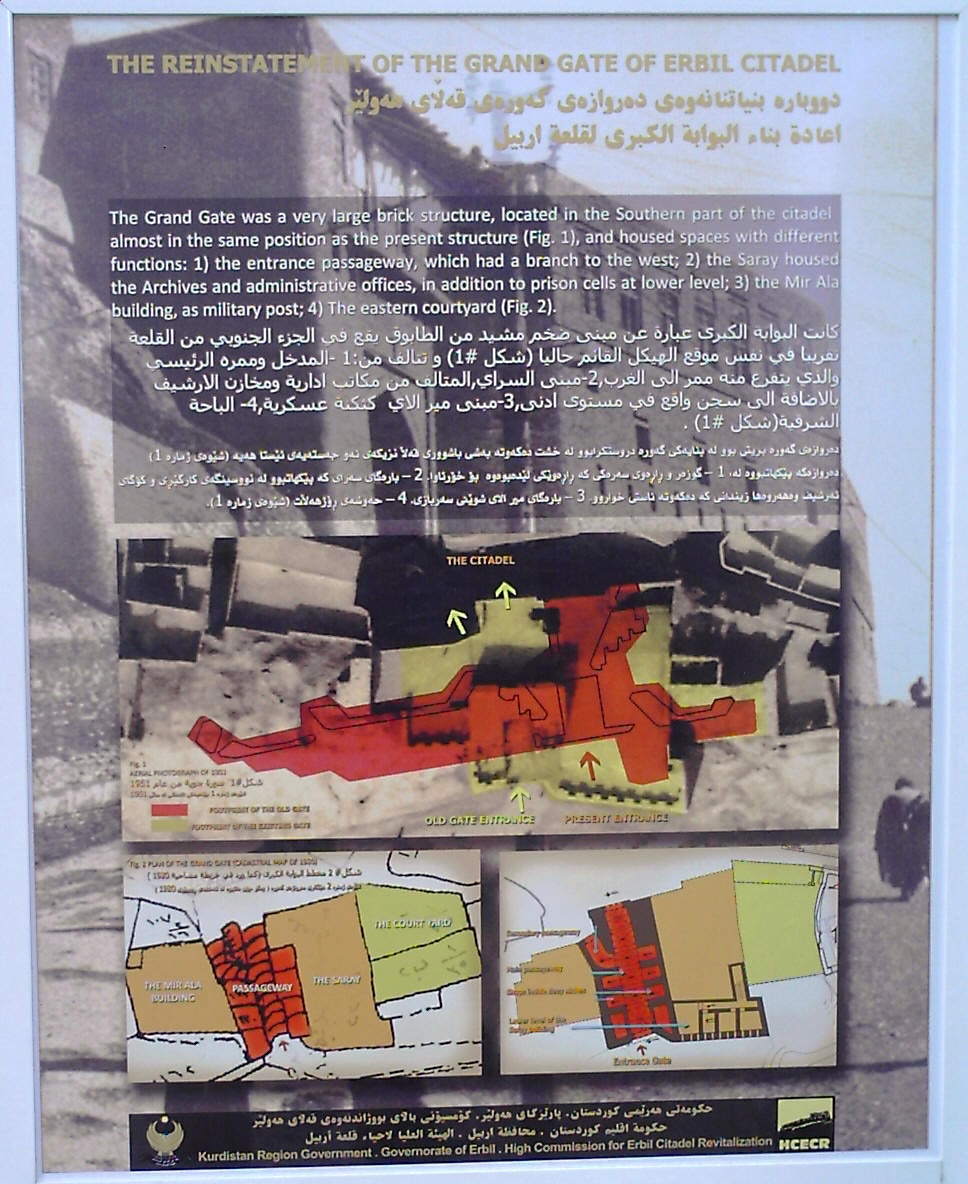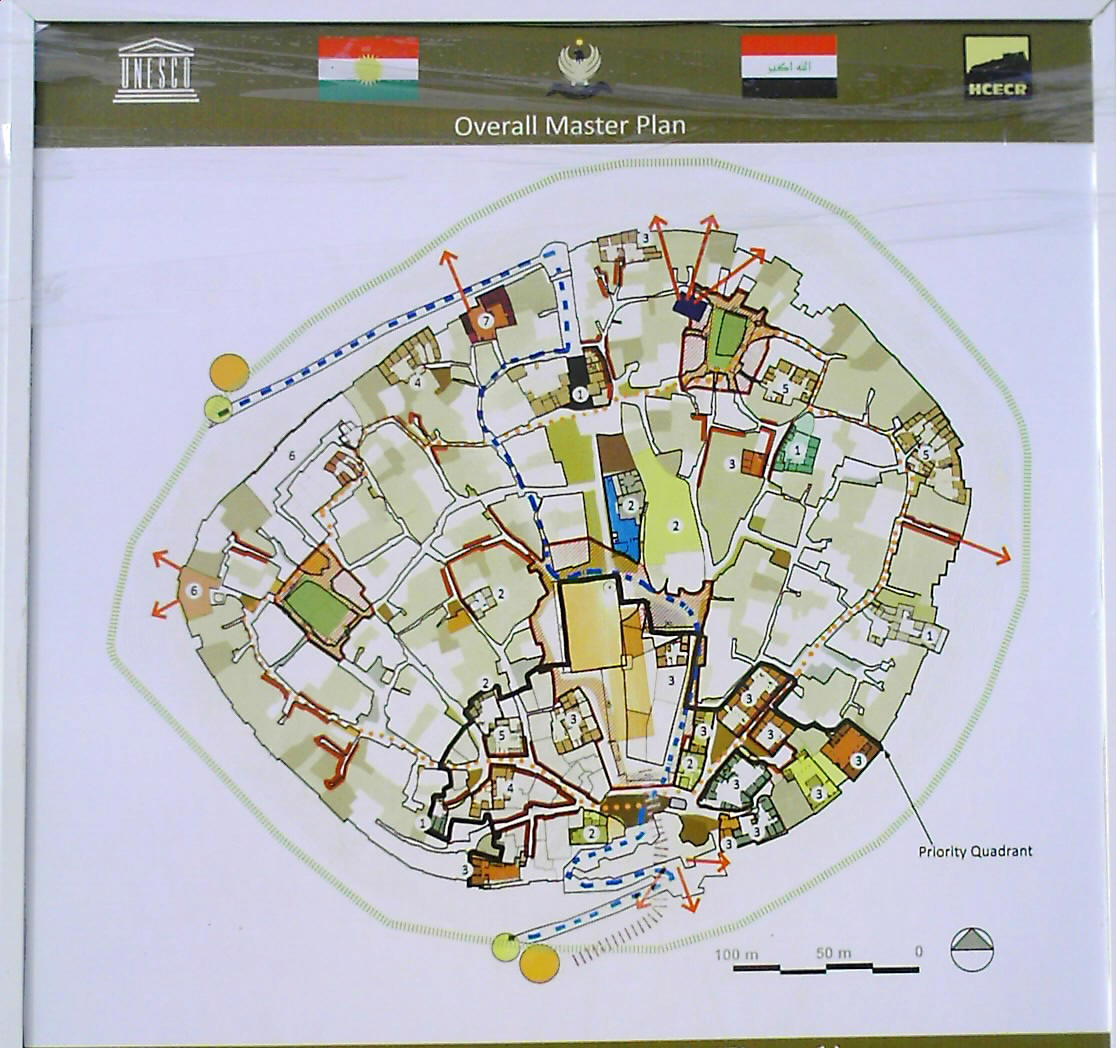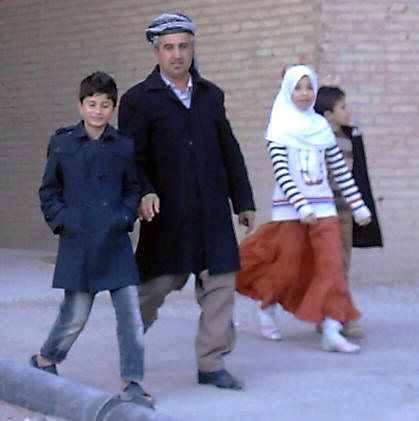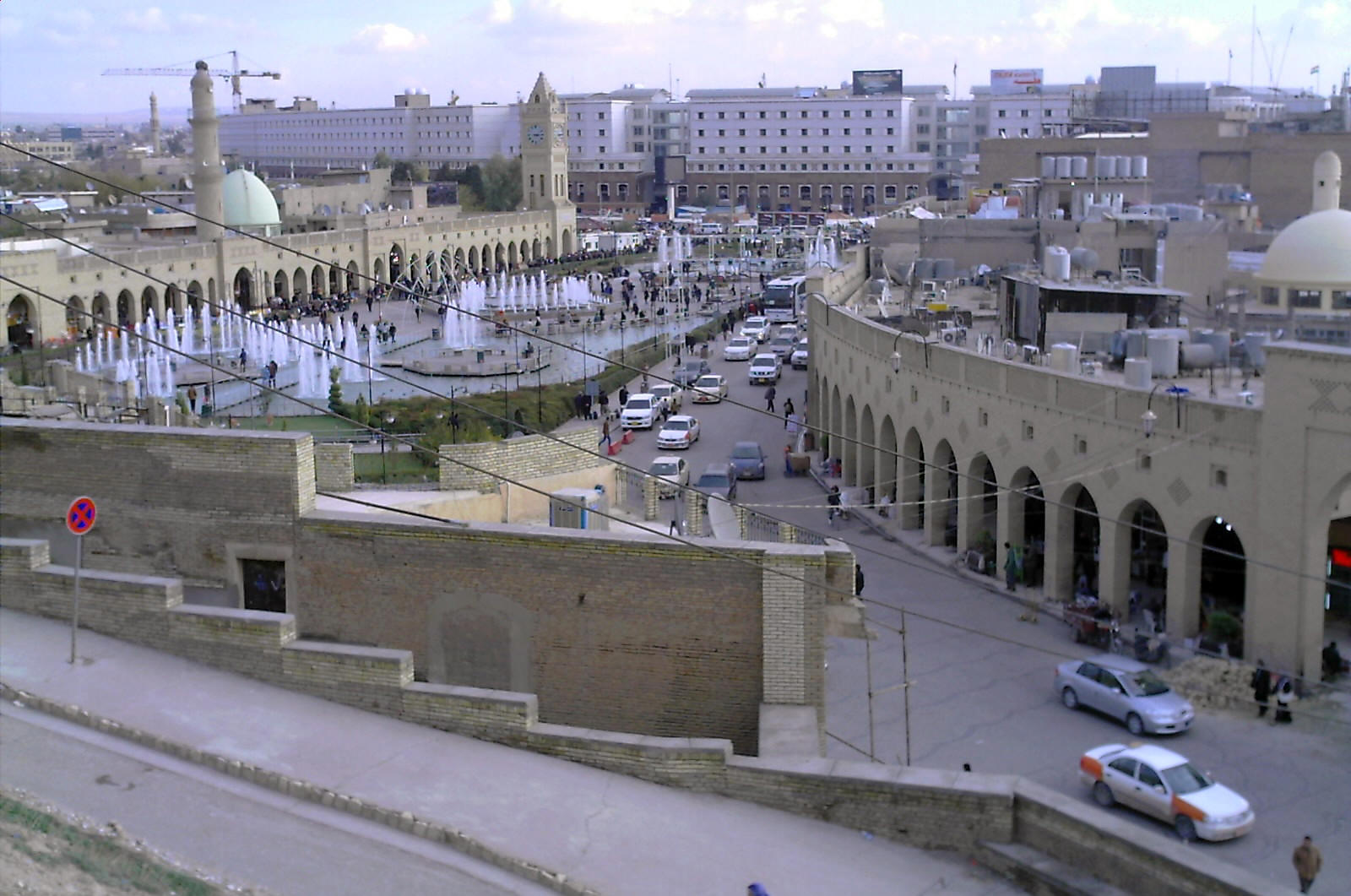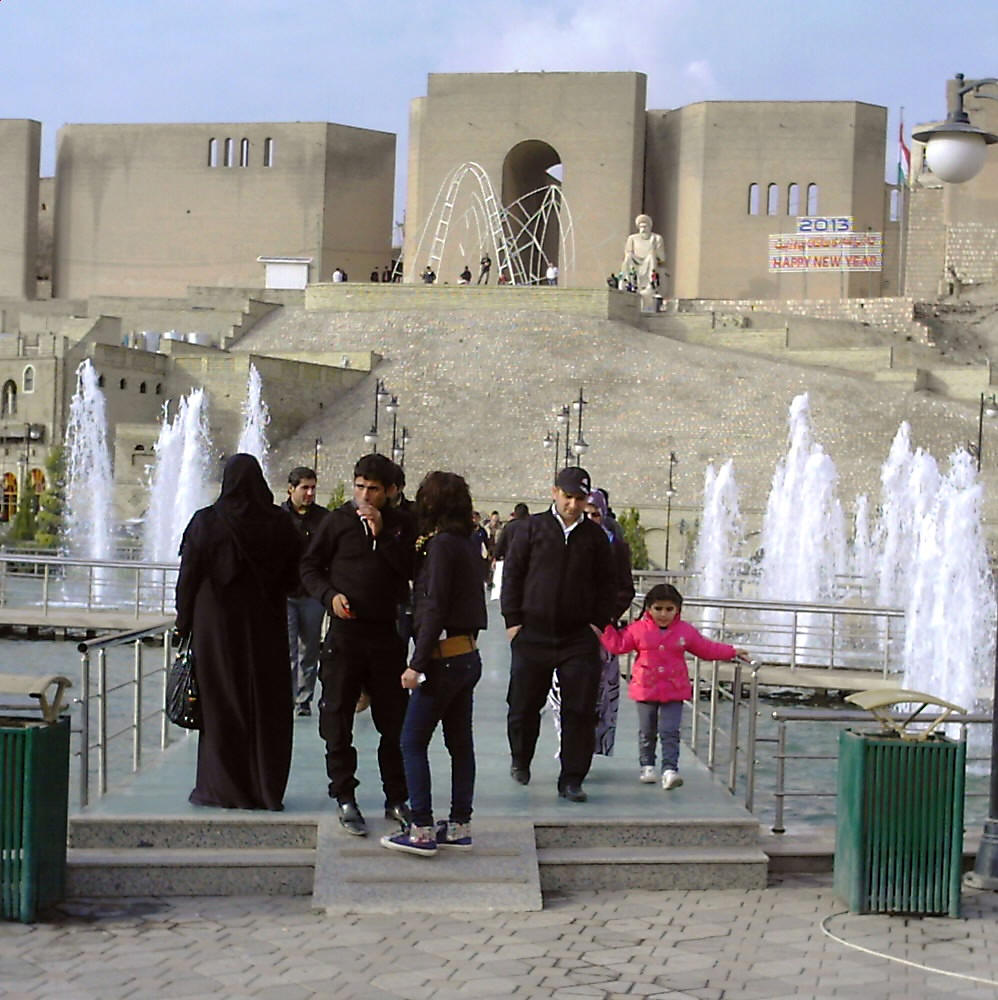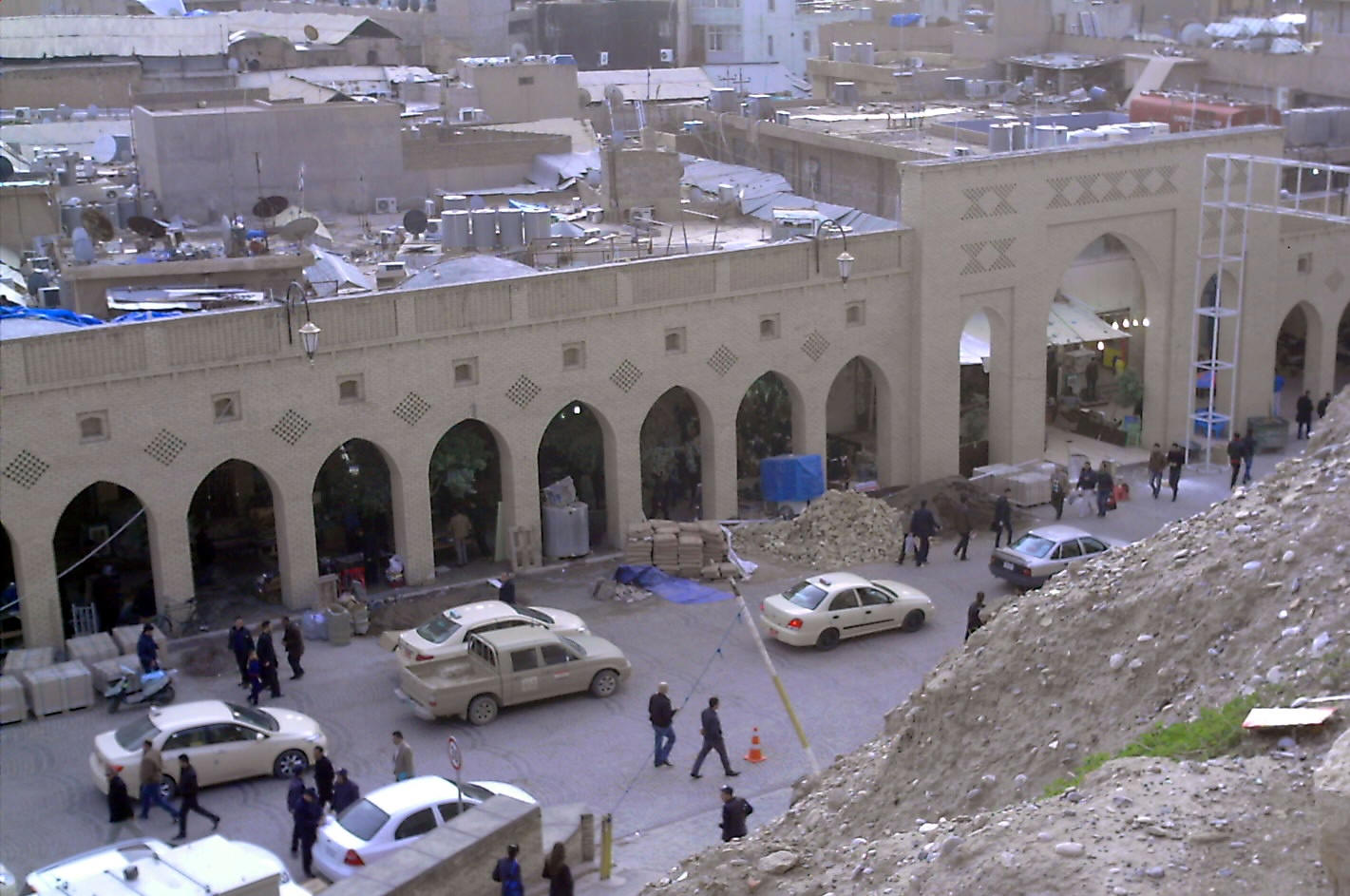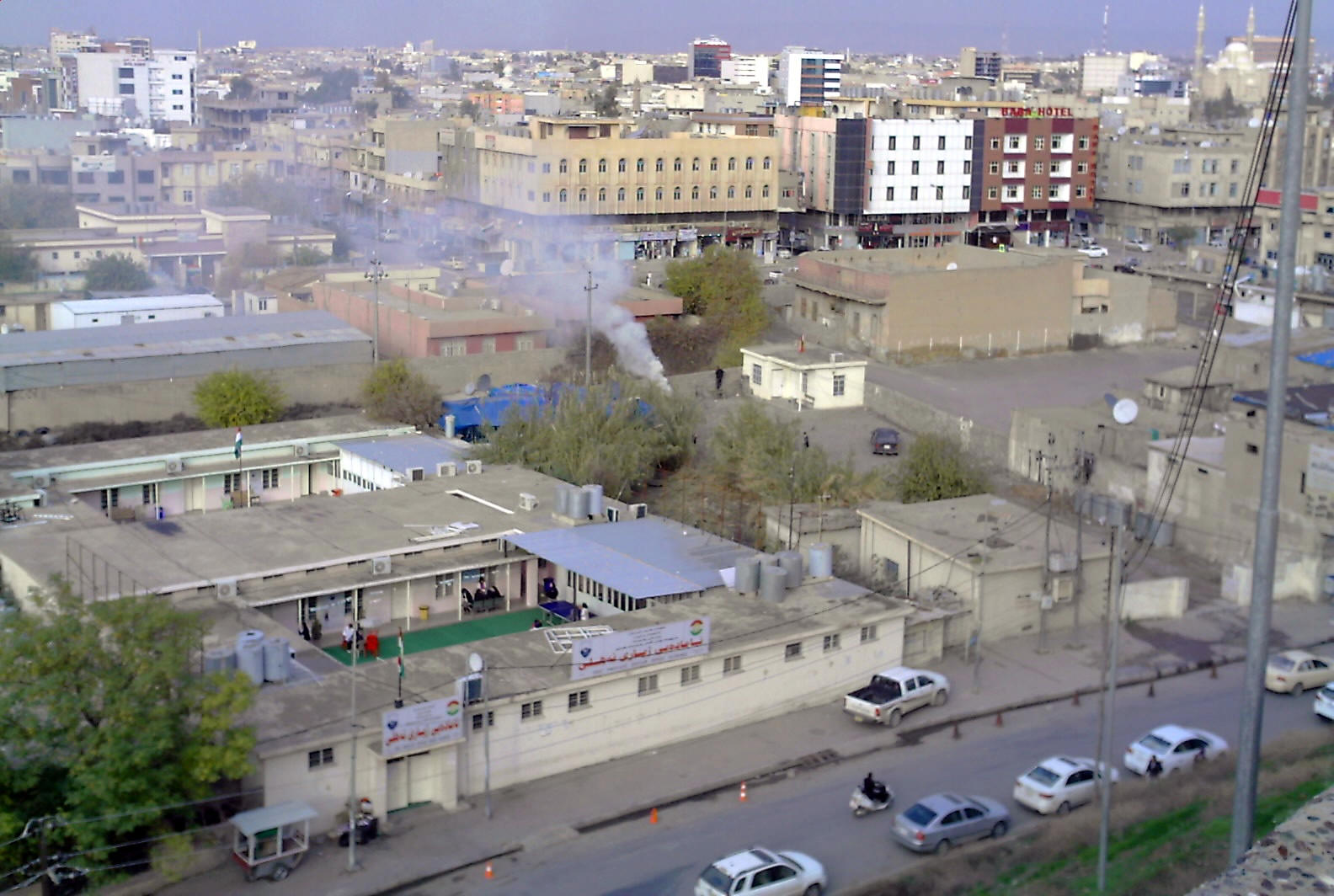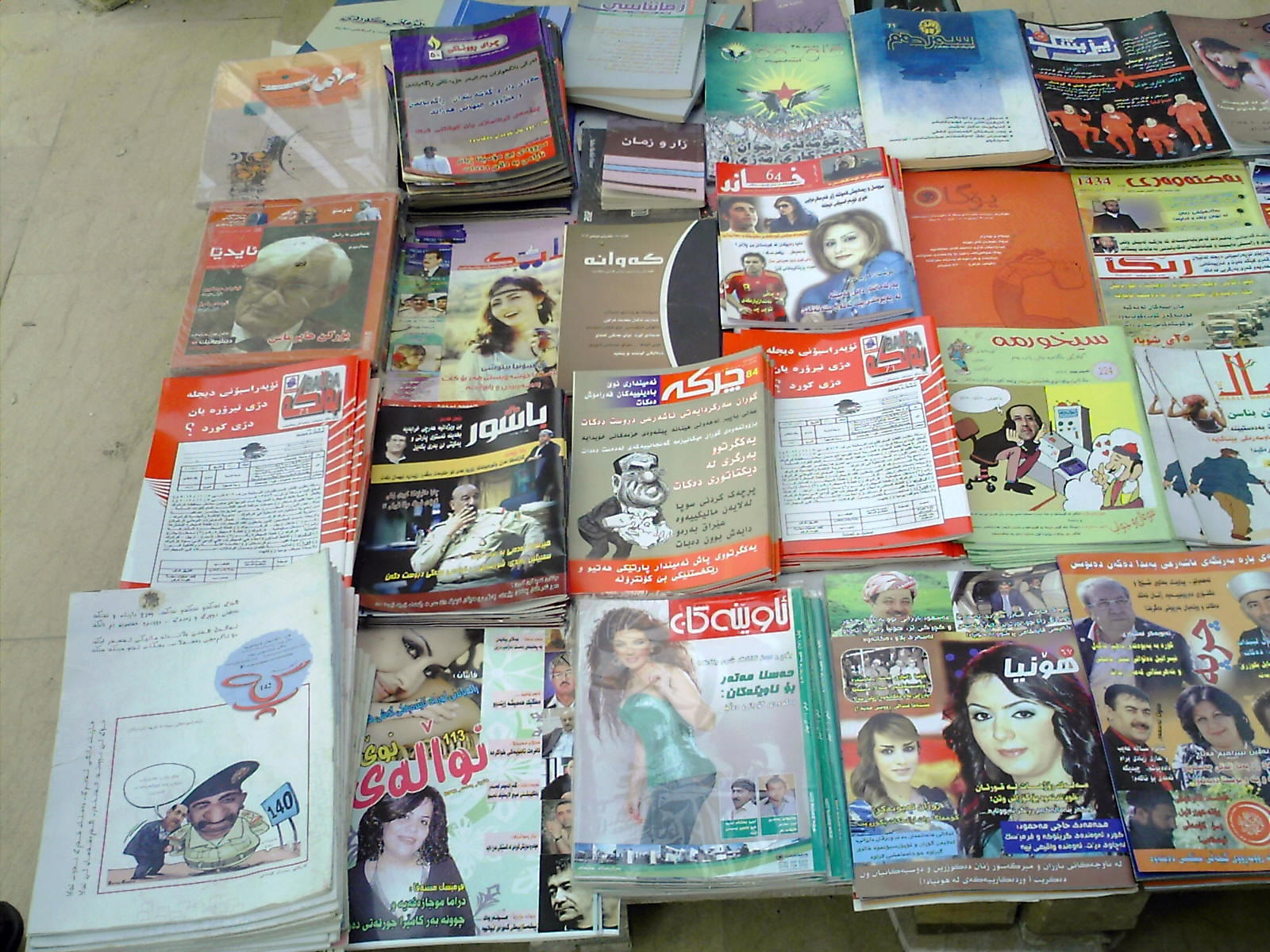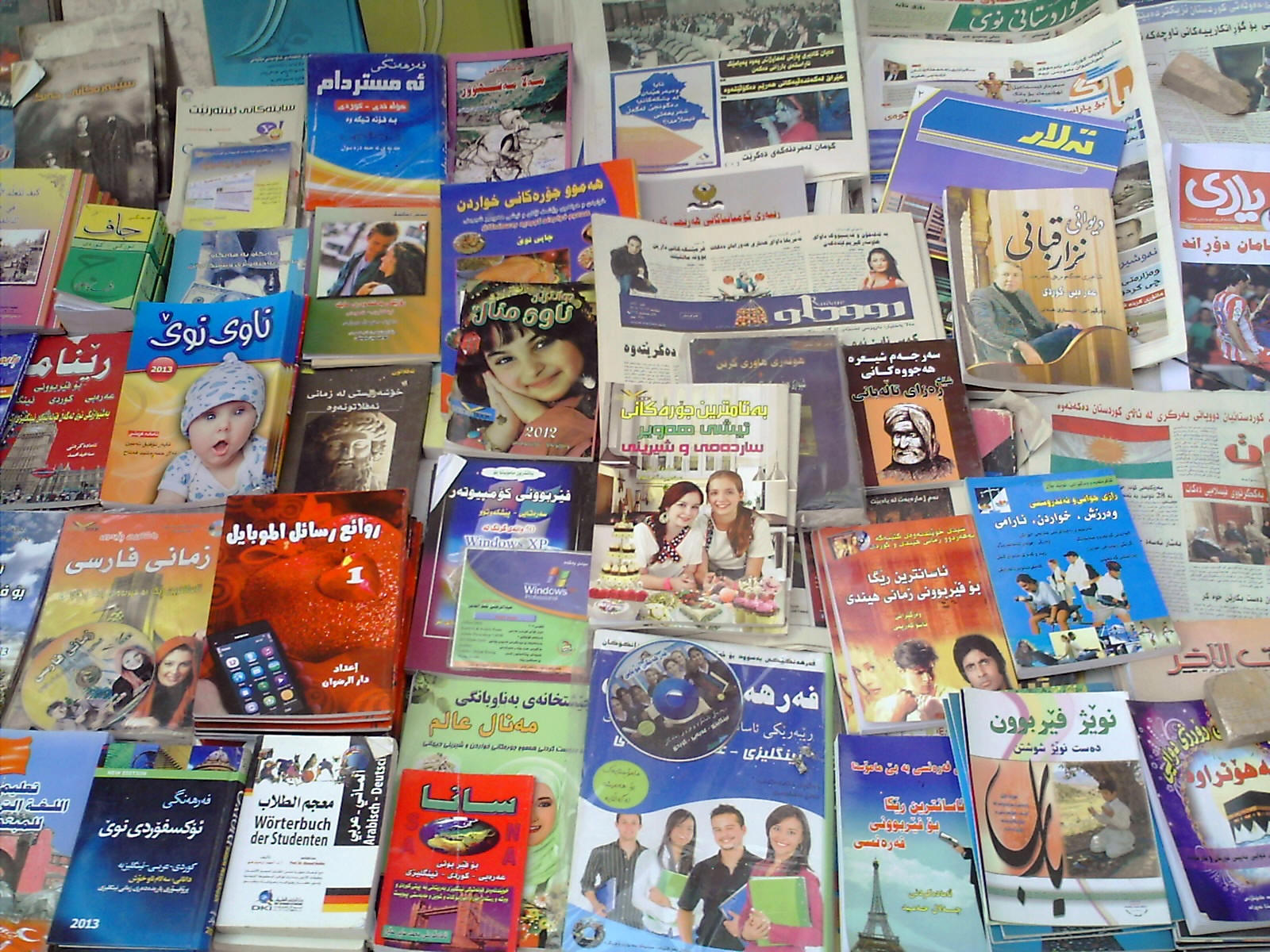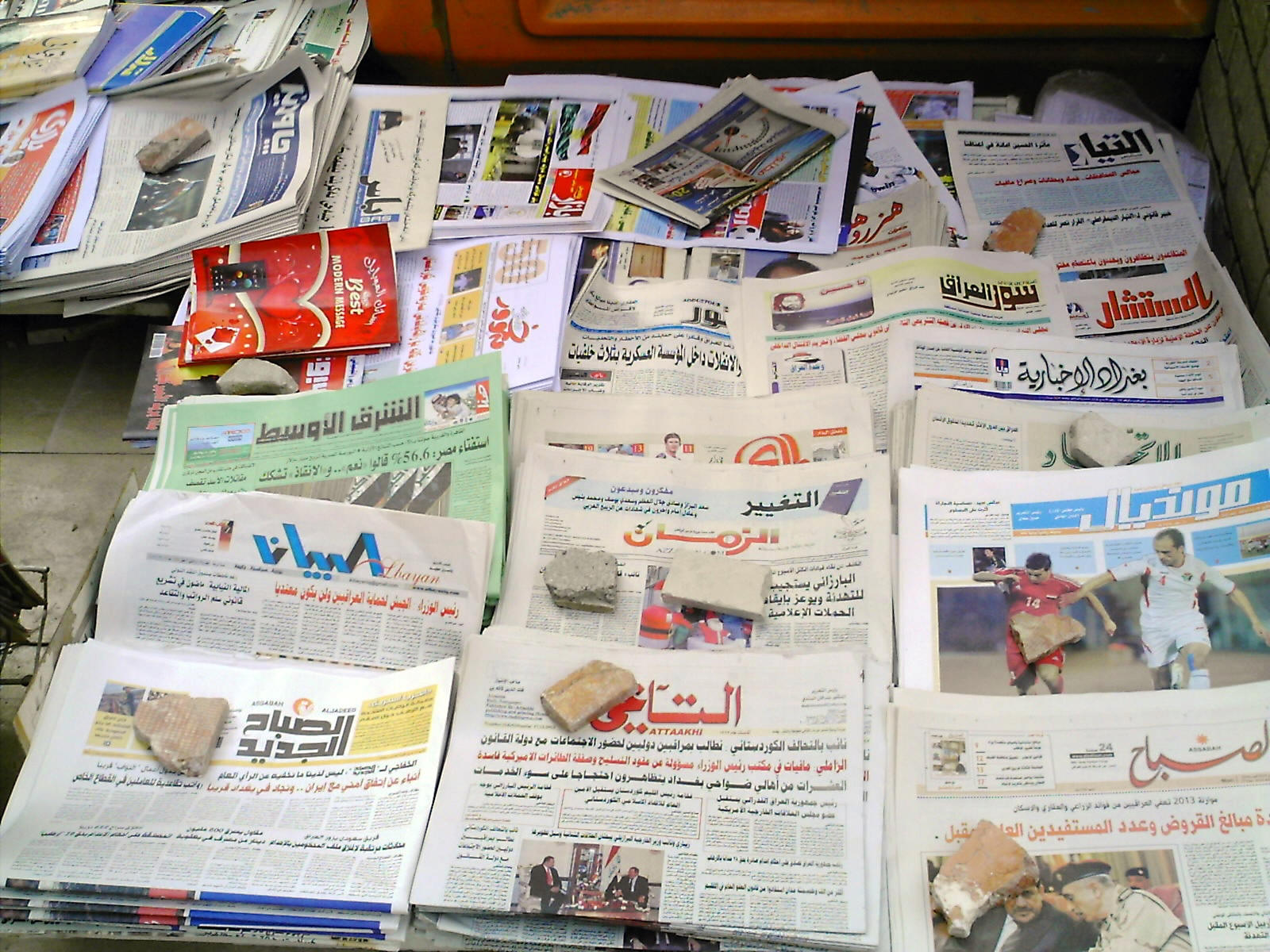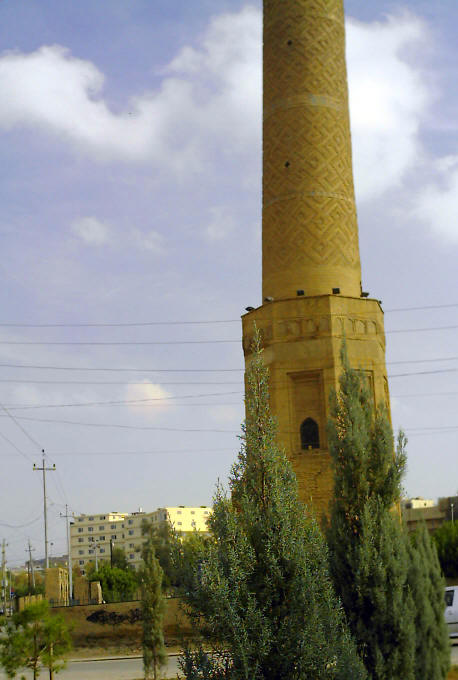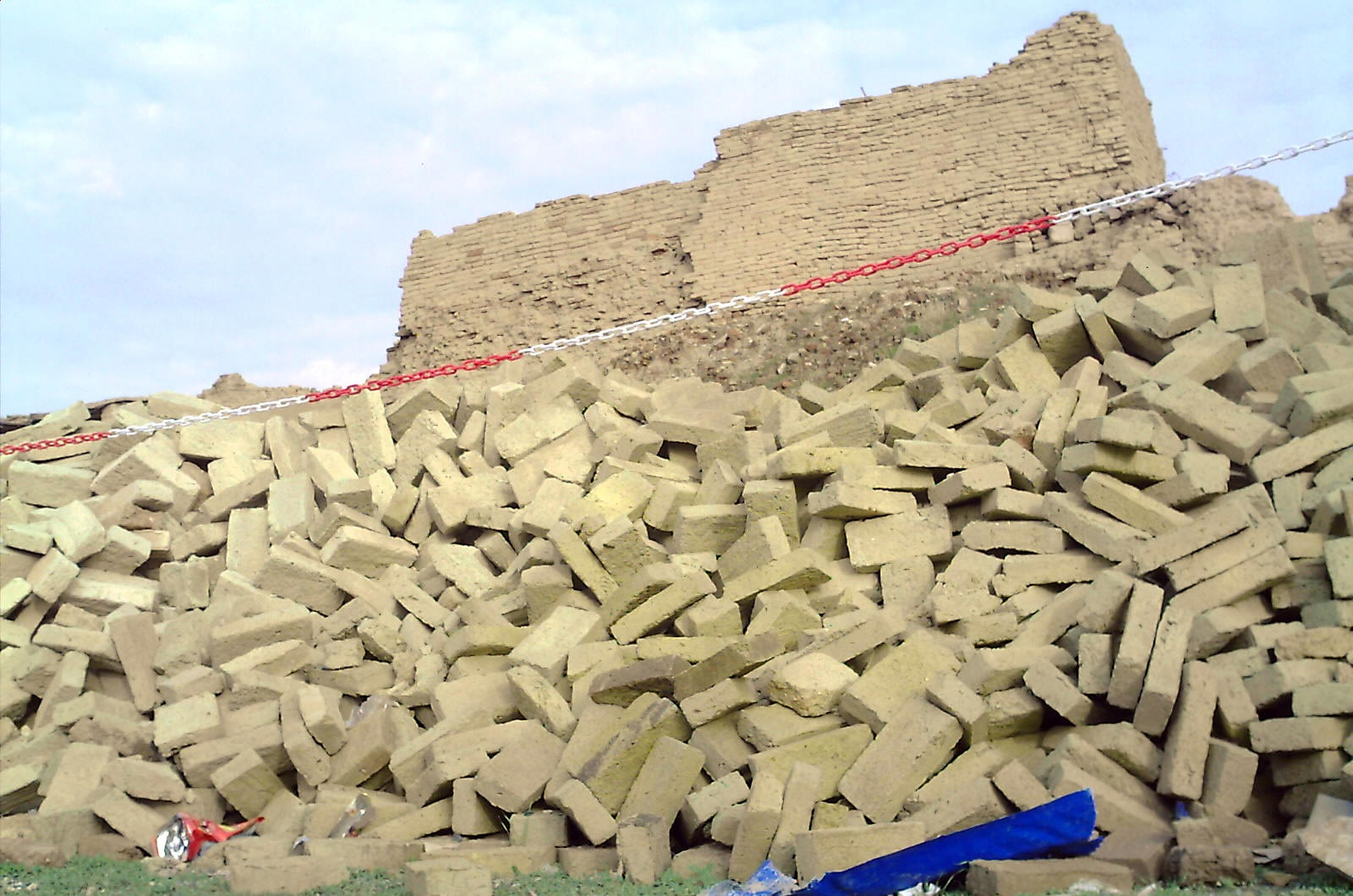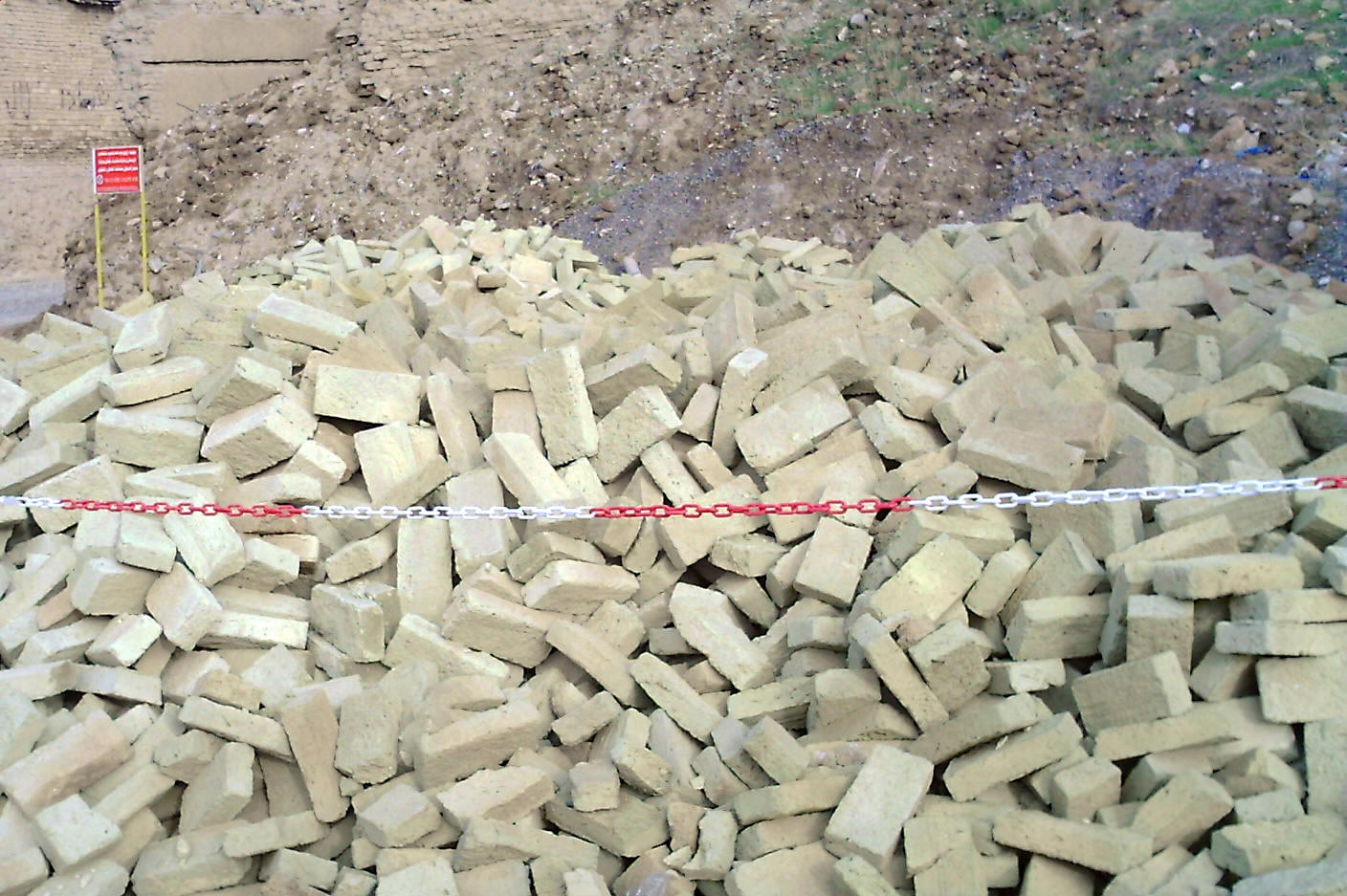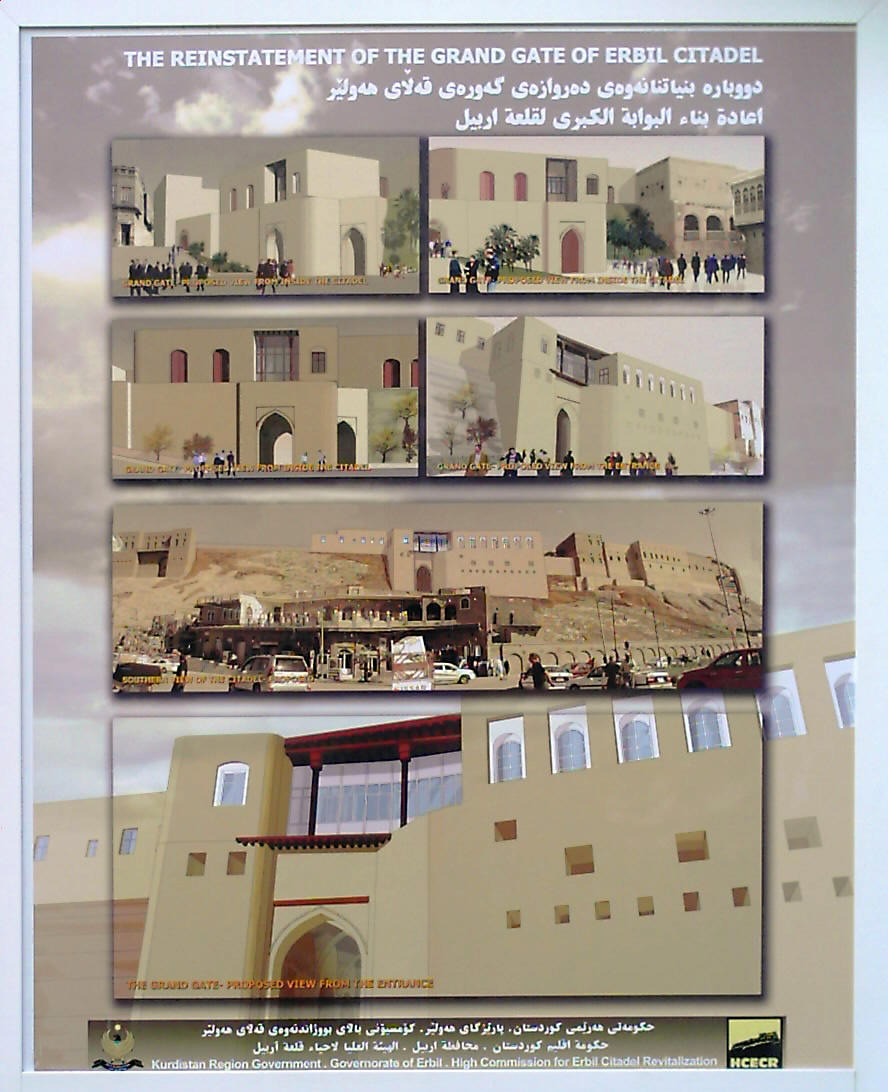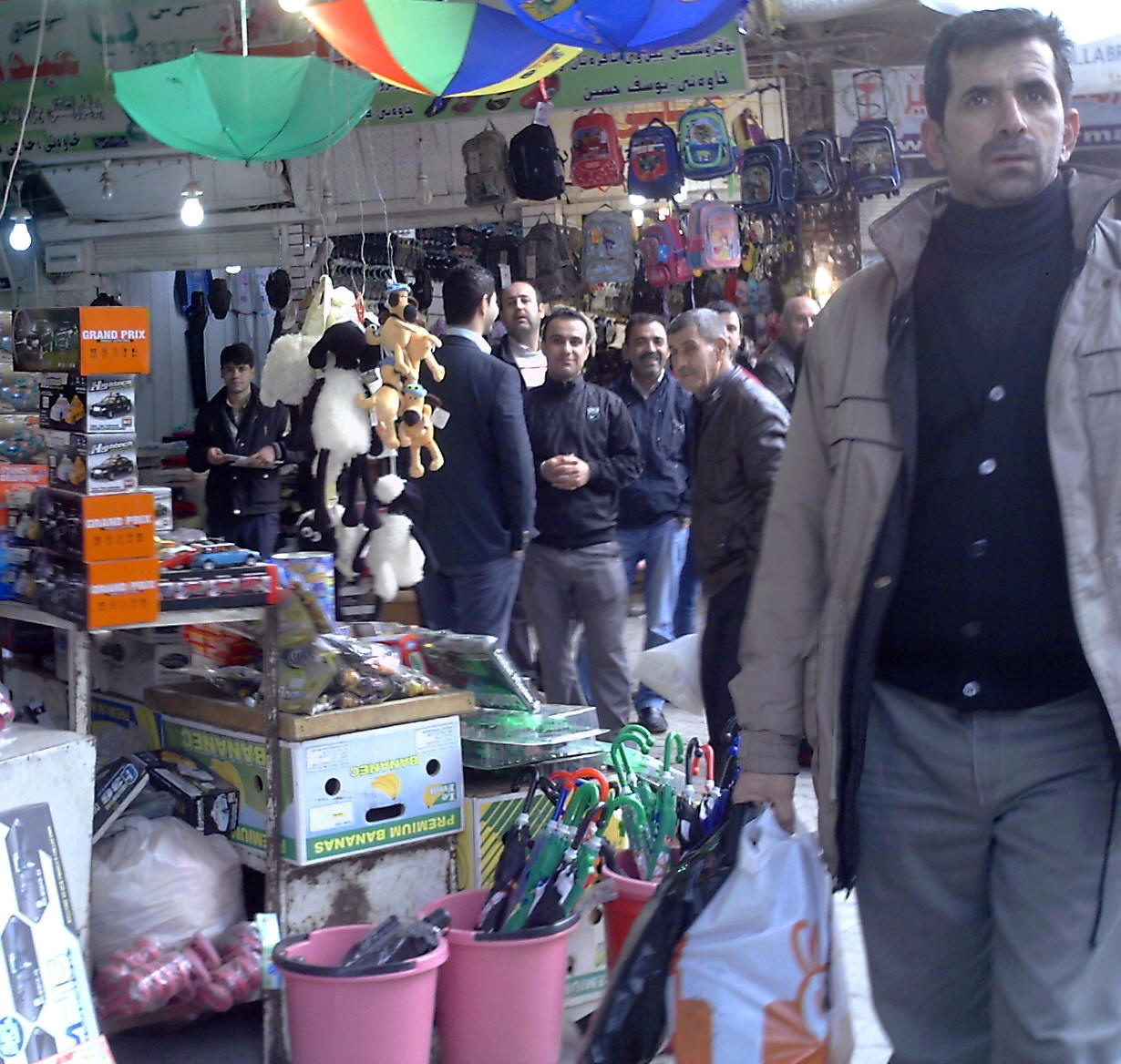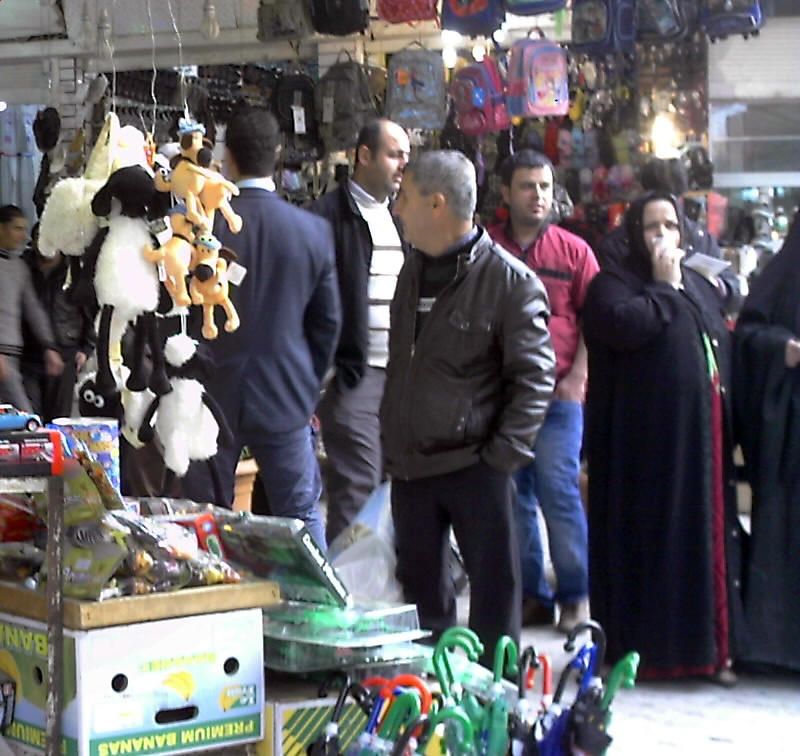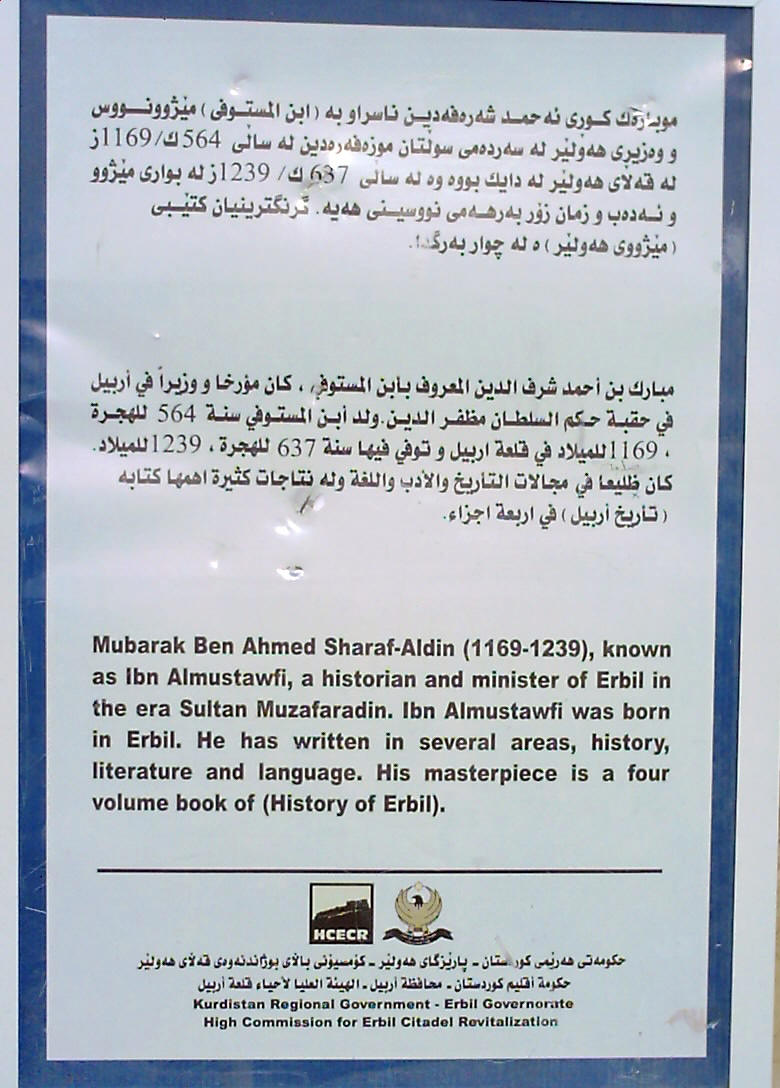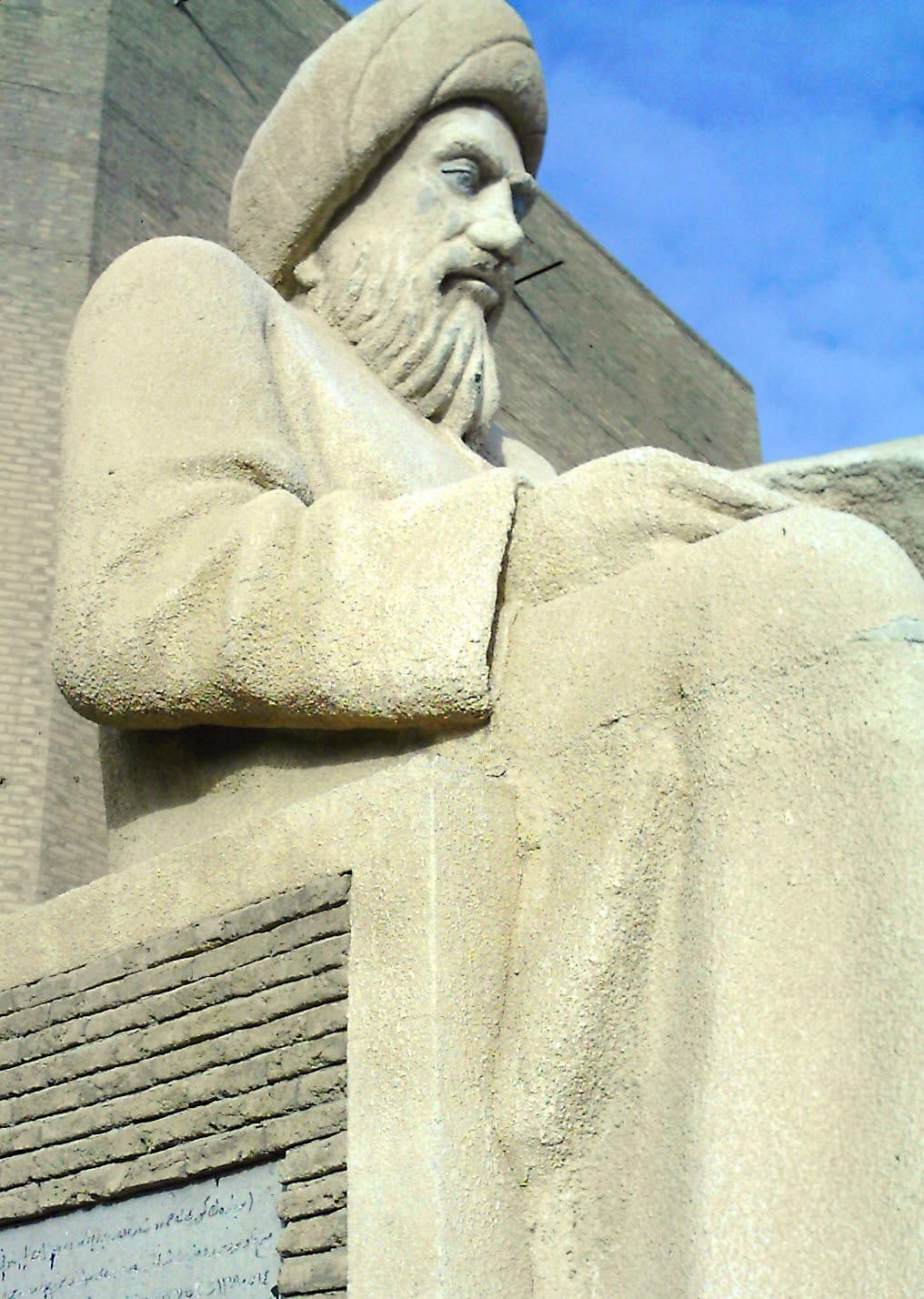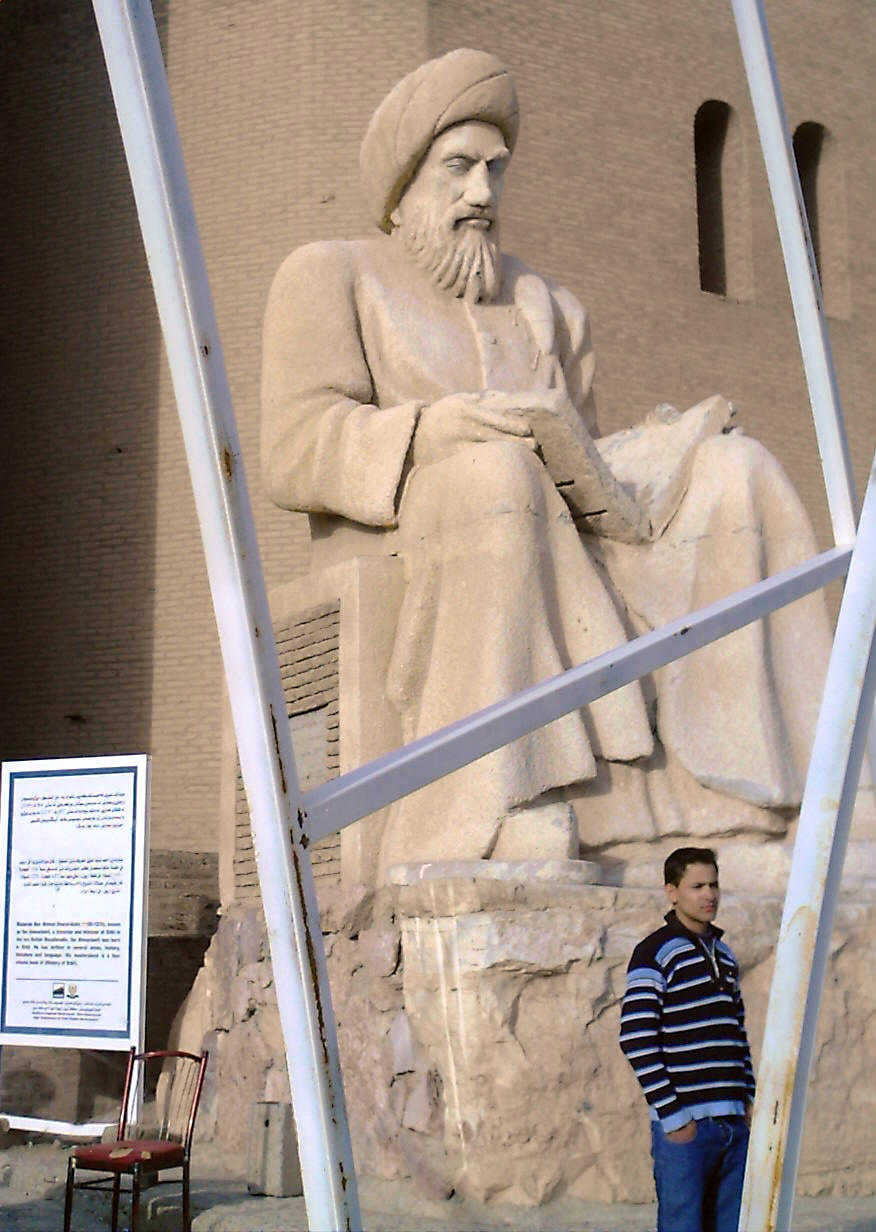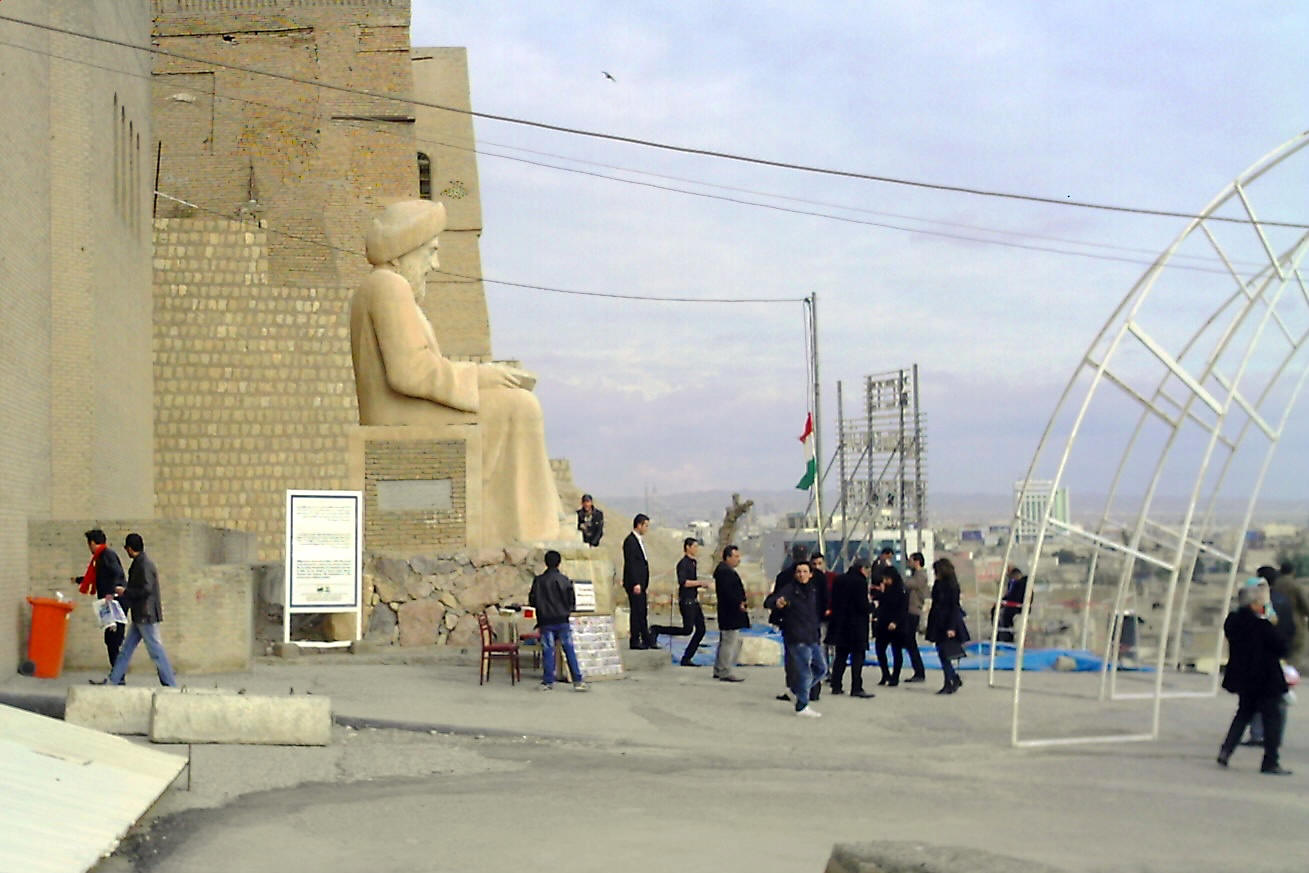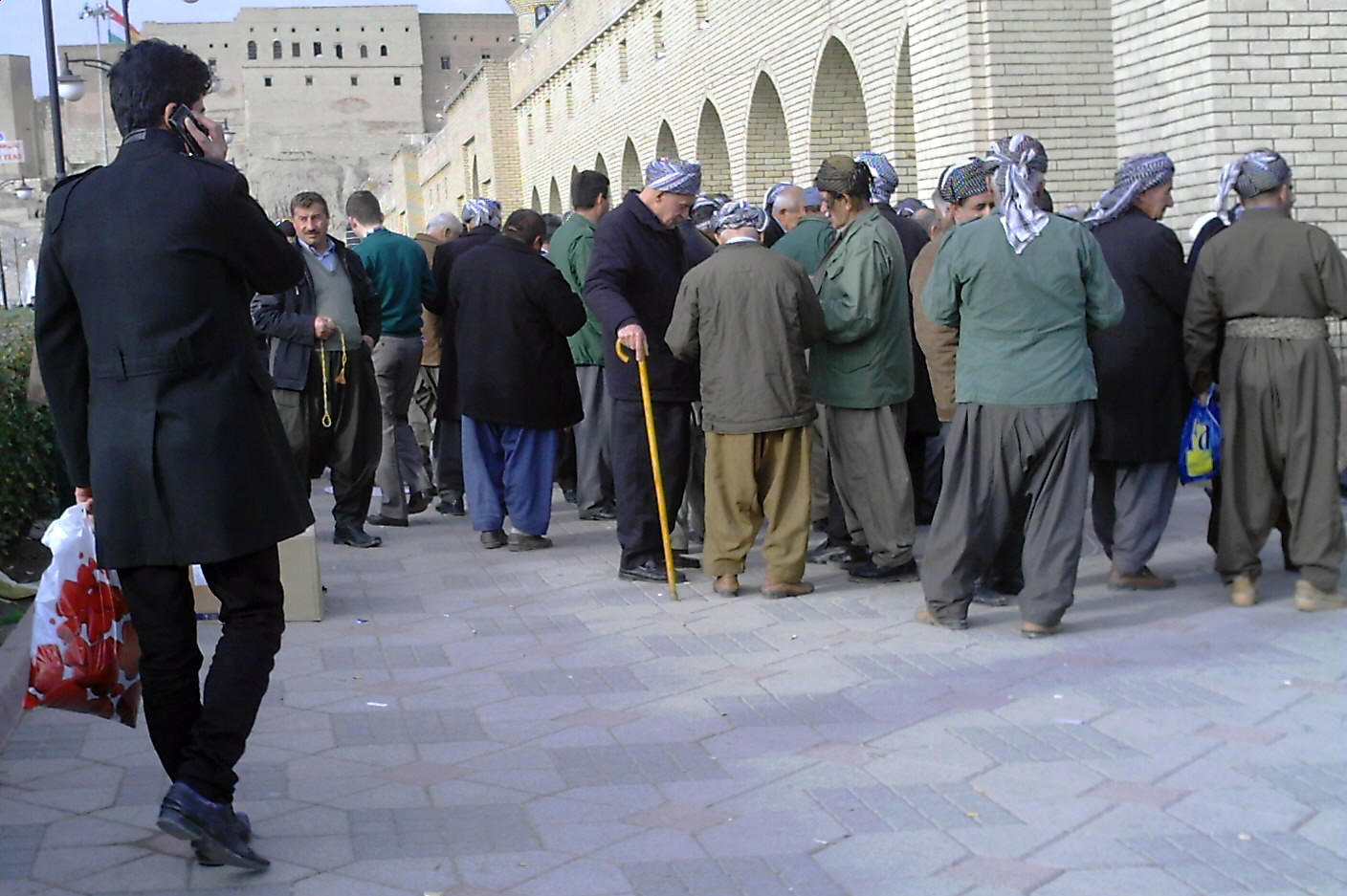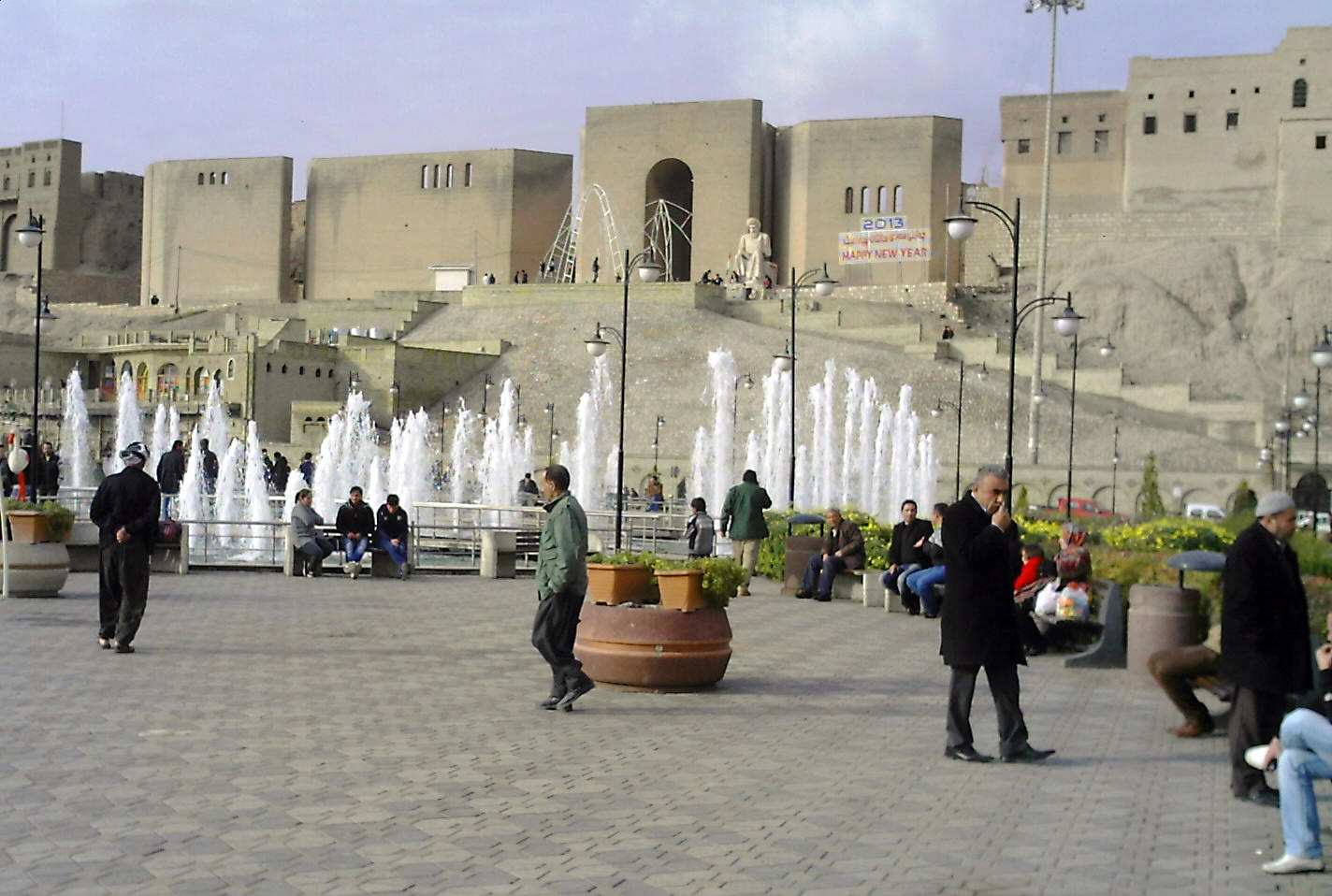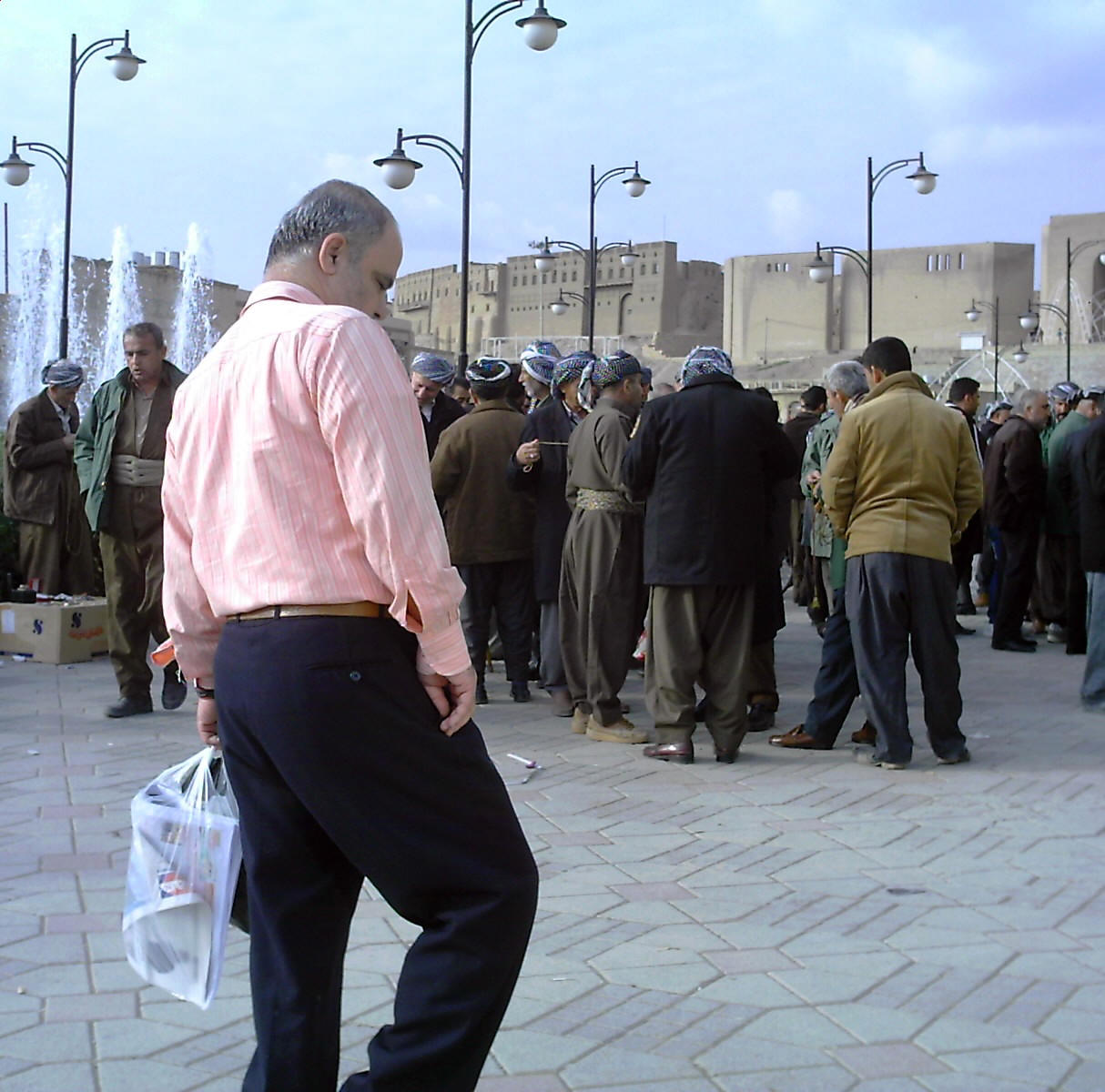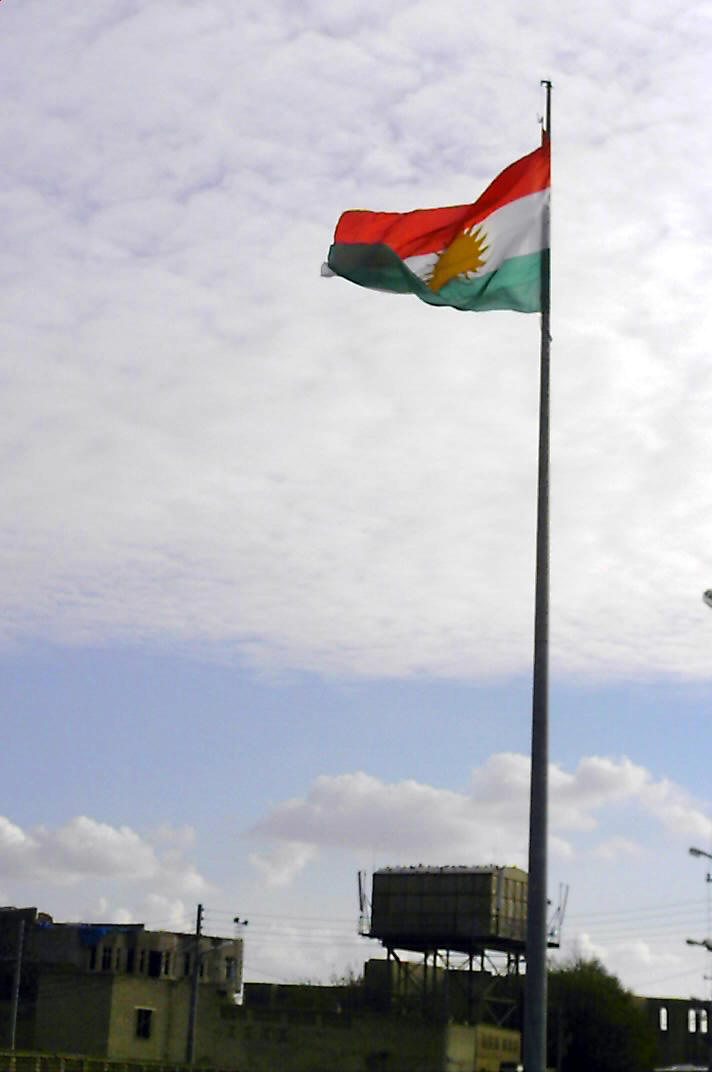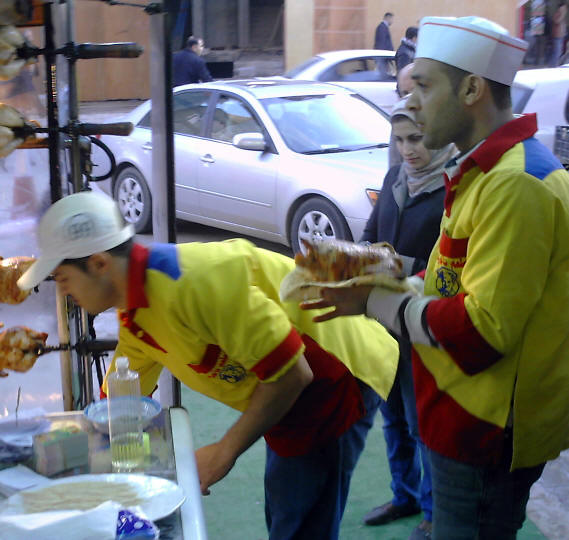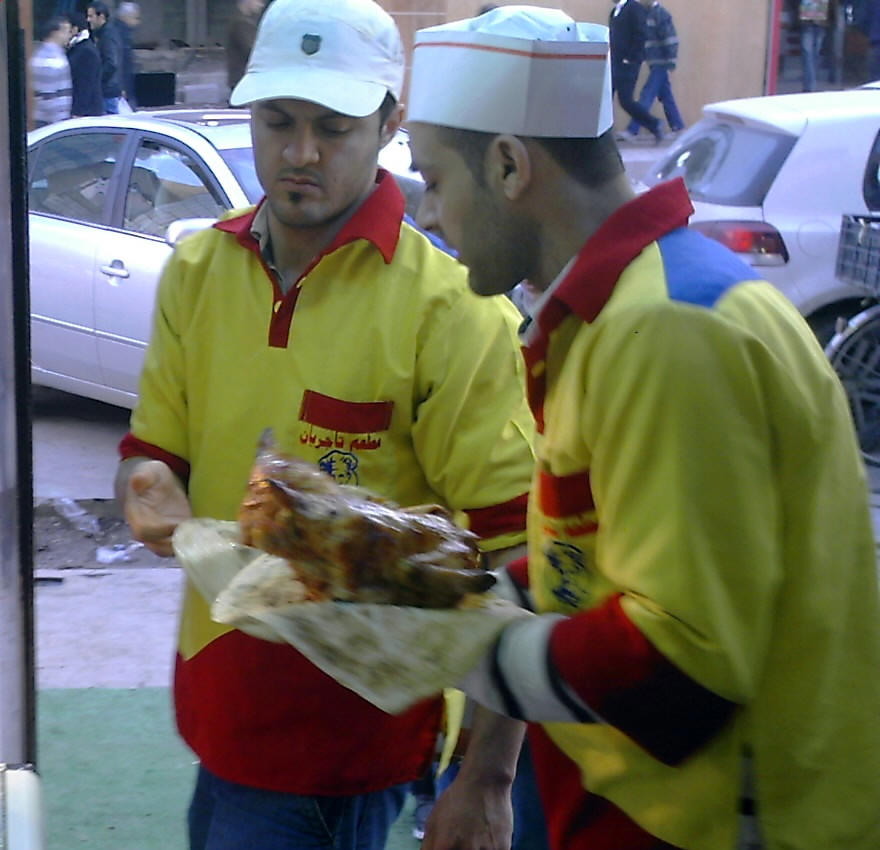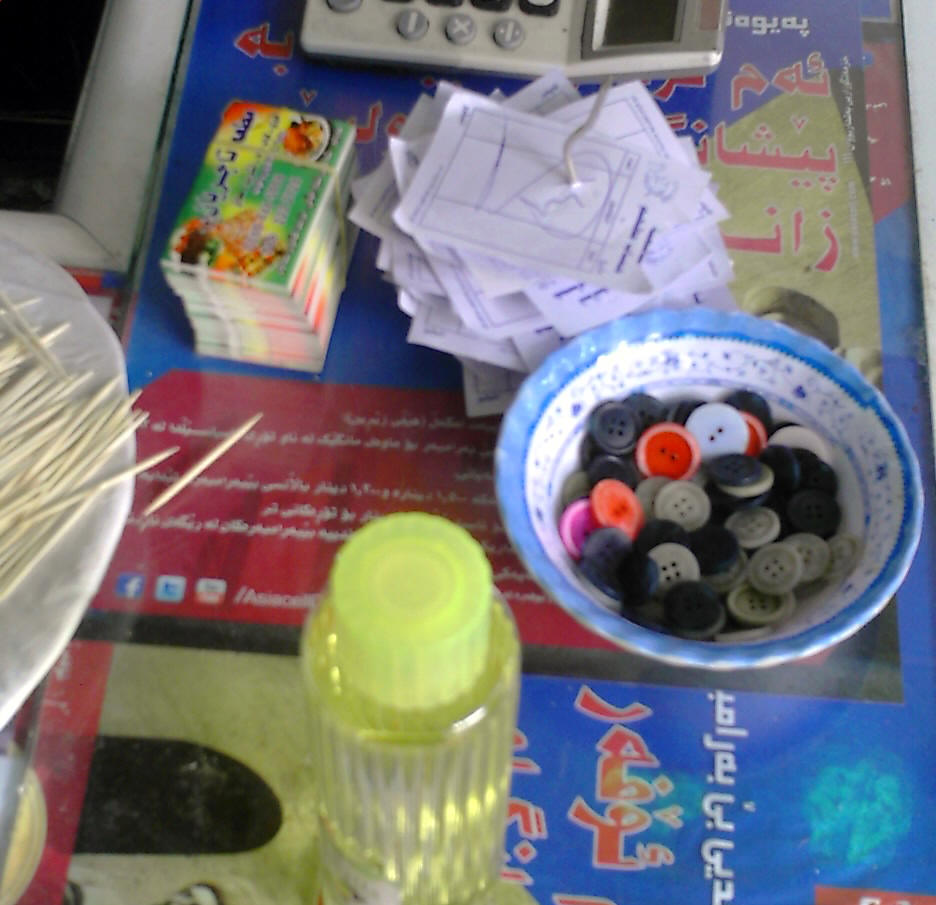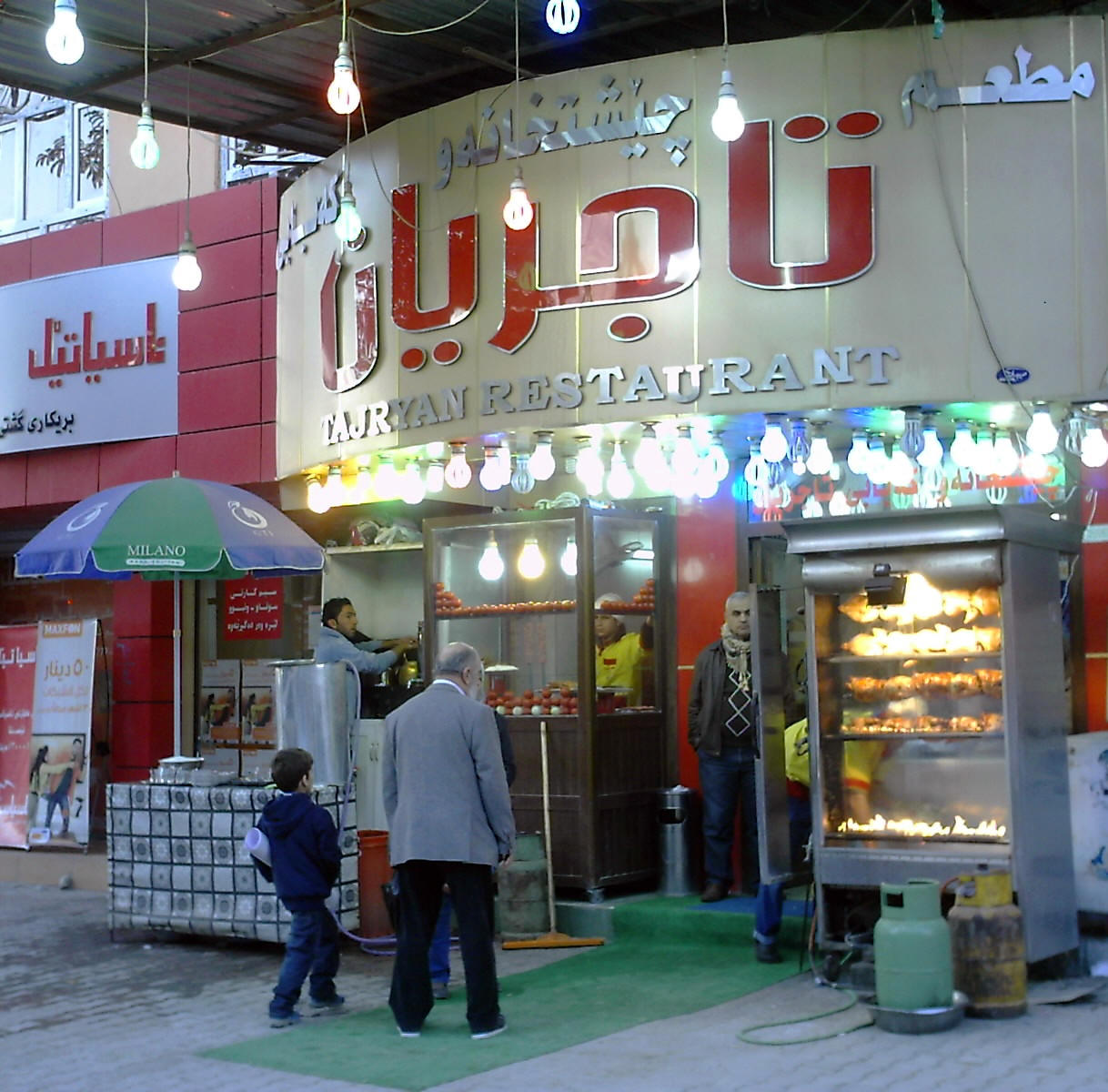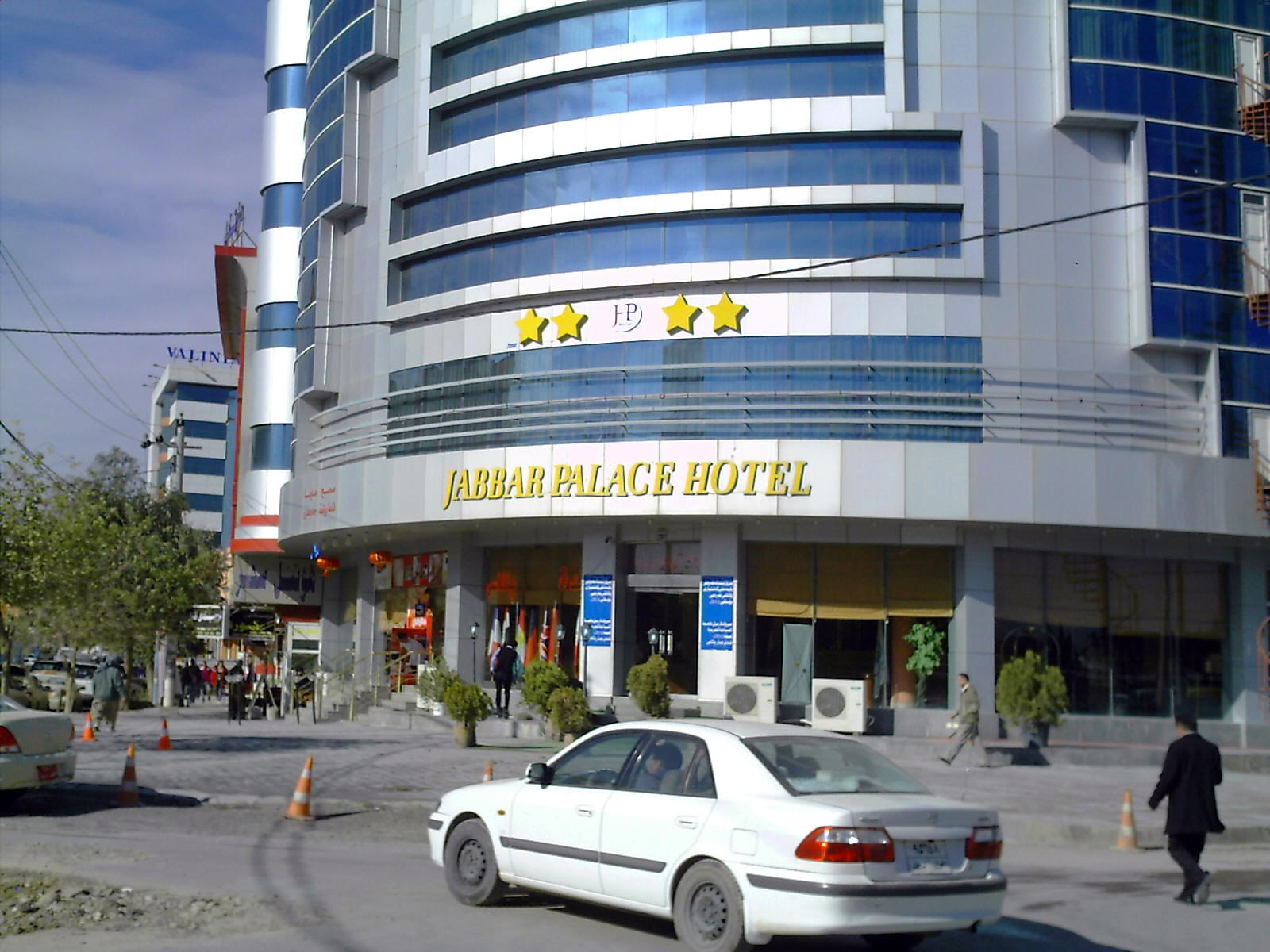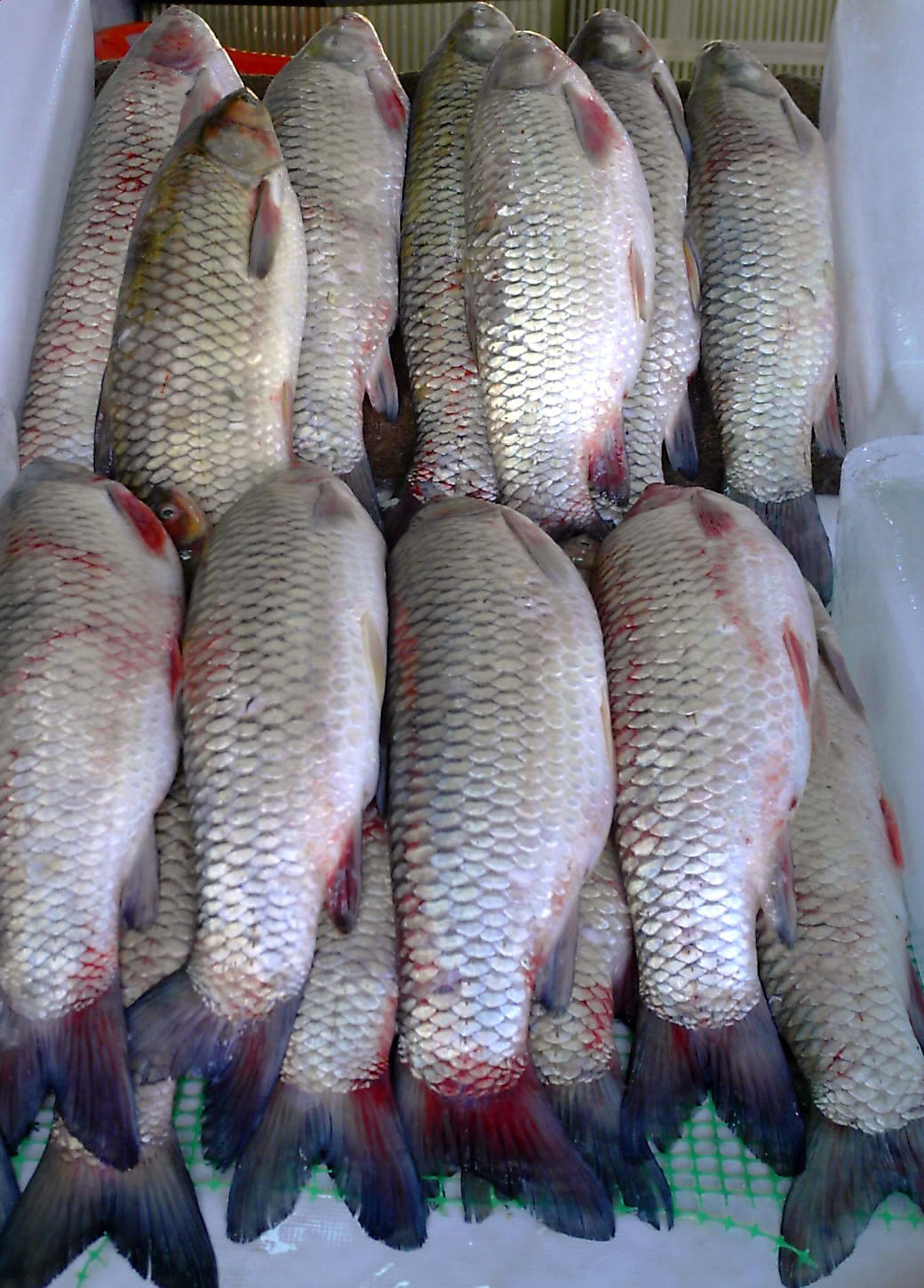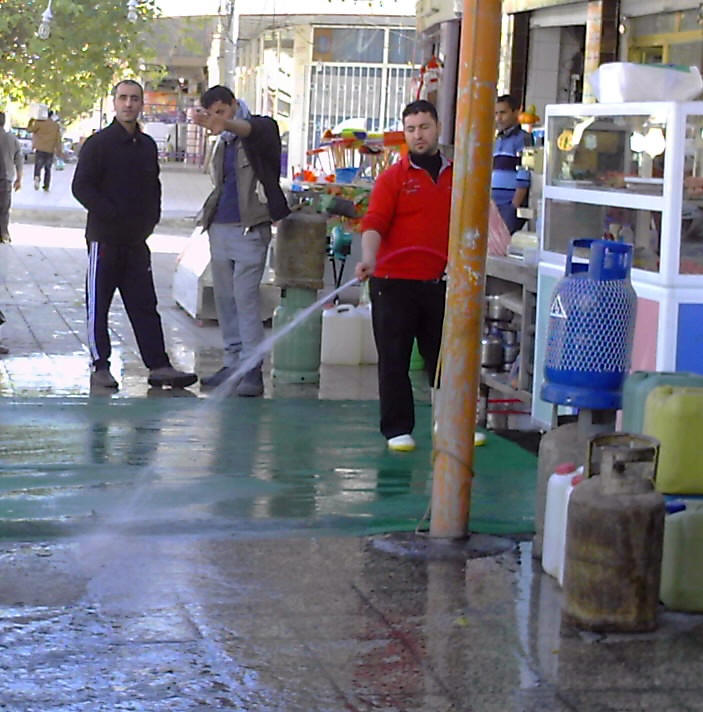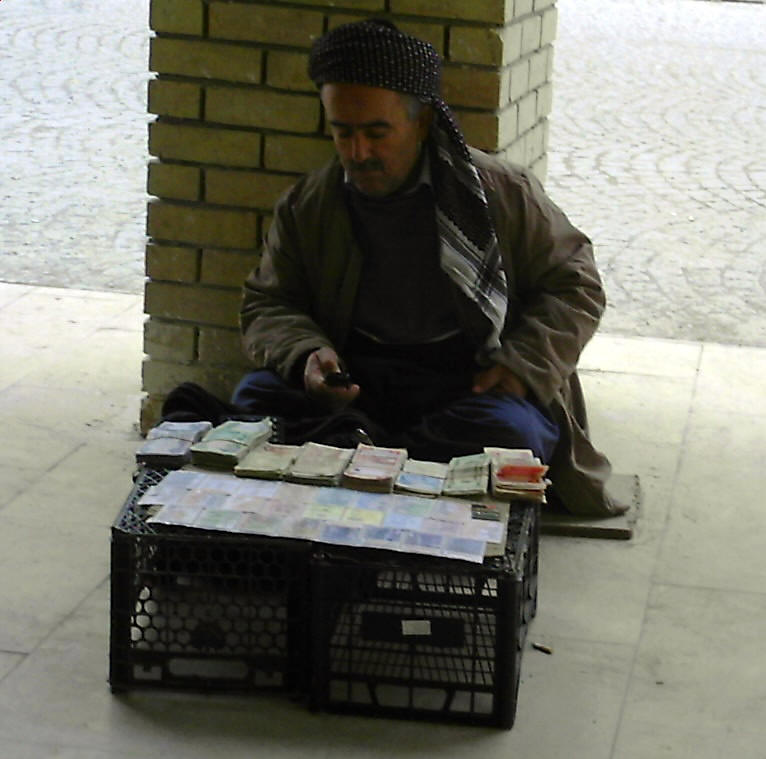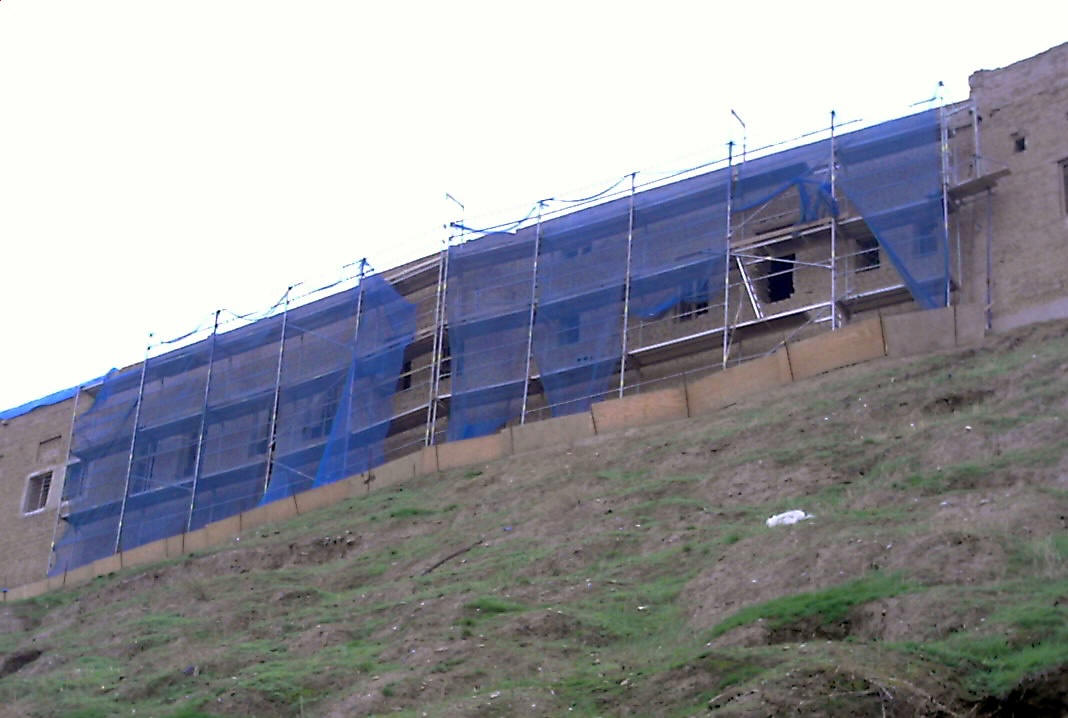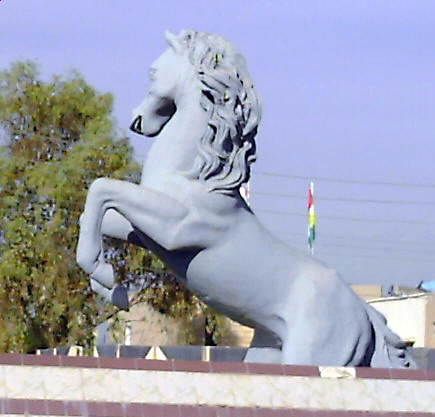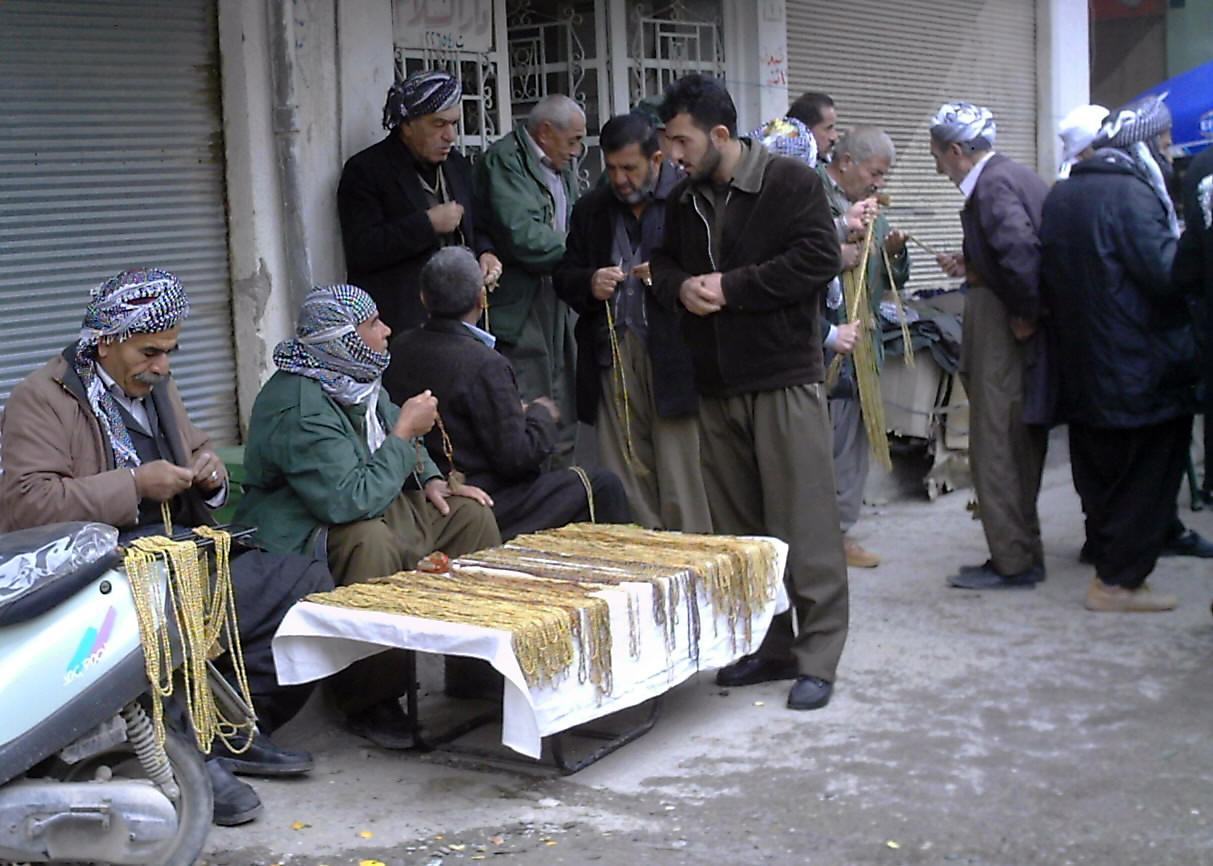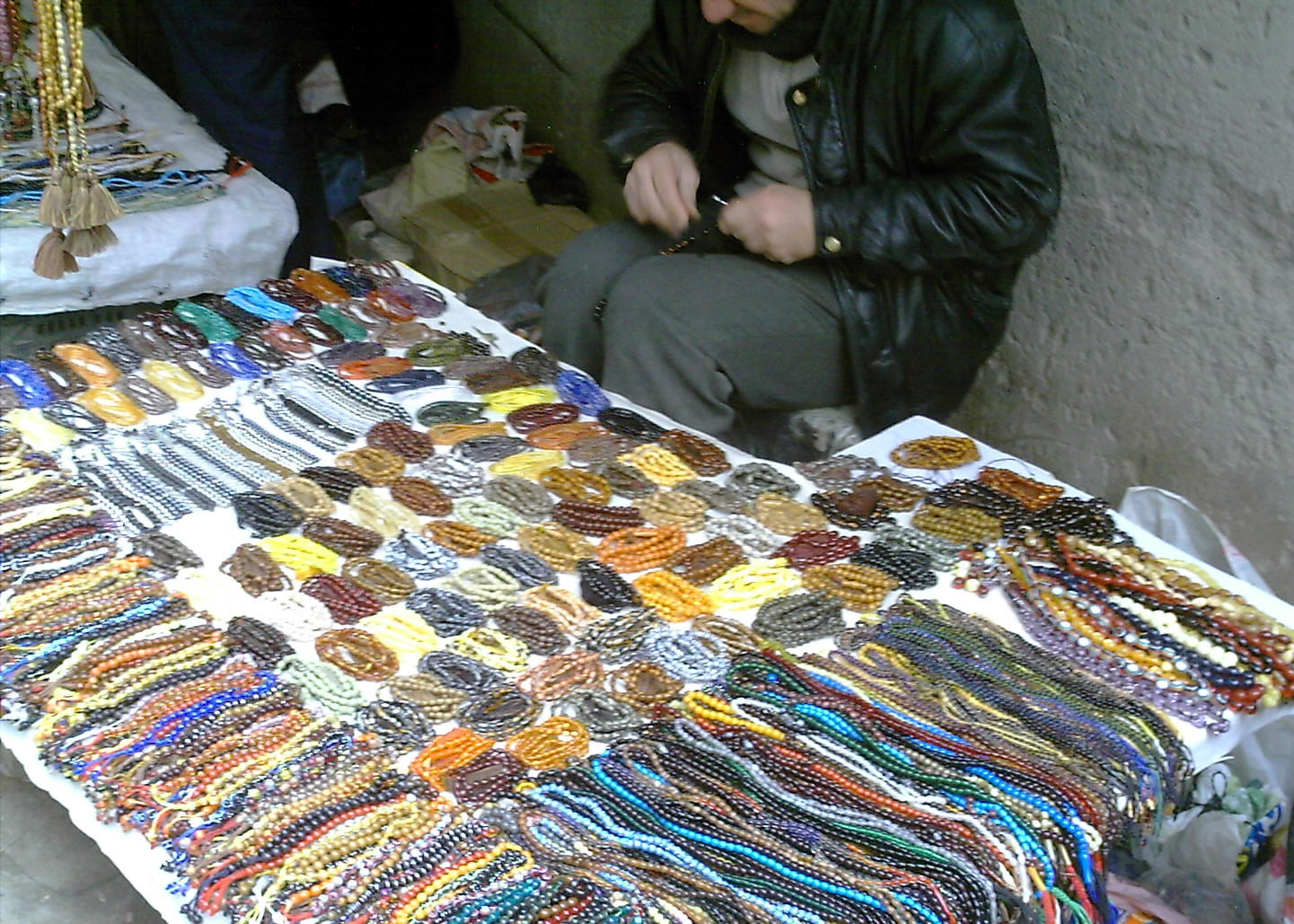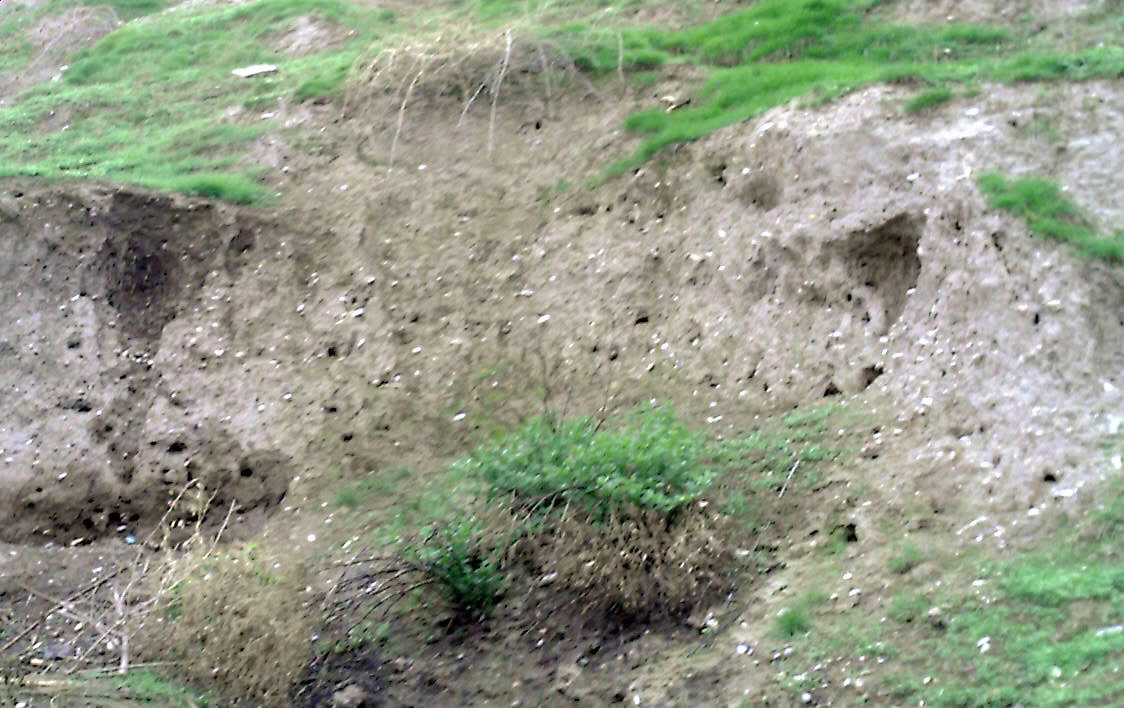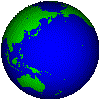



|
Postcards from:
Las Vegas, Nevada USA After
Kurdistan trip
|
Dicey Greetings from
Erbil Iraq in "Kurdistan,"
Also spelled Irbil and Arbil, the Kurds call it
Hawler!
Here in northern Iraq are the three provinces which together form
what is known to the Kurds as Iraqi Kurdistan and to the Iraqi
government as Iraq - Kurdistan Region.
With a snow storm predicted for Monday night in the Mardin area I felt some urgency to get moving on. A single sunny day window in Erbil offered in the weather forecast meant I'd have most of the day following my night time arrival to hotel shop, assuming I could find someplace to sleep that first night in Erbil. Seated across the isle from me, a young mother struggled to calm her year old daughter who incessantly demanded attention between screaming fits and bouts of wailing. To make matters impossible, the young woman in her early twenties periodically became car sick throughout the eleven hour trip. Her husband mostly remained aloof, handing her tissue and plastic barf bags occasionally. Why he never offered to take the kid for a while remained a mystery to me. The poor woman certainly would have welcomed the relief, I'm sure. Scheduled to depart Mardin at 11:30, we actually left closer to noon for the four hour leg to the Iraqi border. The entire trip hugged the Syrian border with armed guards stationed in bunkers every mile or so facing the fence separating the two countries. The bus stopped briefly in Cizre where I witnessed an aggressive taxicab driver's attempt to intimidate a group of bus passengers into using his service to cross the border. I'd read about this scam, but here it was being played out before my eyes. Several people got off the bus and followed the taxi guy over to his vehicle. His pitch included a promise to make the visa process faster and easier for the travelers going to Duhok on the other side and then to take them into the center of the city where the bus didn't go; of course anyone could just hire a waiting cab where the bus paused on the outskirts of Duhok. While only stopped no more than ten minutes there in Cizre, gangs of elementary school boys pestered the passengers who had stepped off the bus to smoke, begging and pushing their shoe shining services on reluctant would be customers relentlessly.
Cizre is about twenty-five
miles from the actual border which we reached an hour later. Part of the
delay must be attributed to the unbelievably long queue of waiting cargo
trucks, sometimes two lanes wide and mostly not moving or creeping at
best. Our bus continued to move in the left lane slowing only
occasionally for an errant truck moving briefly into the lane reserved
for passenger vehicles. At the actual border points buses obviously get
preferential expedited treatment.
(During my
research I came upon this extraordinary
propaganda site maintained by
the Kavkaz Center:
the ultra-radical
destabilizers are
better
organized than I
imagined!)
The new room faced the back
ally with trash piled in clear view and the rest of the
room
suggested the work of an amateur architect:
nothing located where one would expect it to be and lighting designed
for a love nest with furnishing selected by an amateur interior
decorator.
But, the foam mattress proved comfortable enough and the cantankerous
shower the next morning got me clean. The included breakfast in the
mezzanine dining room in this "five star" hotel is insulting - I've had
better in the Hong Kong YMCA. But, now rested and fed more or less, a
new city beckoned and I eagerly departed to start my hike of discovery,
GPS display in hand. My last postcard from Erbil ended with the observation that the 60 meter ring road is a major landmark and demarcates the start of the densely built area of the city. Now my GPS map really came in handy as I repeatedly referred to it to know my present location on spoke and ring roads. With such an early start I ambled around the circular streets slowly working my way toward the center using "spoke" streets from time to time to get ever closer. This is a delightful city to explore on foot if you can navigate by the sun. Watching the time and the direction of the sun you can pretty much know where you are in the circular pattern.
As my main mission this first morning had to be finding a good value place to spend the next week or so, I stopped at many promising hotels only to depart disappointed. None of the affordable places could meet my now elevated minimum standards and the five star houses all were located too far from the central part of the city. Initially paying attention to the star designations posted on hotels, it soon became evident property owners selected any number of stars they felt might attract new guests without any relation to the quality of their house! A better indicator of value from the outside is the level of obvious attention to maintenance practiced by owners and the age and quality of construction. I had seen many favorable references to the Erbil International Hotel and planned to check it out. Back in 2003 around the time the UN mandated "no fly zone" began protecting the three three predominantly Kurdish northern provinces the Sheraton Hotel owners decided to exit this risky market and sold the property to an organization who renamed it the International. Now surrounded by a twelve foot high blast wall of thick concrete slabs all positioned at least a hundred feet from the hotel structure itself, the Erbil International is clearly a well protected deluxe property. Several security guards armed with automatic weapons scrutinized everyone wanting entry into the grounds behind the high walls and several "guns prohibited" signs marked the walk up to the hotel building itself. Inside the marble floors and walls, I blanched at the $220 rack rate and even the more realistic $176 offered to all walk-in guests. Spending that much for lodging would mean a considerably shorter stay in Iraq than planned. So, I continued looking that first day. By the afternoon it became clear I'd need to bite the bullet and fork over nearly $200 each night for a place to camp out for a few days and then make an early retreat out of the capital city to somewhere more affordable. BTW, this is the low winter season; during the high season with more pleasant weather, guests can expect to see most hotel rates double! When later that day I finally returned to register, hang dog expression firmly contrived, a friendly female receptionist and I played the negotiation game, finally settling on a "rock bottom" offer of only $156 authorized by her boss for this elderly charity case. I prepaid for two nights thinking I'd use the time to plan my next leg, or possibly locate something more affordable in the mean time.
The second
evening in the hotel, Tuesday I
met Anwar Dawood, another of the reception staff, but one who
spoke pretty good English and who obviously enjoyed telling me about the city and
its attractions... and leading me to decide to stay at least a third night even at
the unaffordable rate I'd be paying. When I confessed my pecuniary limitations and casually
asked if there might be any possibility of a further reduced room rate he shrugged and said
he didn't know.
I had a relaxed walk back to the Hotel Erbil International, pausing now and then to admire the local color and upon arriving had another chat with that very helpful, English speaking receptionist, Anwar Dawood. We discussed my disappointment with all the expensive hotels I had investigated, how even the Erbil Towers failed to meet my minimum requirements and that I would need to start thinking about an early departure from Erbil. I quizzed him again on the possibility of an even lower room rate without much hope of a positive answer. To my surprise he indicted he would look into it, but could make no promises... naturally. A short time later back in my room working on moving new photos into the website I received a call from him to the effect the general manager, Mr. Hilal had agreed to extend a $110 rate for the remainder of my stay through the Christmas holidays. Oh Joy! I could now plan to stay for the rest of my visa period in this comfortable five star hotel with its scrumptious breakfast buffet and get some work done on the flawless Internet connections available in both the business center and with WiFi. Later that day with the lodging problem solved, I went out to a small eatery, the Chrakhan Restaurant favored by a bunch of Kurdish military brass and several city policemen about two blocks from the hotel. Well armed personal security military guards wearing bulletproof vests kept an eye on things from their posts outside the restaurant while the generals ate. All of these fellows chain smoked cigarettes despite the "No Smoking" signs posted on the wall directly in front of them. I had a fabulous dinner of lamb kabobs, deeply orange juice marinated carrots, slightly spicy humus, huge piles of chewy flat bread, several salads and tea. Total price? 5,000 dinar! or about $4.30. In America it is not uncommon to end a meal with an after dinner mint. In this part of the world a glass of sweet tea is common and I have learned to like it. After that filling lunch I visited the bakery I'd seen earlier next door and selected a half dozen chocolate cookies for an evening snack and when I tried to pay, the owner said "no pay, free samples." All in all Wednesday was a very good day... until I returned to my room late that afternoon and discovered it had not been serviced. A quick visit to reception fixed that promptly while I went out for yet another circumambulation of the hotel block. But... on returning to the hotel I discovered the card key failed, finally working after six insertions... only significant because the card key again failed twice the next day, requiring reprogramming with trips down to the reception desk both times. Adding insult to injury, that same day both soiled bath towels left over the tub edge the previous two days had been refolded and placed on the towel rack like clean towels. Perhaps just coincidences I thought, but the irritations continued. Starting Friday the complimentary bottle of water never arrived and that is a serious health problem in a hotel where the water from the bathroom tap is dirty and the hotel offers no pot for boiling water! Friday is also the day I discovered my netbook computer being hacked - debugging I found I had neglected to check the "Don't allow exceptions" box in the firewall setup allowing hackers in, which I immediately fixed. Then Saturday, again no water appeared; another trip to the reception desk and later that afternoon two bottles arrived delivered by a surly room service waiter. All of these aggravations might have been overlooked considering the 50% discount the General Manager had extended, but on top of all the little annoyances I became aware of less subtle unwelcoming staff behavior. I'm going to speculate some of the staff accustomed to serving well healed big tipper business guests, considered serving anyone without a coat and tie traveling on a tourist budget beneath them. Whether that is true or not, some of the staff definitely gave me that impression. Over the past thirty years I have stayed in well over a thousand different hotels, many of them deluxe and know most try to make every guest feel like a VIP. Some of the staff at this one did not. Sunday provided the final insult. Because the Internet connectivity has been very good, I have been doing a lot of work using both my equipment and the terminals in the Business Center (Access being free according to the receptionist when I checked in, with no distinction between WiFi and Business Center use). That evening when I left the Business Center after a 45 minute session the woman watching things (and a male boss?) interrupted my departure with the announcement: "Computer use isn't free." and presented me with a bill for 5,000 dinars or about $4.25 for my 45 minutes of use. When I protested and confessed to having been using the terminal for extended periods almost everyday for the past week under the impression it was free (and noticing other guests doing the same!) she said "for a few minutes to check email there is no charge, but longer sessions are not free." Following that encounter my entire impression of the Erbil International turned cold and I longed to be gone. All of my wandering around Erbil has had the Citadel as a focus. As it is the center of the city, it is hard to ever be very far from it. The focus of community life is a sparkling plaza at the base of the south entrance to the Citadel full of fountains which must be refreshingly cool in the summer time. The crumbling ruins of the structures built on the mound above are undergoing a major restoration program. People, including old men in their baggy trousers called shalvar, walk the park pathways and enjoy conversations in one of the many little cafes around the periphery while smoking hookahs, playing chess, negotiating clothing purchases, comparing the qualities of each others prayer beads and just loitering... like me.
Much of the city is still bare dirt
so the slightest breeze leads to a virtual dust storm. Where pavement
has been laid down, there is a good chance parts of it have been torn up
for utility lines into the new buildings being built. With all the dust, people are
constantly hosing down the pavement around their shops. It is unlikely
to walk a block without having to dodge the mud puddles created by so
many people's cleaning efforts. Scrub brushes and squeegees with long
handles are used on the marble walkways so abundant in the downtown
area. There are a surprising number of Christians here. Anwar in reception says he is an Assyrian Catholic. As I have run into many Christians working in the hotels visited, I joked with him that the international hotels seem to be the only place Christians could get jobs in this predominantly Muslim country. To this he noted his female coworker standing next to him is Muslim. When I have learned someone is Muslim I always ask: "Sunni or Shi'a?" To my repeated surprise, all have answered "neither" and then proceeded to name some other unfamiliar tradition such as the Yezidis (hour long 2 part YouTube video). Yezidis is a distinct version of Islam with apparently no relationship to either of the two main branches or Sufism and it is a common form of Islam practiced by the Kurds in Iraq and something intimately connected with their unique identity according to some articles. My subsequent research has led to conflicting information about the religious practices of the Kurds living in greater Kurdistan. For example, see: Ref1, Ref2, Ref3, Ref4. Apparently political correctness varies from one region to another and controversial information obscures the difficult to assess reality. The many mosques appear architecturally similar to those in Turkey, but the calls to prayer do sound somewhat different to my untrained ear, and only occur three times a day like the Shi'a. These people have an amazingly rich cultural history, of which I have learned only a smattering. Defensive driving is obviously not taught in this part of the world. Drivers race up to any obstacle, including pedestrians stopping inches short of a collision, horns blaring. Everyone seems to be in a hurry, racing around corners without regard to the possibility of something blocking the way around the turn. Gasoline costs hover around four dollars per gallon in this oil rich part of the country, about half that in neighboring Turkey, providing a big incentive for smugglers. Gas stations have an unusual layout with pumps located around the periphery of a "parking lot" rather than in islands like most other places in the world. Taxis are commonly used by visitor and resident alike; most rides around town costing about 3 dollars, so I am told as I rarely use them. When I asked about public transportation out to the airport five miles from the center everyone insisted the only way to get there would be by taxi. As far as I'm concerned, them's fighting words, so one day I started the five mile hike from the hotel to the airport passenger terminal checking for buses along the route. Sure enough, there is no public transportation that goes all the way there and even trying to walk into the terminal from the adjacent highway proved problematic. Stopped five times by security people wanting to know what I was doing on foot on this road so obviously meant for vehicles, they finally flagged one of the passing cars and commandeered a ride for the last couple blocks.
Leaving also caused a
similar commotion and again one of the guards had a passing truck pick
me up for the mile ride out to the highway. Security around the airport
is excruciatingly tight, with well armed military police stationed
within sight of one another. The airport terminal building itself is
overstated minimalism.
The location of the Erbil International Hotel is probably of more interest to tourists than the business travelers who are the hotel's primary clientele. During my first morning in the hotel solemn faces and starched shirts added a seriousness to all the suits gathered around breakfast tables full of ashtrays doing more negotiating than eating. On the way to refill my coffee cup I passed one table full of Texas oilmen and overheard them delivering a pitch for their services with an unmistakable Texan drawl. At another table some Middle Eastern businessmen discussed a document with much nodding and pointing. The few elaborately dressed women in the dining room for the most part sat silently next to their men so preoccupied with important business matters. I saw very few guests likely to have been tourists during my entire eight days stay, not more than a dozen and later more obvious since the coats and ties pretty much disappeared for the holidays. The up side of so few guests is that inclined staff had more time for my annoying questions. Several people working at the Reception desk and Guest Relations desk probably have never been asked so many questions about their city, the unique aspects of Kurdish religious practices or transportation options. Through it all they remained friendly and helpful. My review of experiences at the Erbil International Hotel could have been much more complimentary given the luxurious, though now aging facilities, the manageable special rate authorized by the General Manager, the excellent location a few blocks south of the Citadel mound and the extraordinarily helpful Reception and Guest Relations staff. Problems with the business center, housekeeping and complementary amenities plus all the oblivious smokers encouraged by the hotel with ashtrays on dining room tables marred an otherwise pleasant stay. With no other viable hotel choices found in the city it looked like a good time to explore other parts of northern Iraq. I'd read in one blog that Dohuk, a small town some three hours north of Erbil and that much closer to the Turkish border might be an interesting place to spend a few days. So, abruptly Monday morning after breakfast I checked out of the hotel and started walking toward the Best Van Tur bus agent office where I'd previously determined the best service back to Turkey would start sometime before noon... and that the same bus could take me to Dohuk. As Dohuk is only about twenty-five miles from the Turkish border it seemed like a good choice for more time in Iraq before my fifteen day visa expired. "Two seats, side by side for Dohuk." I gestured and paid my thirty thousand dinars. With tickets in hand I began the inquisition regarding onward travel to Mardin or Urfa in Turkey when I got ready to leave Dohuk. "No bus. Taxi." The clipped responses soon made it clear the only way out of Dohuk across the border would be by taxi and that on the other side in Silopi Turkey there would be no big bus connections to the west either! Without a doubt, much critical information got lost in the mangled use of each other's languages and gestures, but one thing became clear: the Dohuk option carried more risks than I felt comfortable taking. So, I persuaded the ticket agent to refund my Dohuk tickets and sell me a pair for the Urfa bus leaving almost immediately. Each ticket to Urfa is $55 so I paid a total of $110 for my two seats. This time there was no double booking or confusion about passenger's assigned seat conflicts. (I had to recall the advice Media at the hotel Guest Relations desk had offered: "My friend says the Best Van Tur company actually has the best service of the several companies going to Turkey.") With a full battery I watched our progress using the GPS feature on my Galaxy Note "phone." For all practical purposes the return trip in daylight retraced the same detour route used by our arrival bus at night nine days earlier, skirting Mosul by a wide margin. However, there were no reports of bombs being set off during our passage out of the country like there were when we arrived after dark. Exit visas from Iraq proceeded much like the entry process, but without the tea. The bus conductor collected our passports and took them in to the immigration officials who handed them back to those of us waiting. The room full of other anxious groups also waiting for their passports vacillated between bedlam and eerie quiet as buses and other groups came and went. When my passport finally appeared I grabbed it and wandered in the dark back toward where I thought our waiting bus would be more than a block behind buildings and gates. But, I found it and settled down waiting for what I expected would be a perfunctory Turkish immigration and customs formality. That's when our trip across the border had its moments of excitement. The bus company staff got caught smuggling a large container of illegal Iraqi gasoline in the bowels of the cargo compartment of the bus by the Turkish custom officials. Jalal, a Kurdish student doing graduate work in a university near Urfa who spoke several local languages as well as English overheard the drivers speaking among themselves and learned of the smuggling fiasco and its consequences. First, the bus company pays a fine equal to more than the value of the smuggled fuel which is confiscated. Next, the bus is held in quarantine for more than an hour, thus delaying its schedule. Third, a punitive search of of the bus and everything on it including second searches of passenger luggage followed by two more lengthy passport checks for everyone. Finally, a third search of passenger luggage using an x-ray machine followed by an intrusive search of every "suspicious" bag... including mine, though less intrusive than some others. Many passengers lugged enormous oversize suitcases full of various things purchased in Iraq and most of these seemed to pass the customs inspection. But, one guy had packed three bottles of expensive perfume more than the legal limit and these were summarily confiscated as I watched on while repacking my my own mess created by the rushed customs agents. I don't know how much gasoline the bus guys tried to hide, but the most "profit" they would have been able to realize from their booty would have been about $5/gallon ($8-10 per gallon in Turkey verses $4-5 in Iraq)! So, a fifty gallon drum would have netted only about $250 for the caper. I have heard that such activities go on all the time with bribes persuading government officials to look the other way. In this case the customs officials apparently were incorruptible, but I speculate. After an interesting two hours cooling our heels at the border we finally entered Turkey and the rest of the trip through the night to Urfa proceeded without incident, arriving at about 8AM Christmas morning. I plan to hang out around here for a week or two to work on the website and make plans for the next leg of my adventure. More when there is a new tale to tell.
Peace, Fred L Bellomy PS: The full collection of 165 photos is now available for a slide show at Shutterfly here.
|
|
